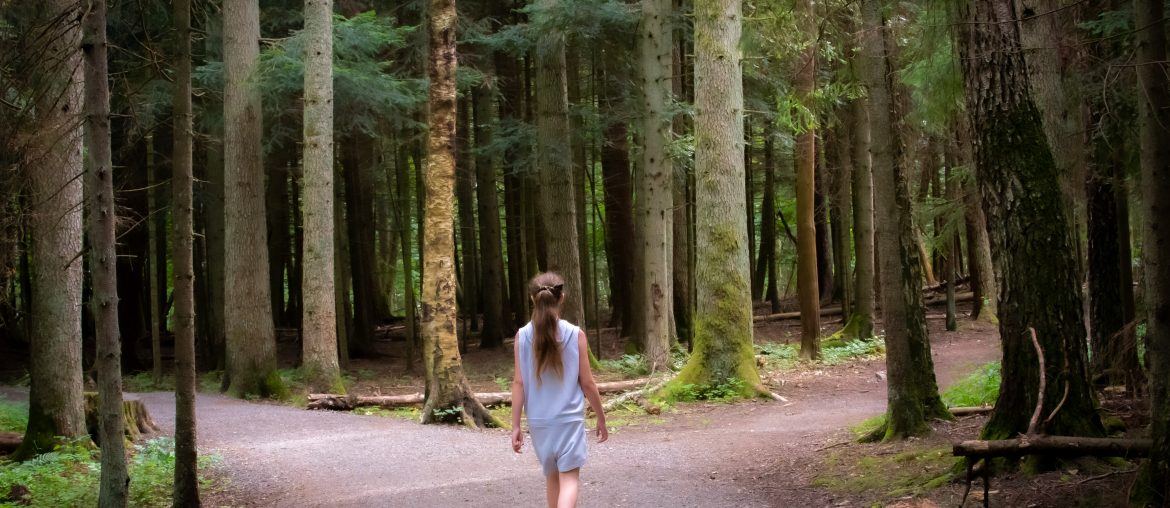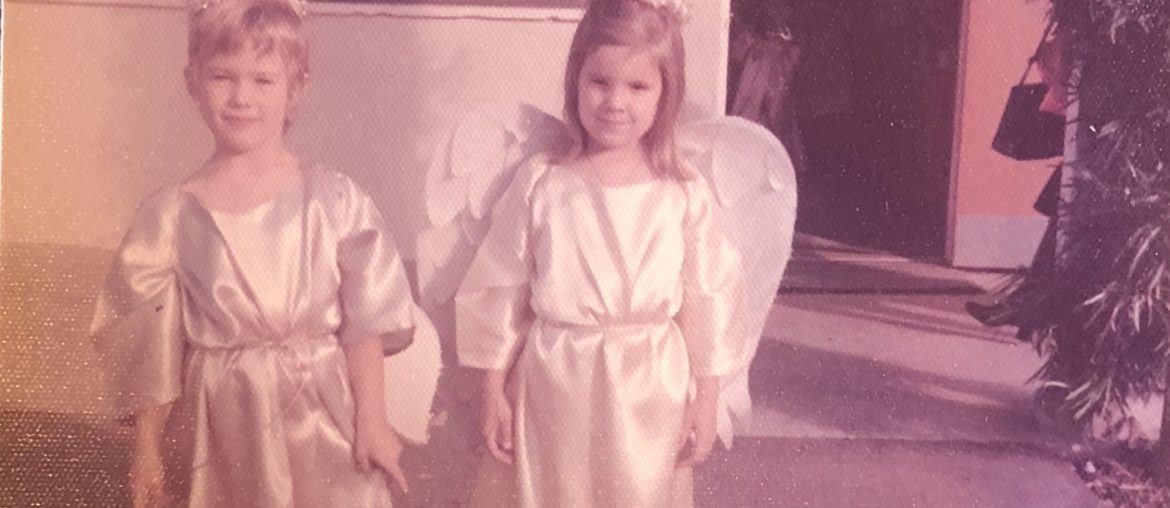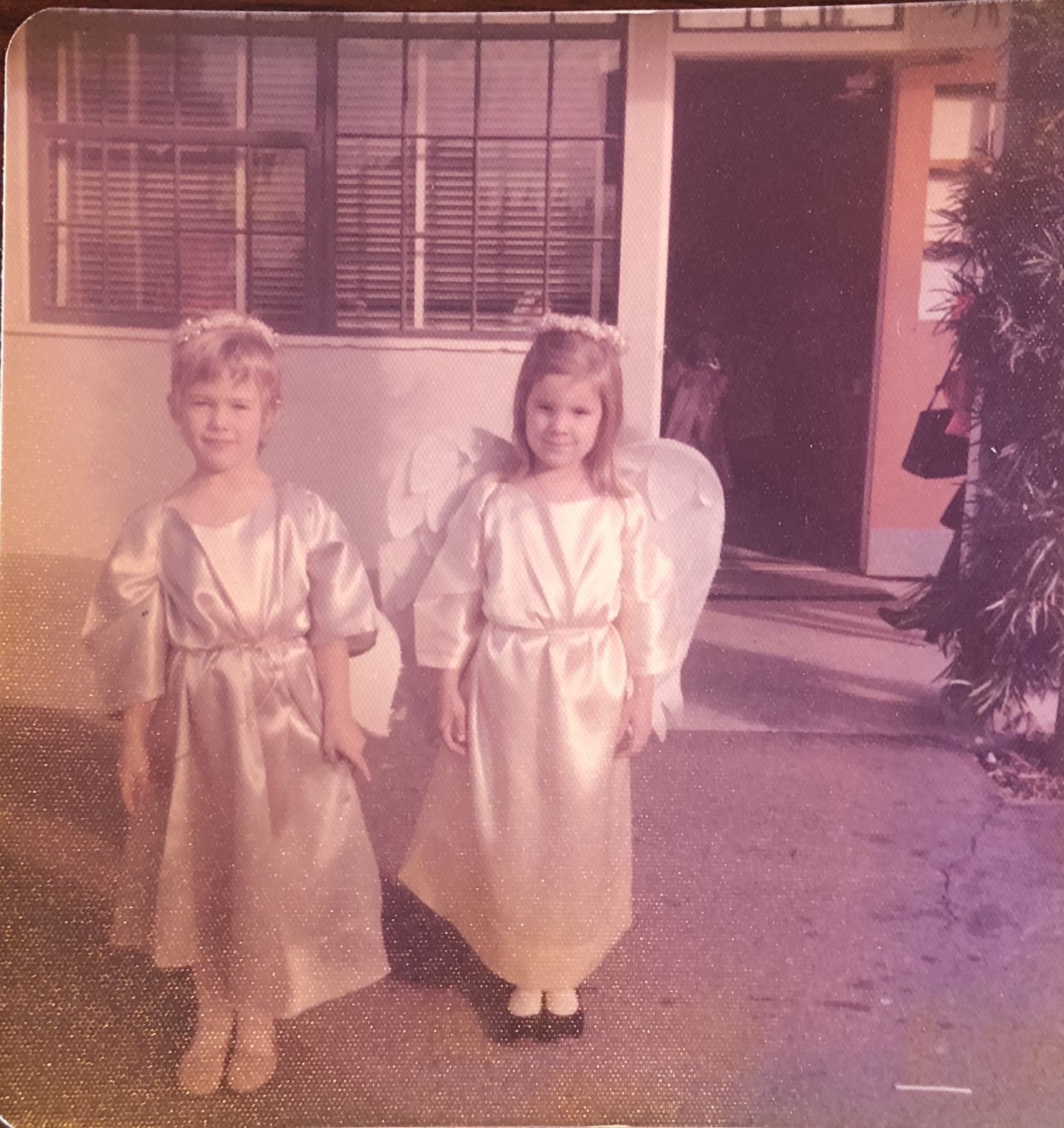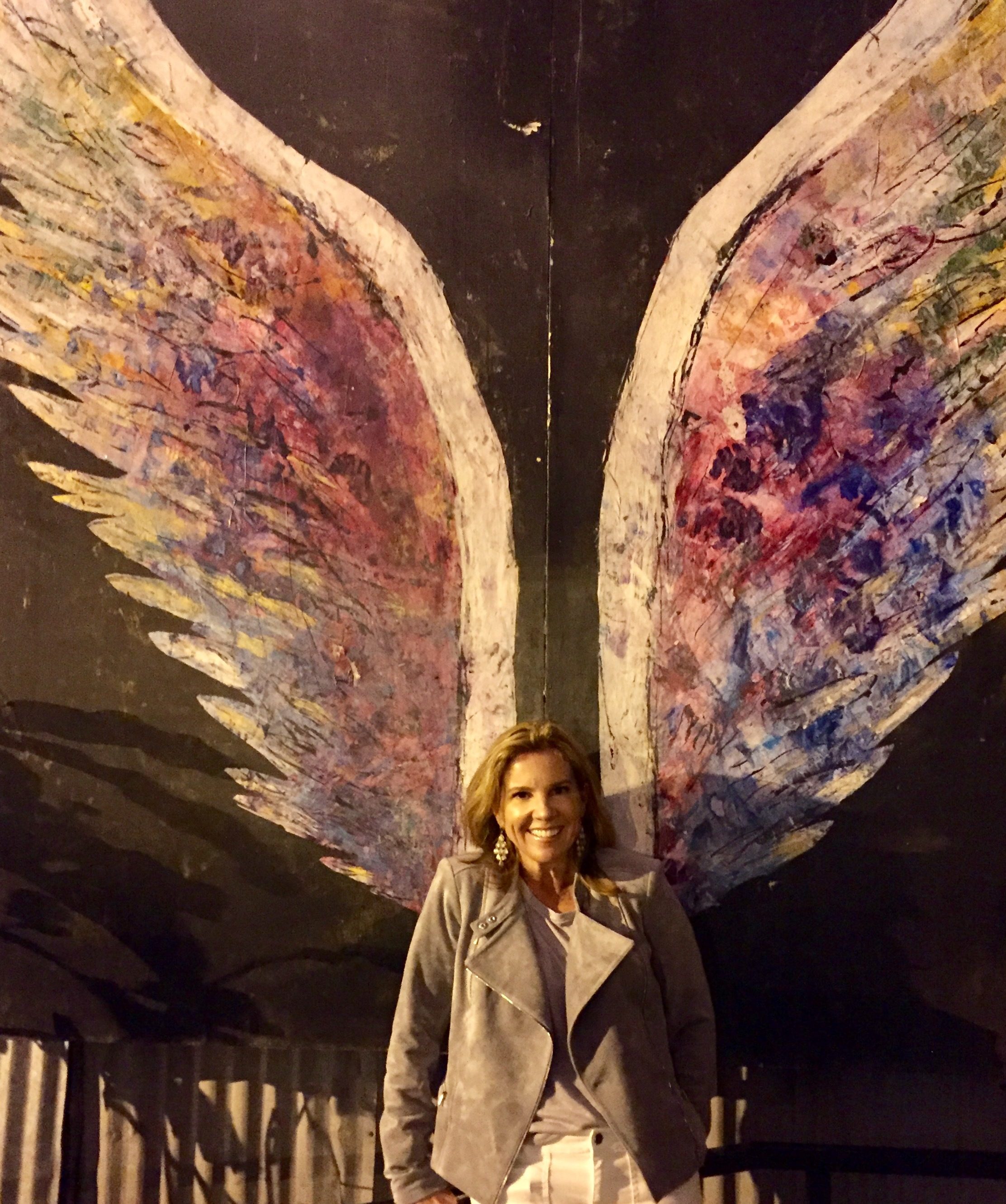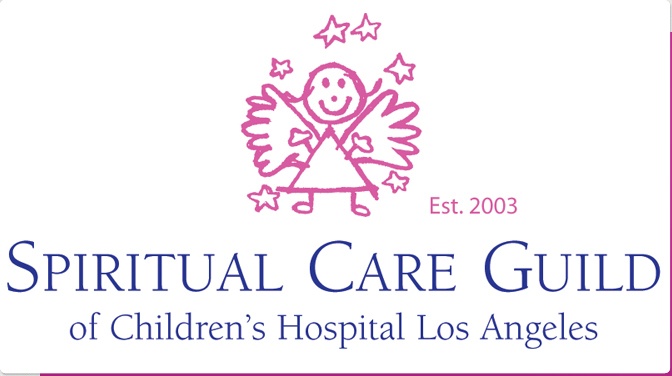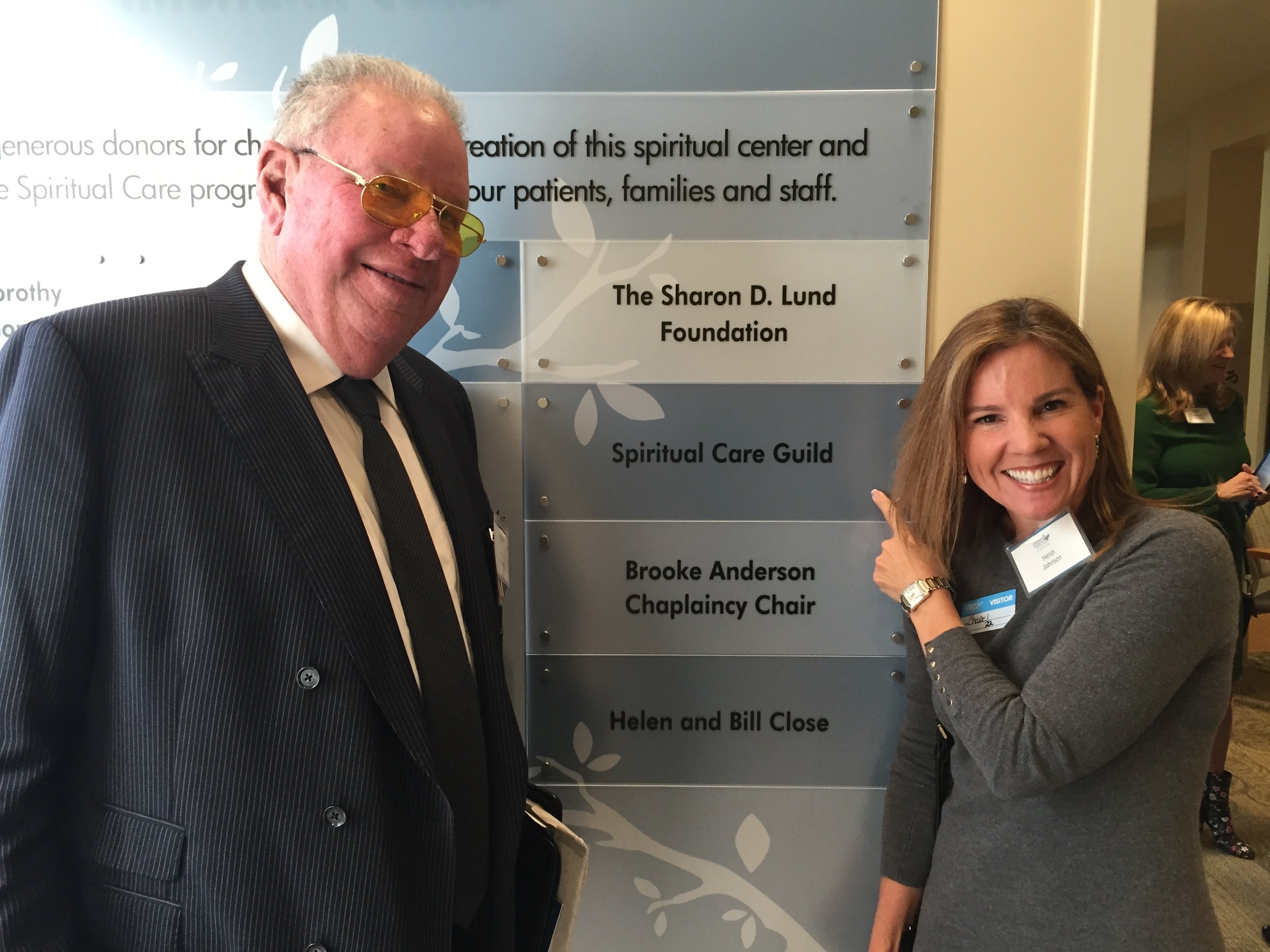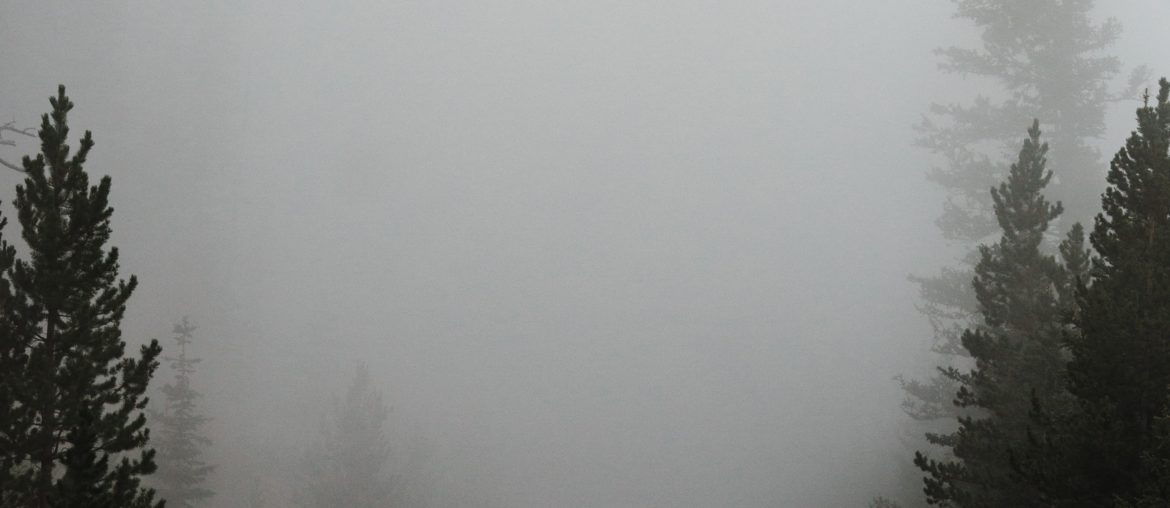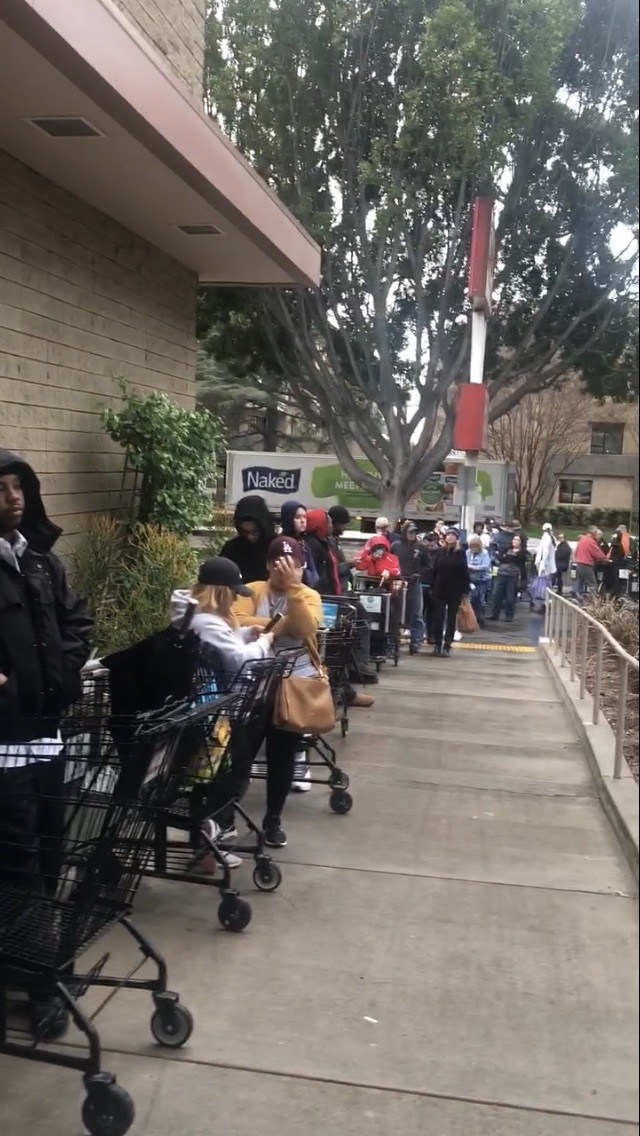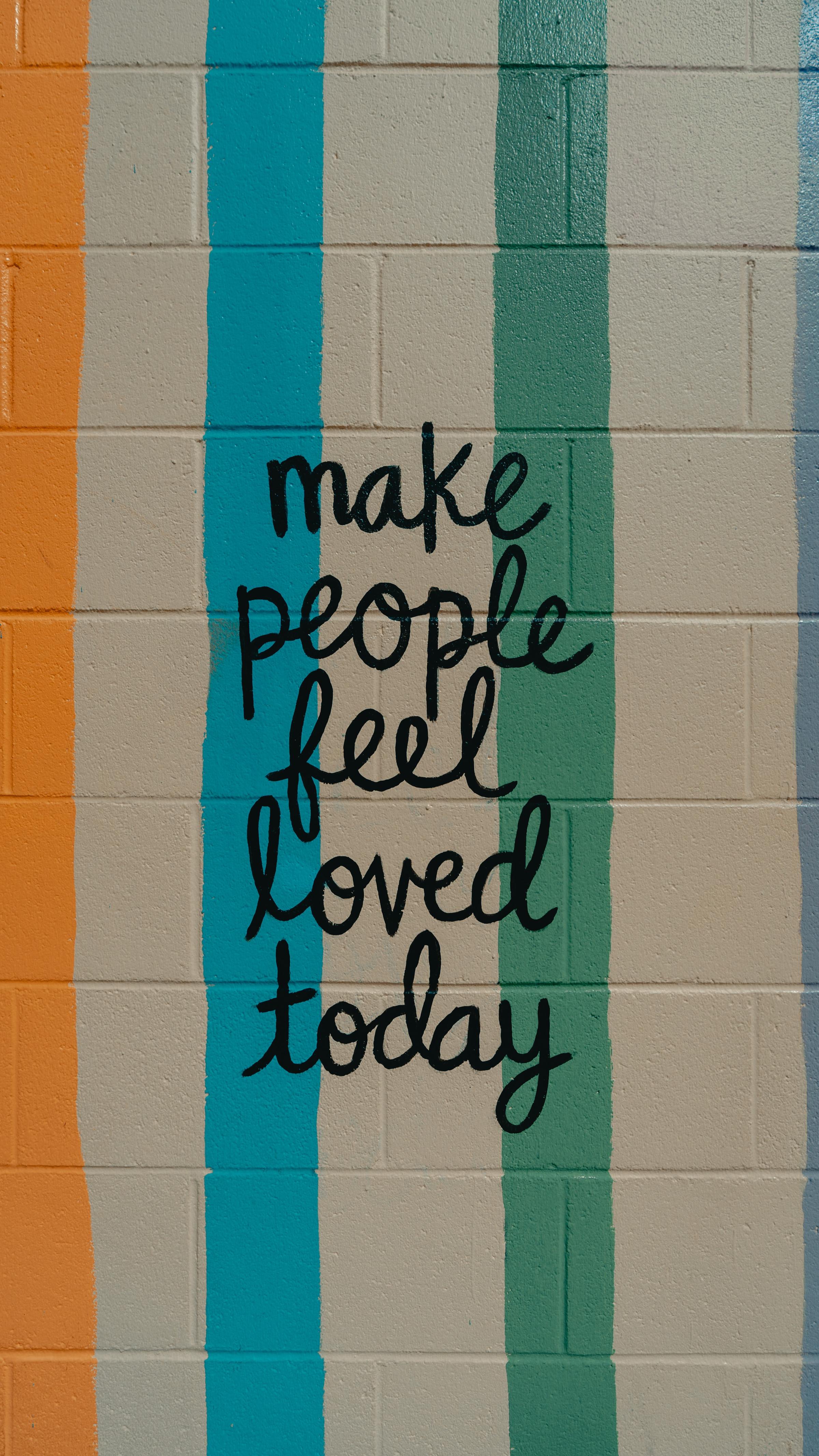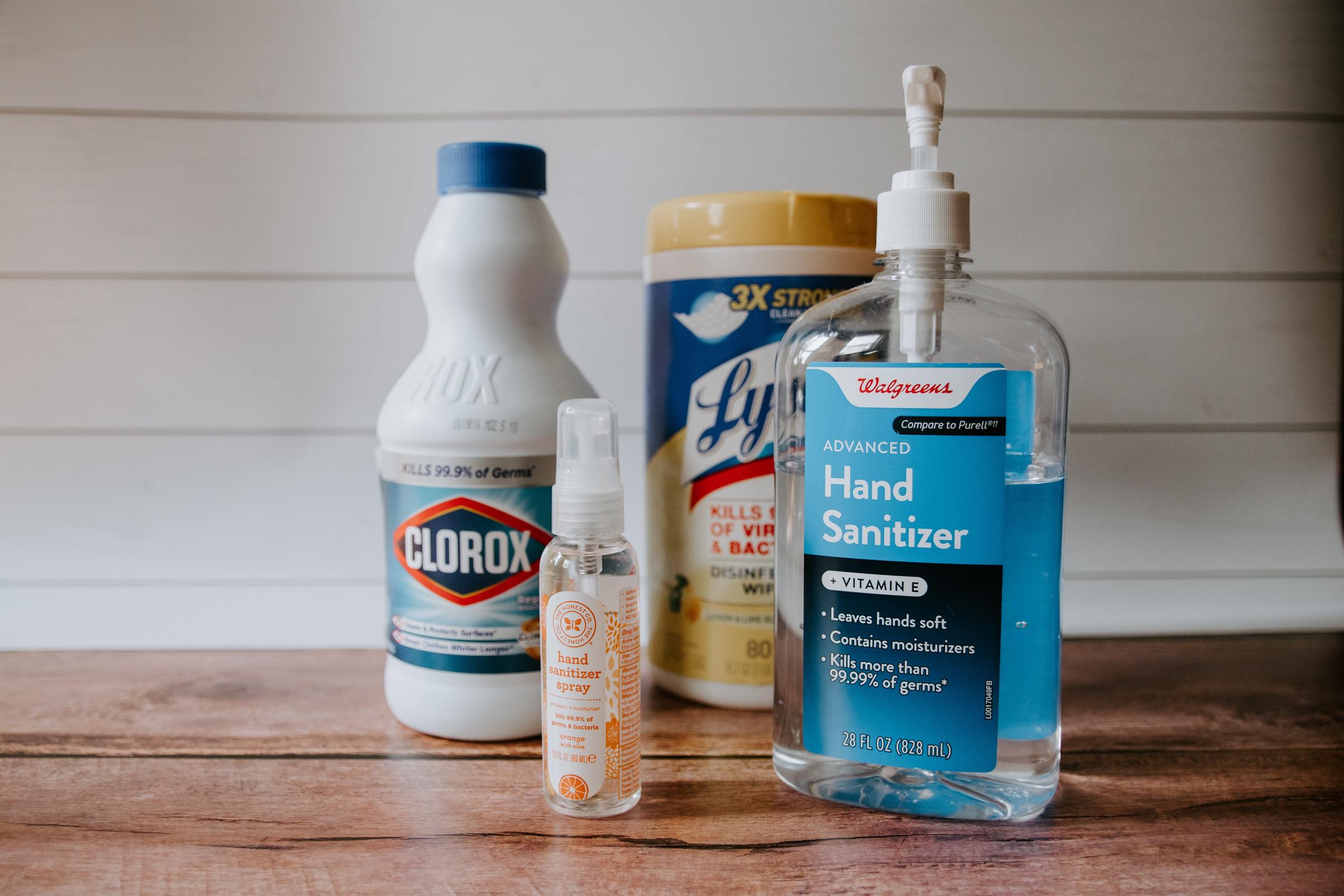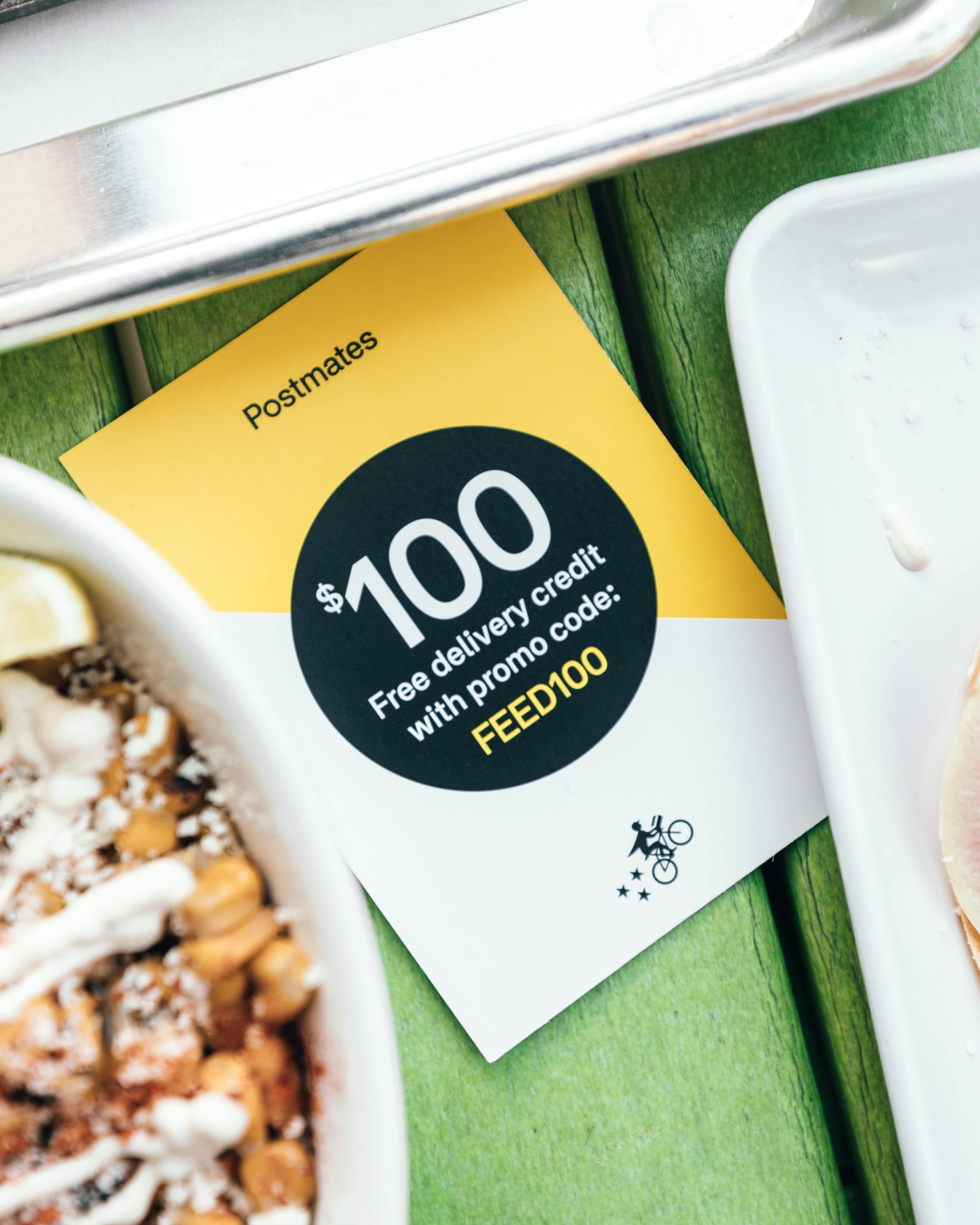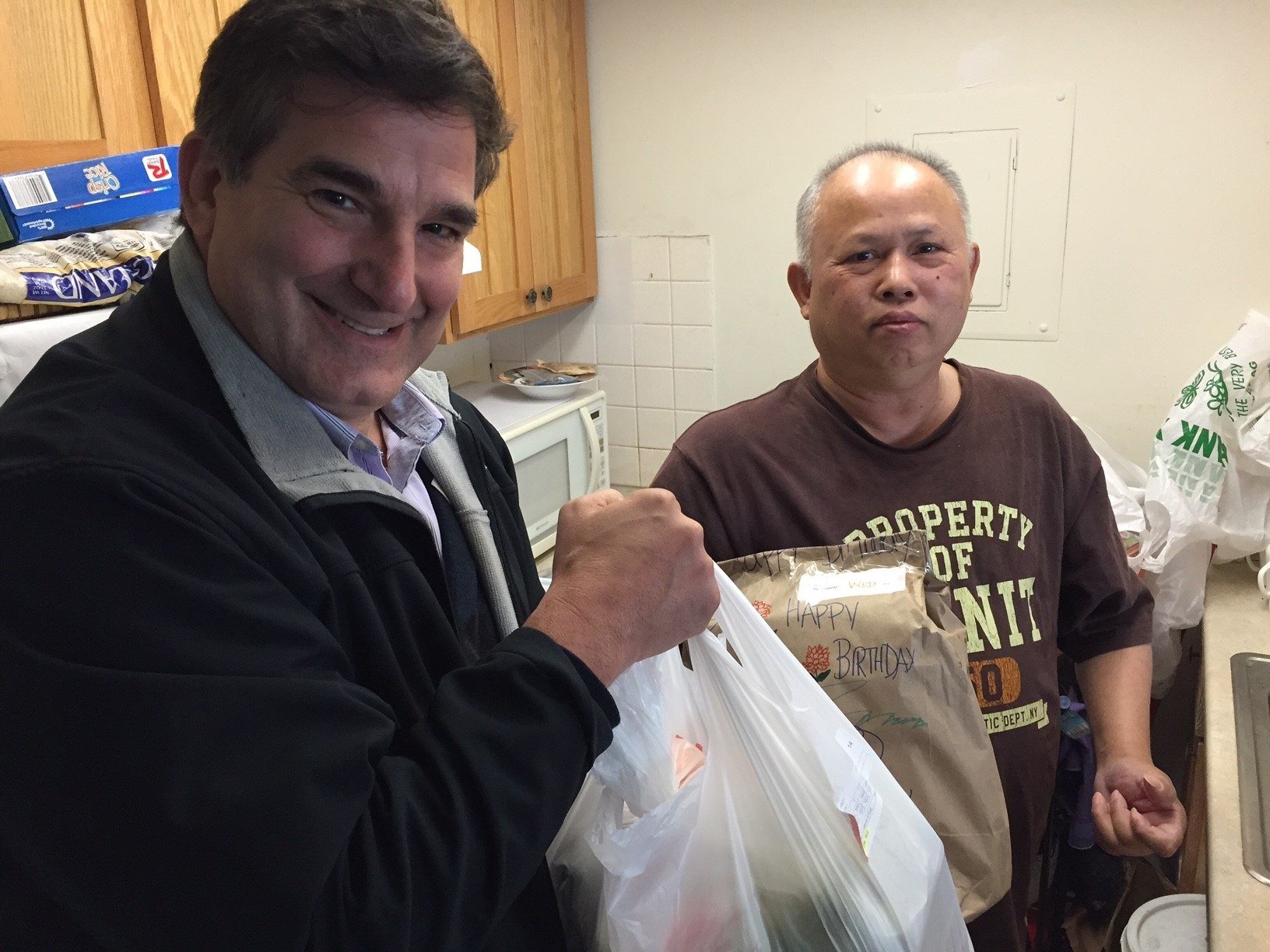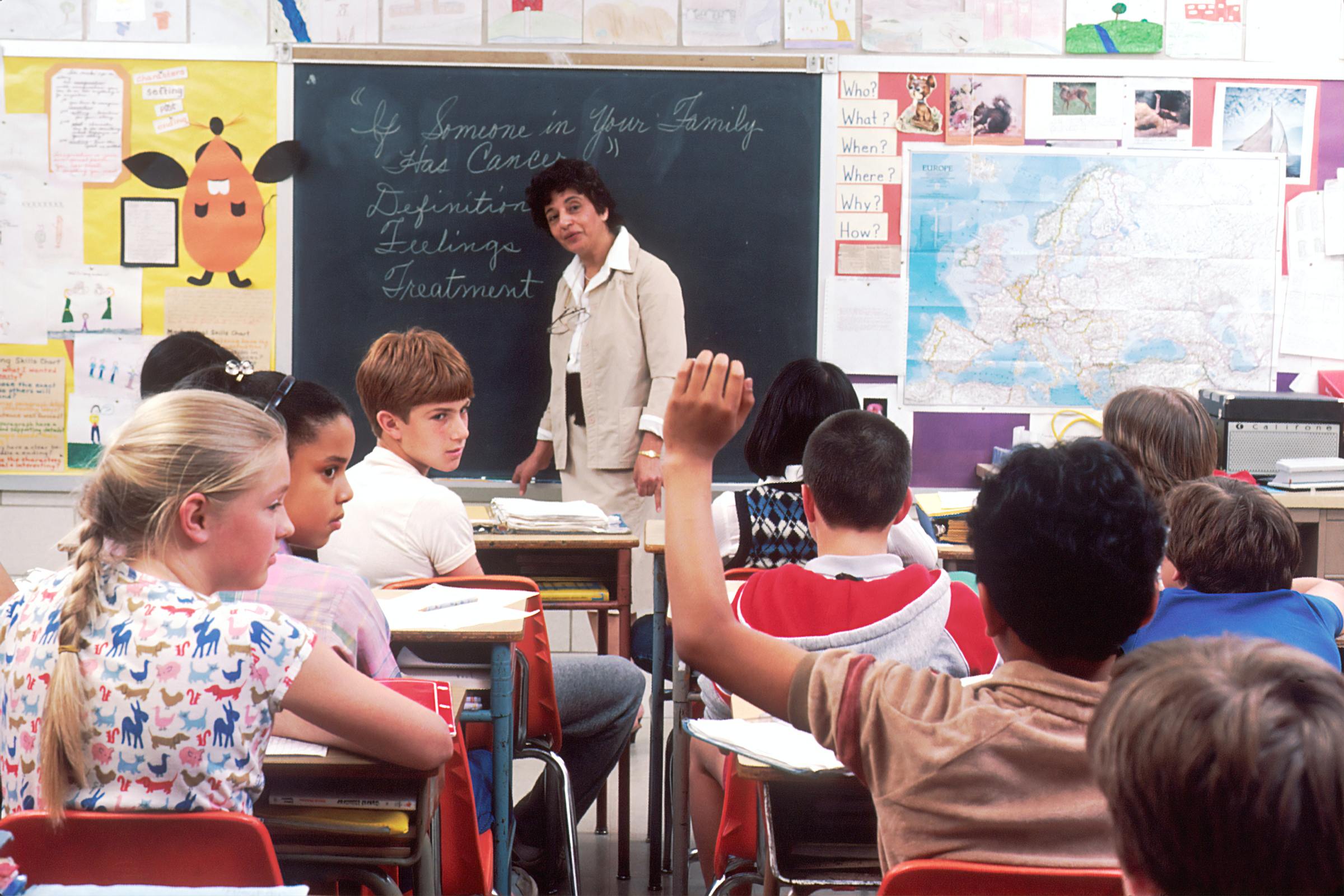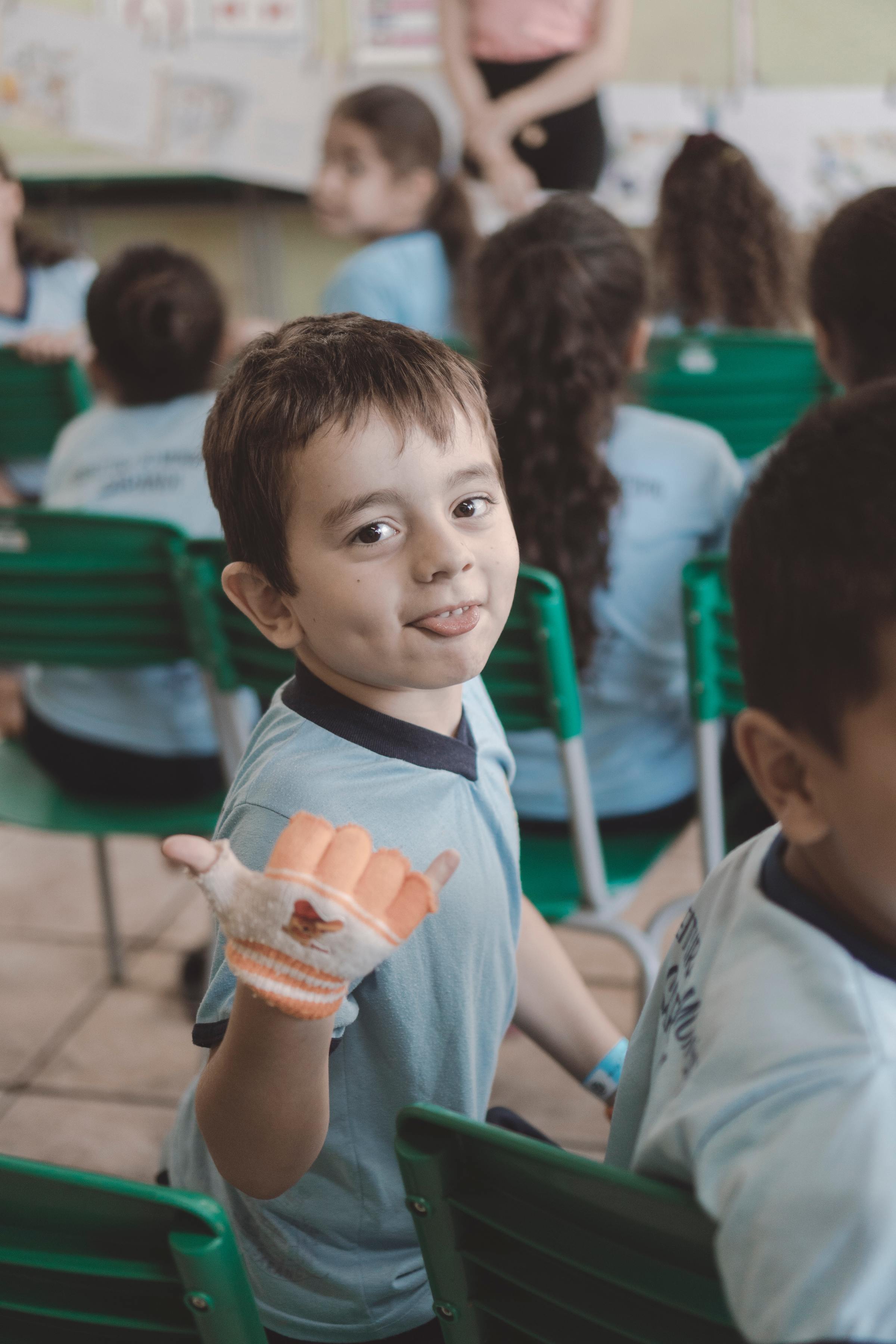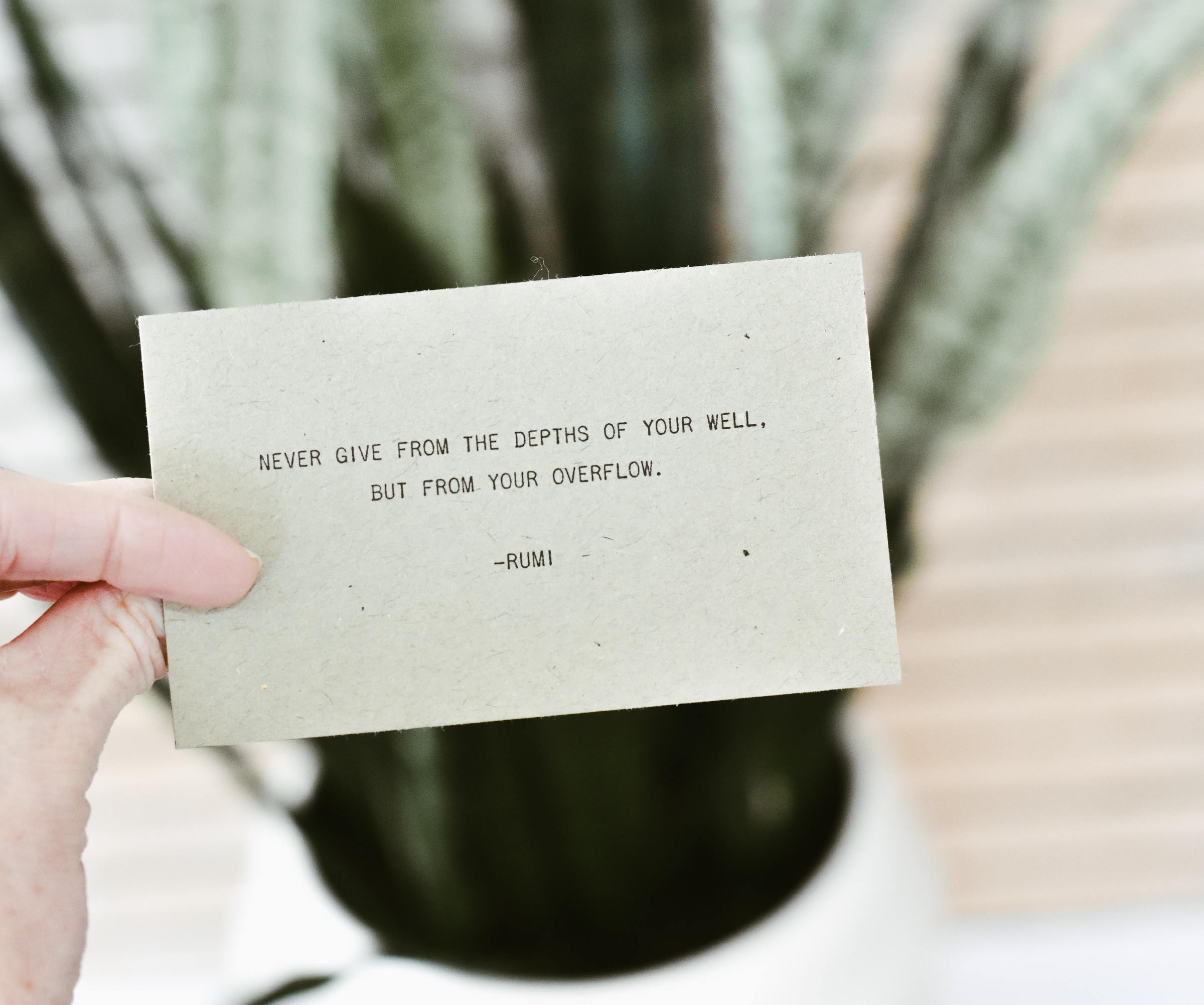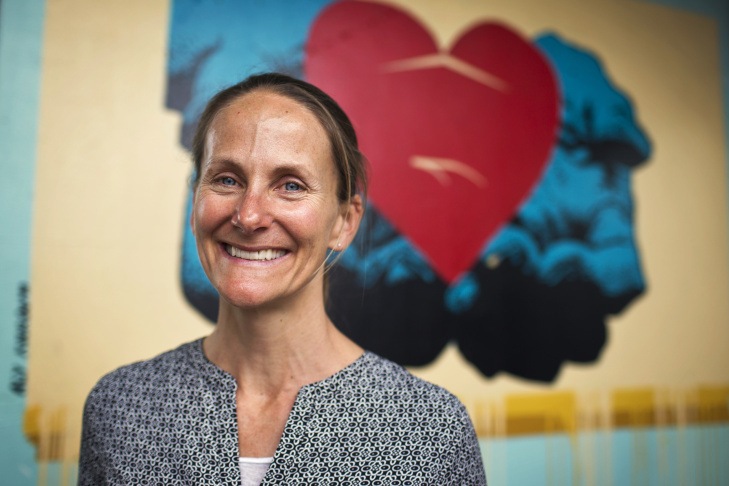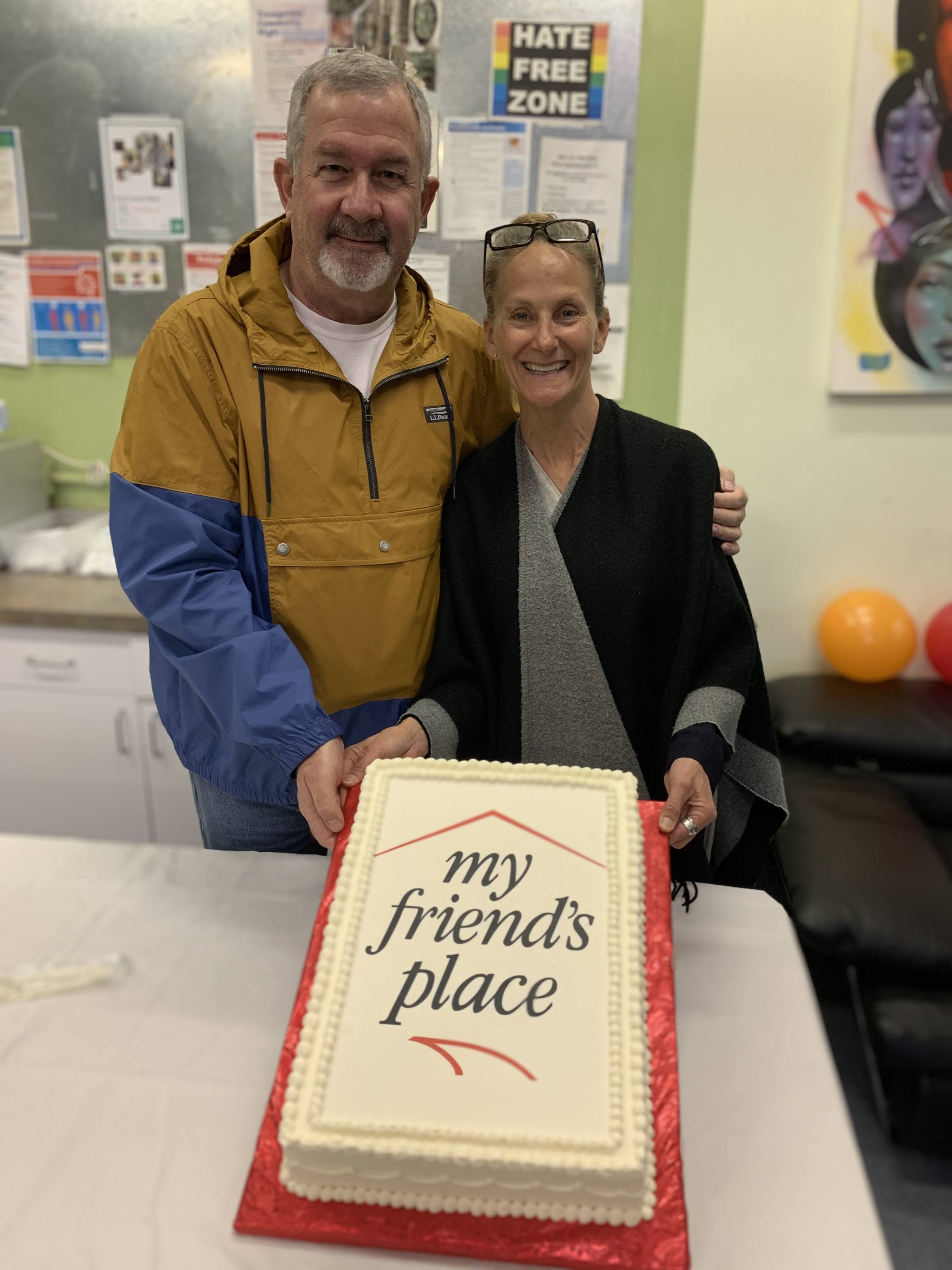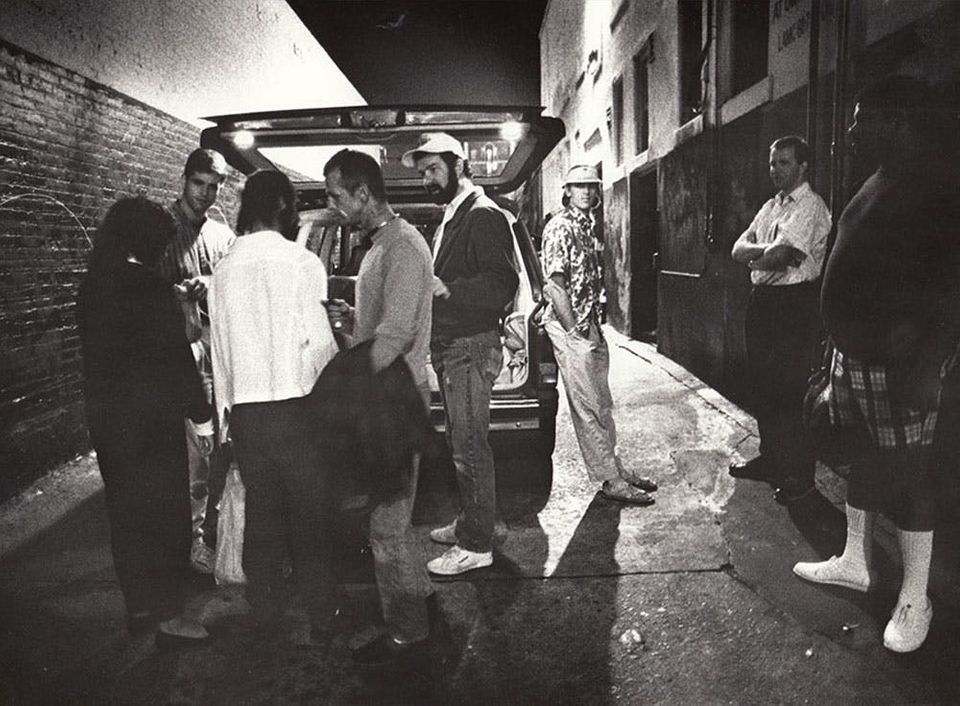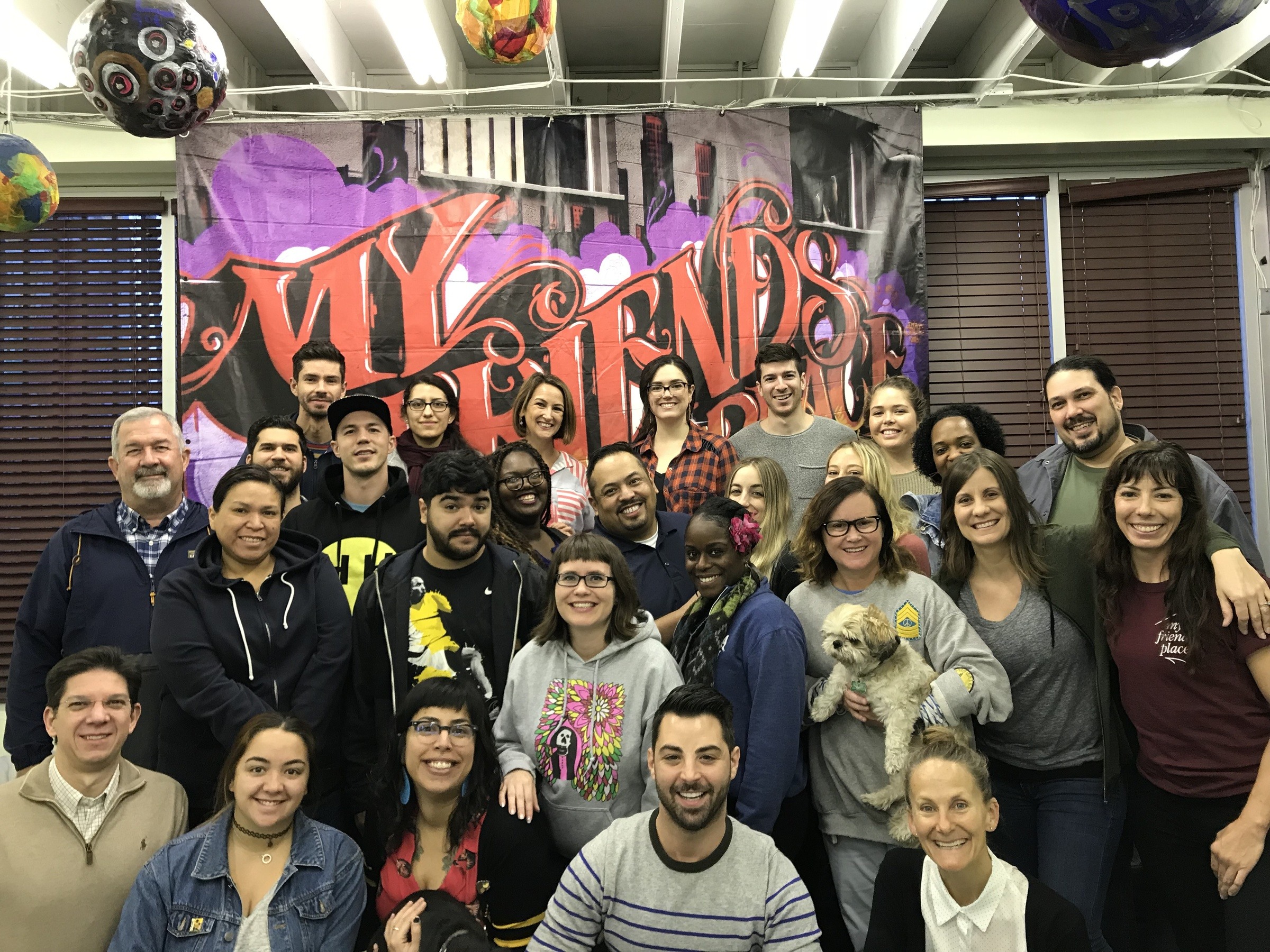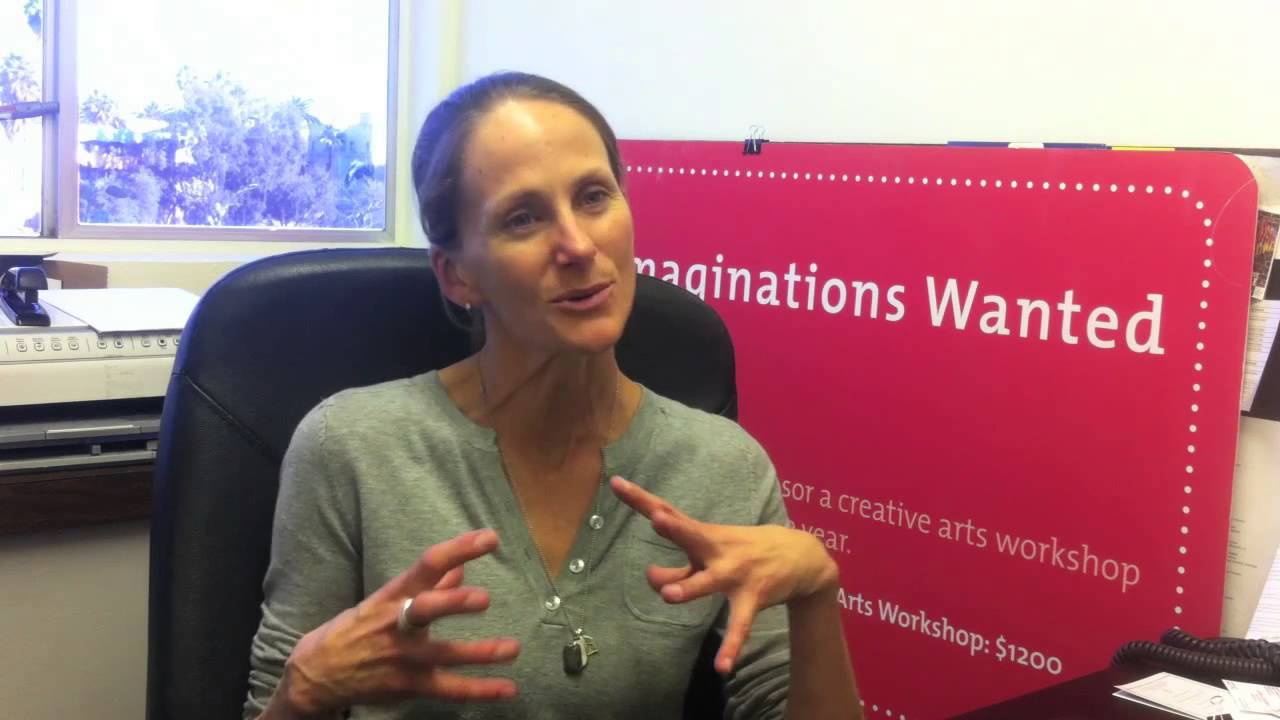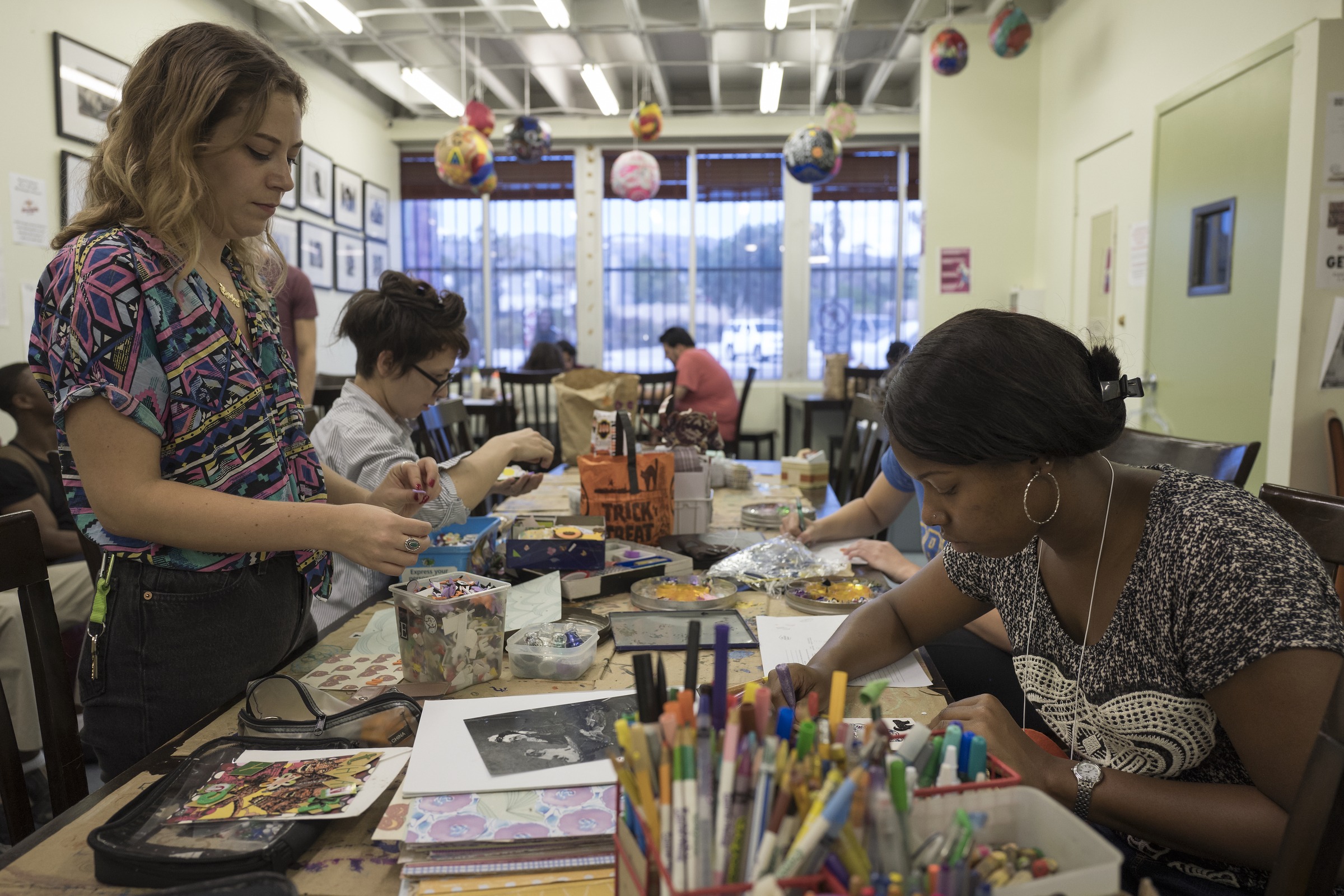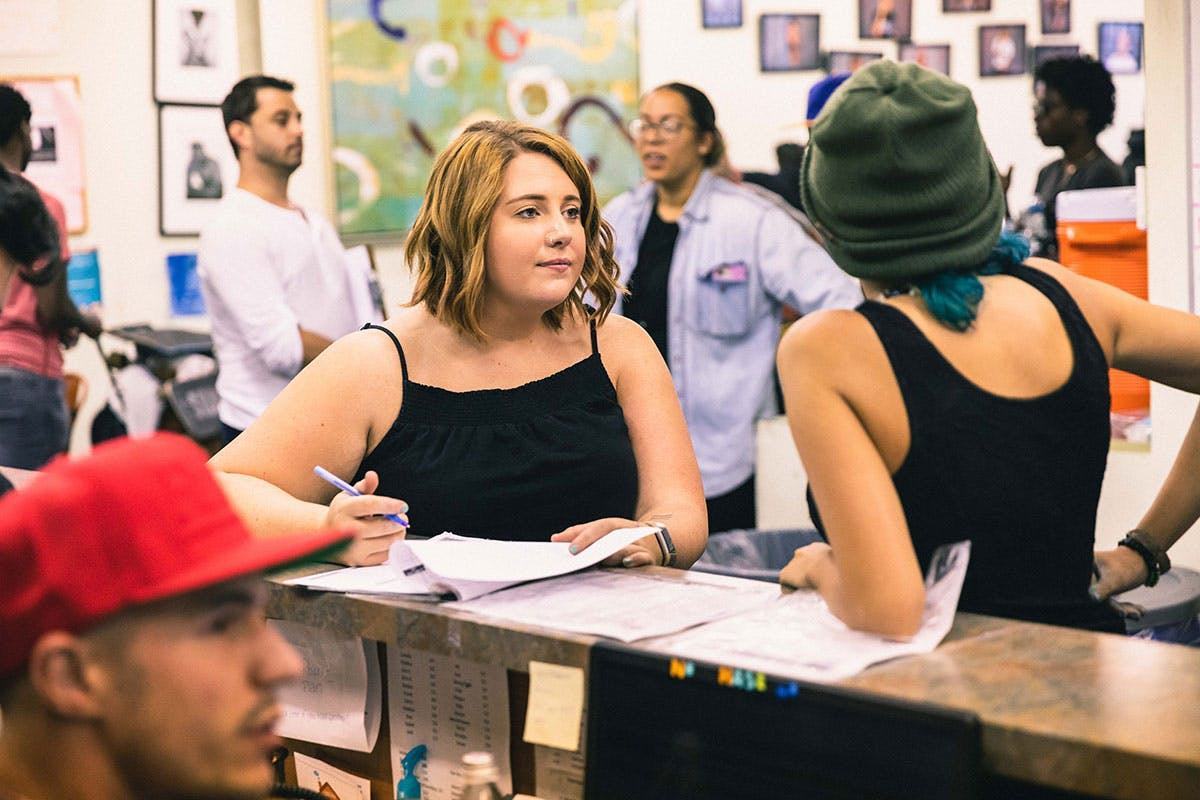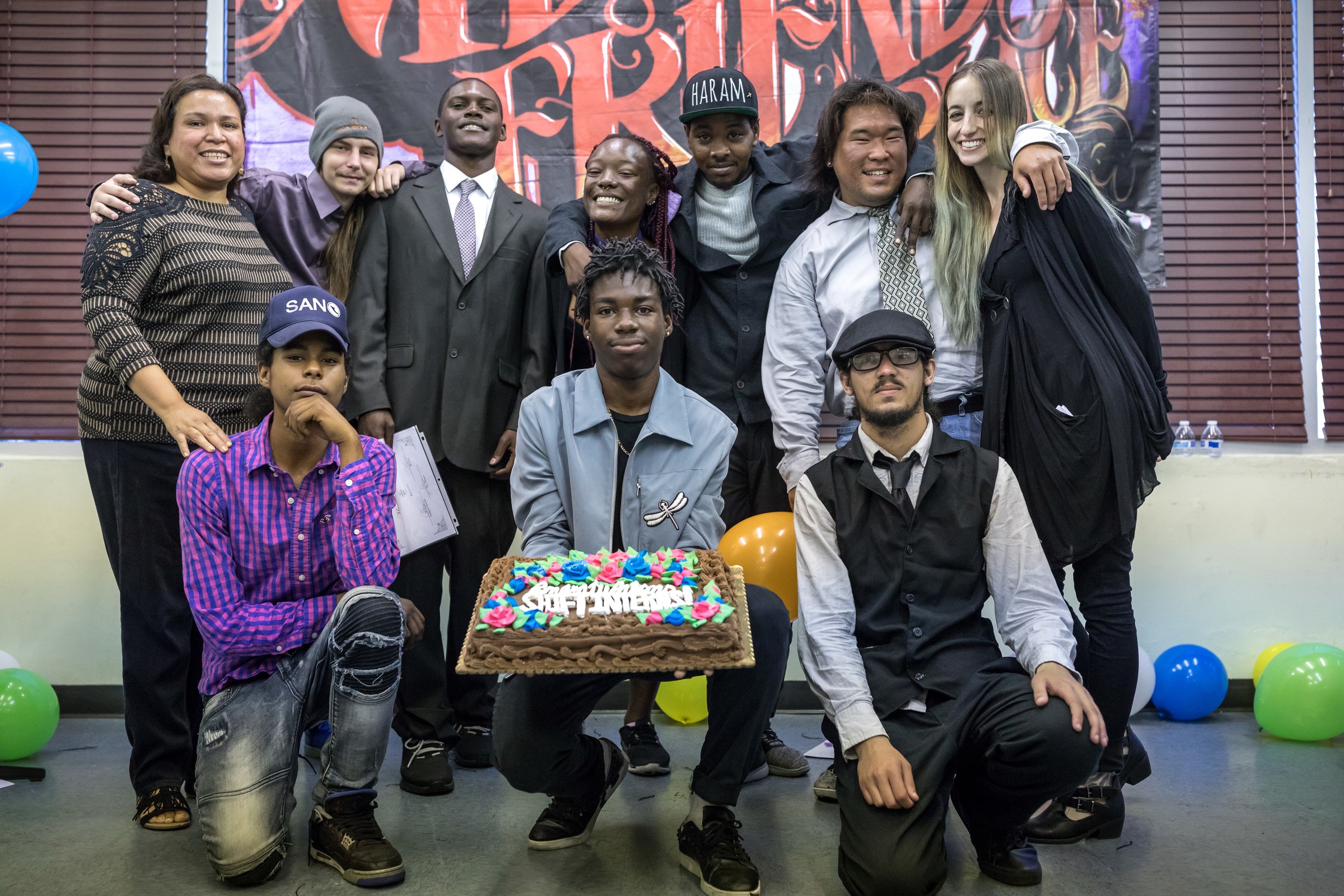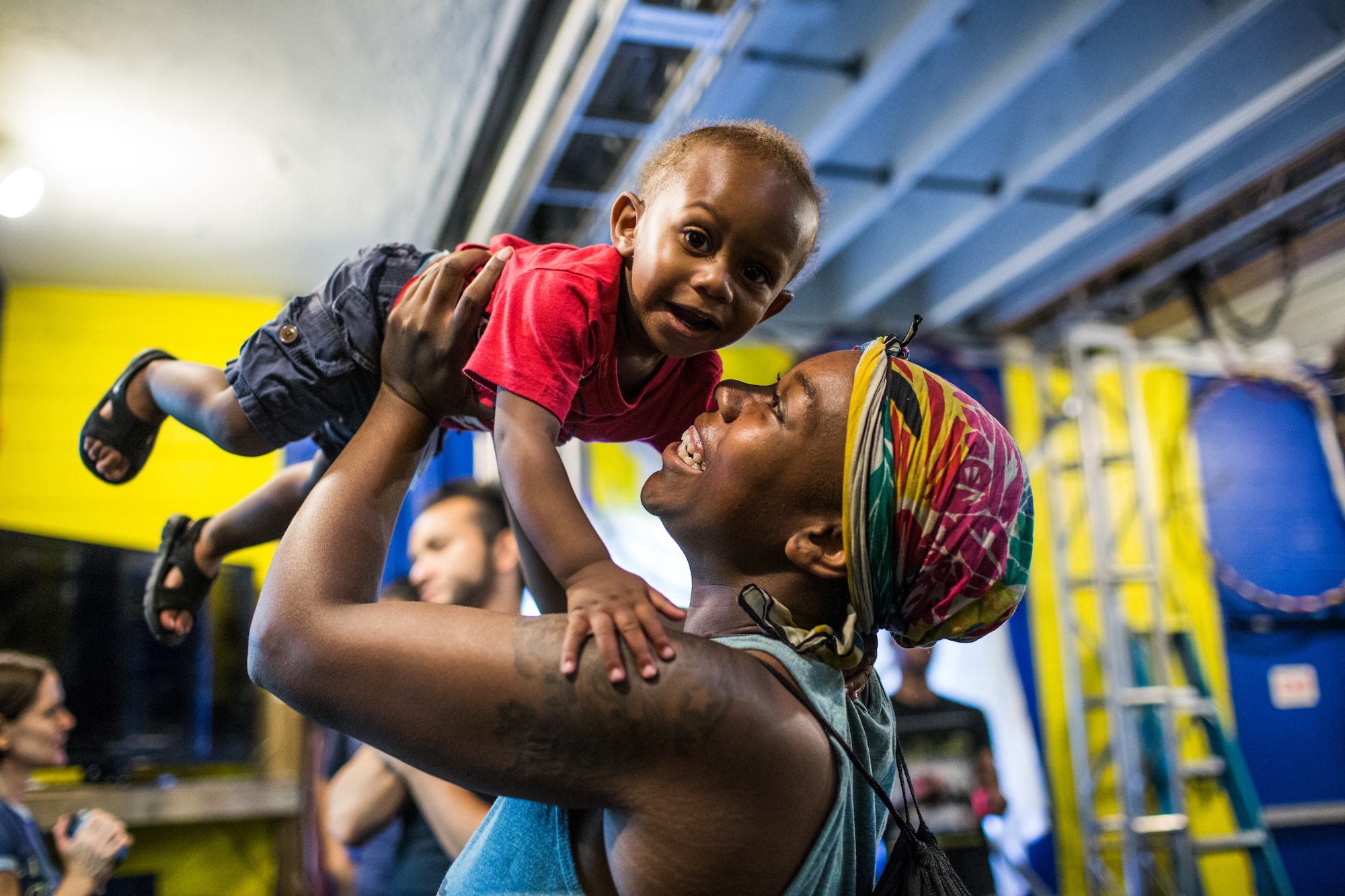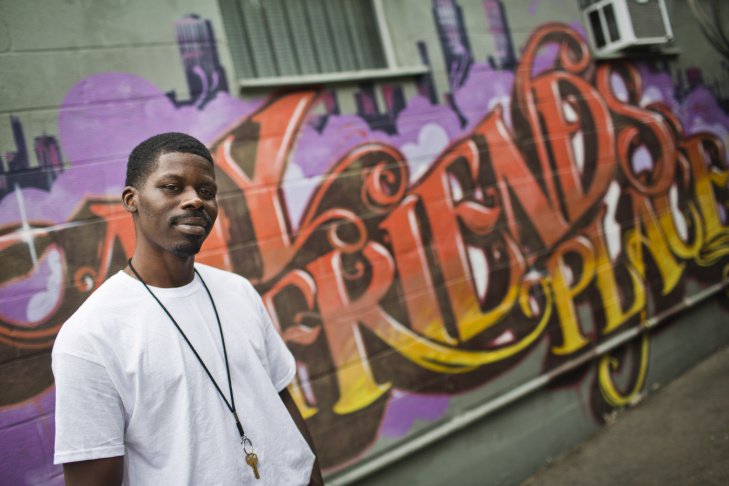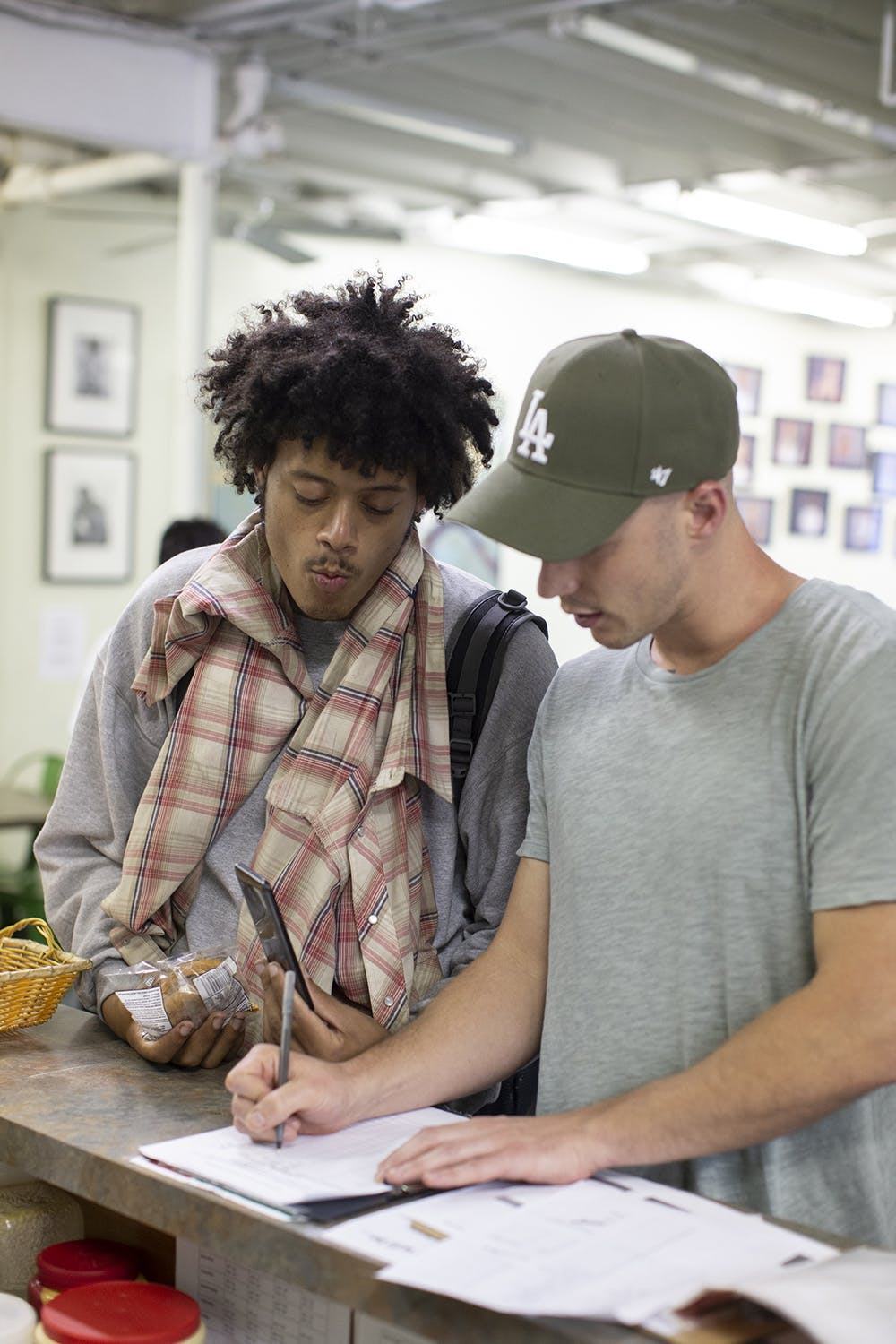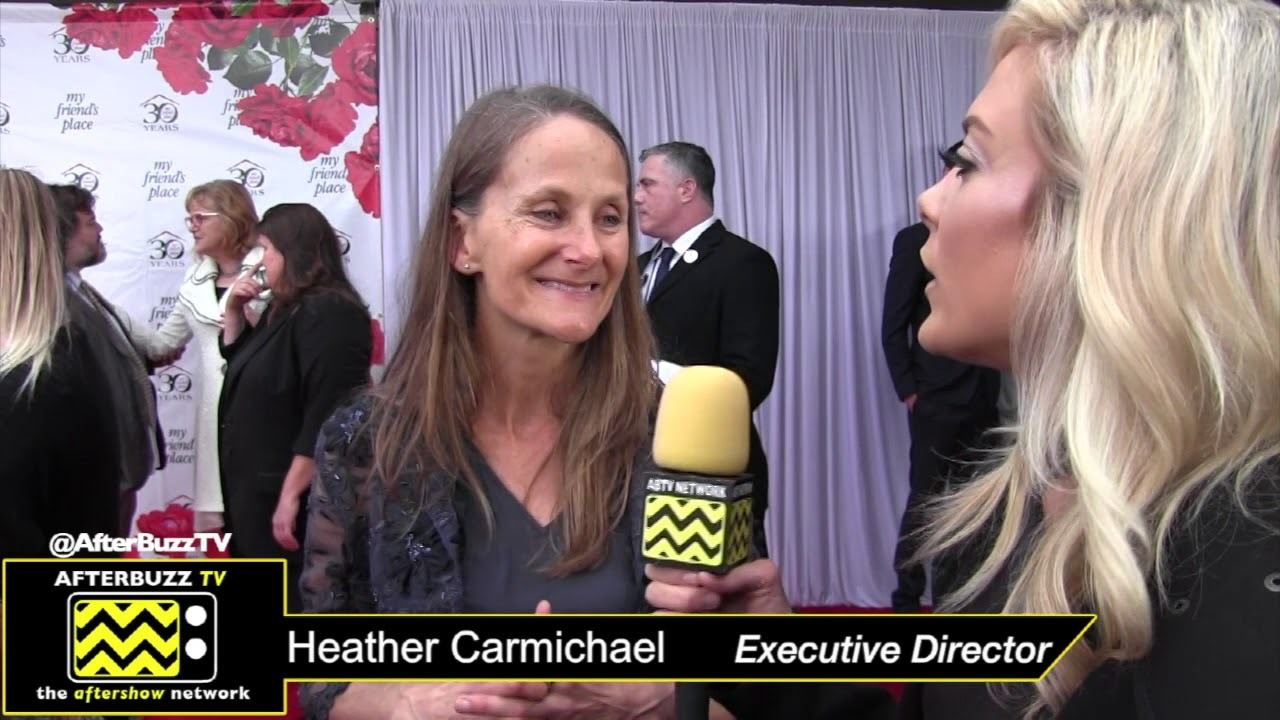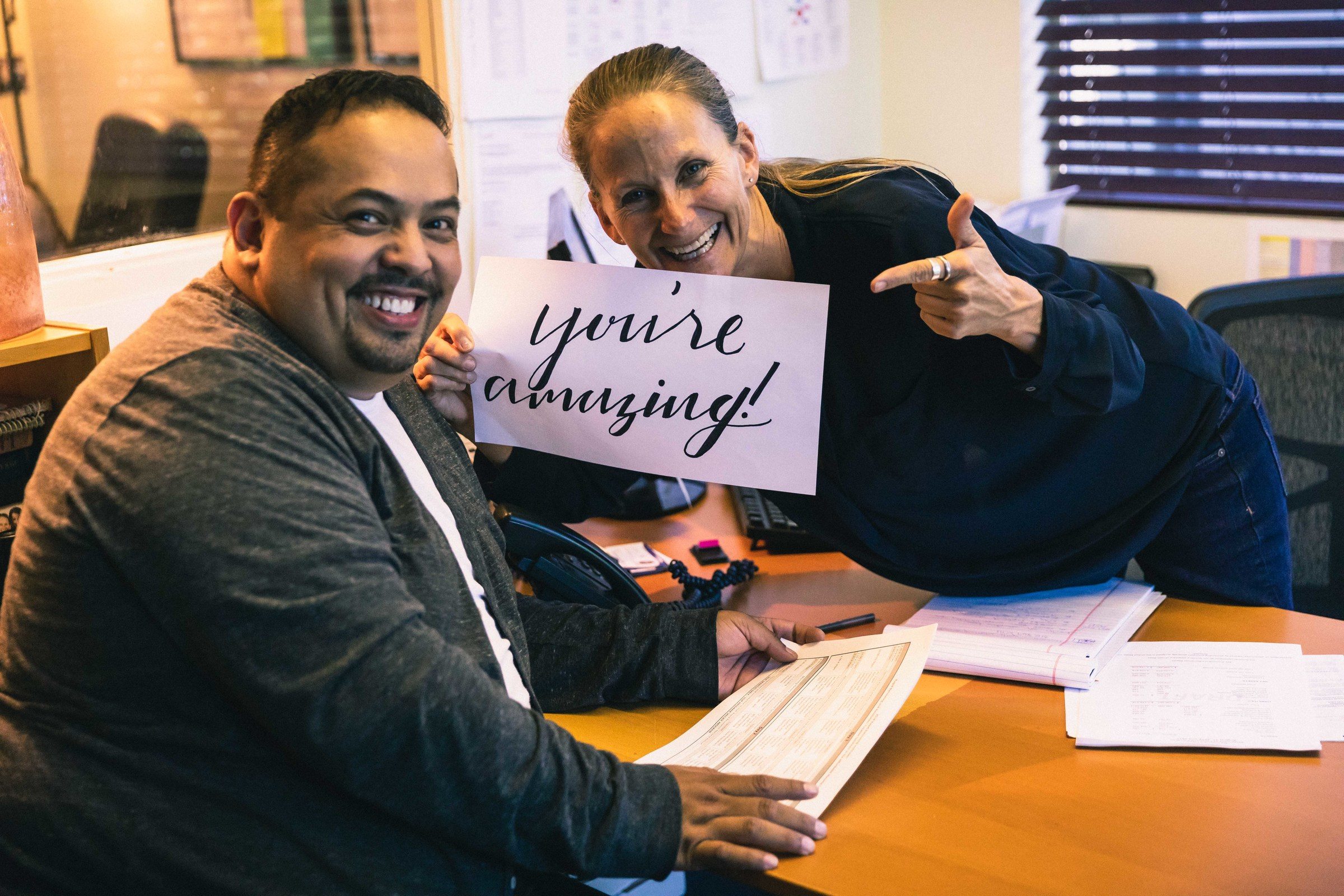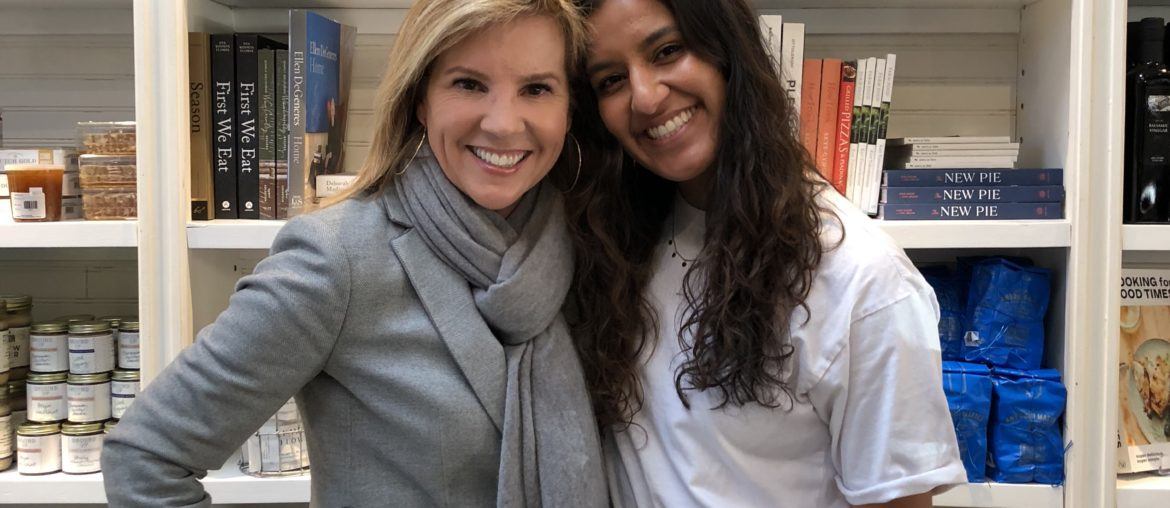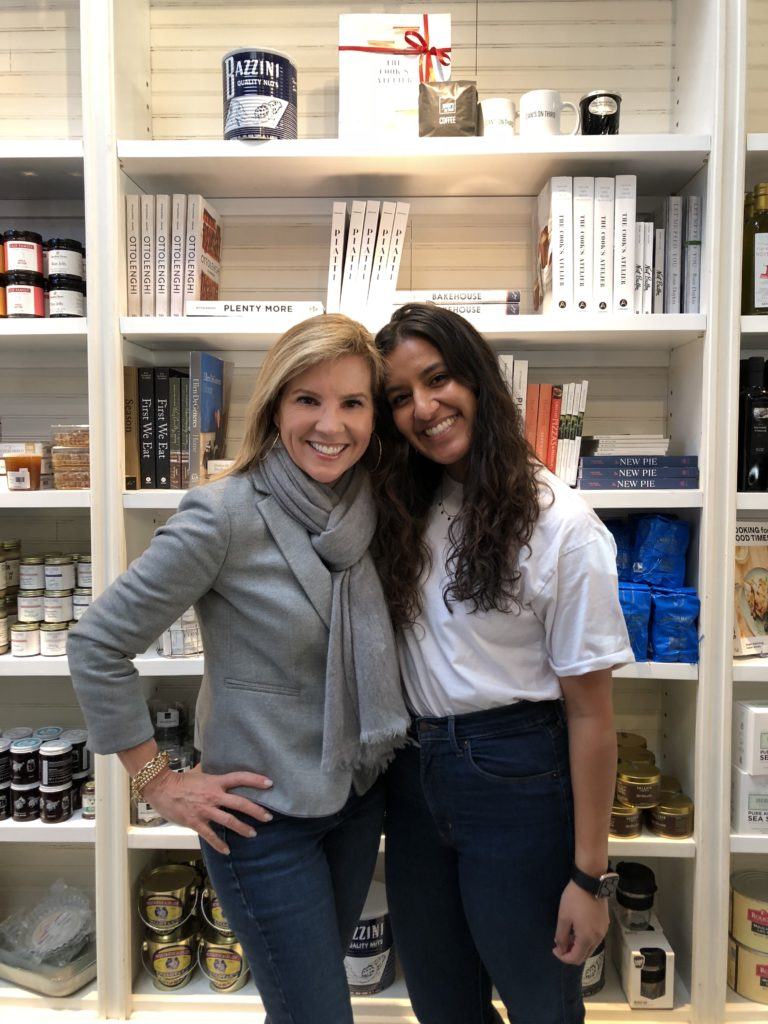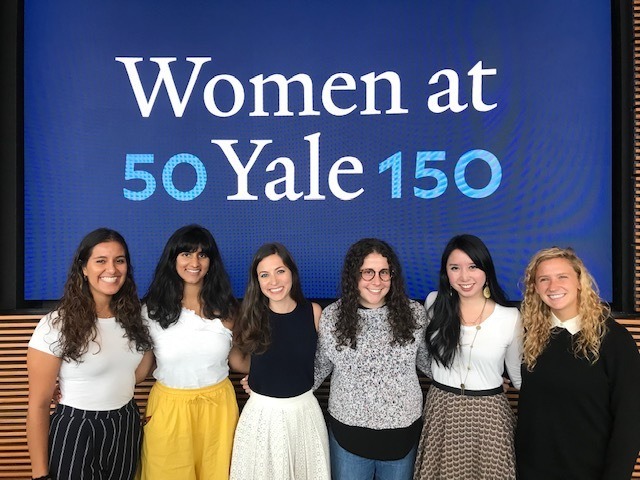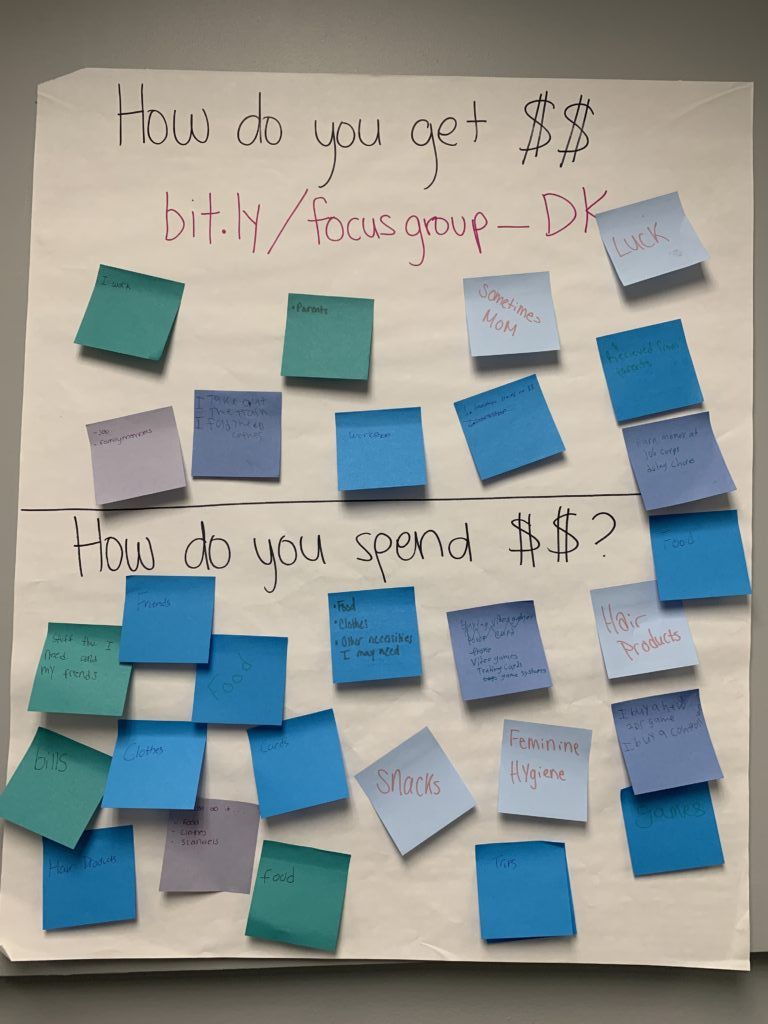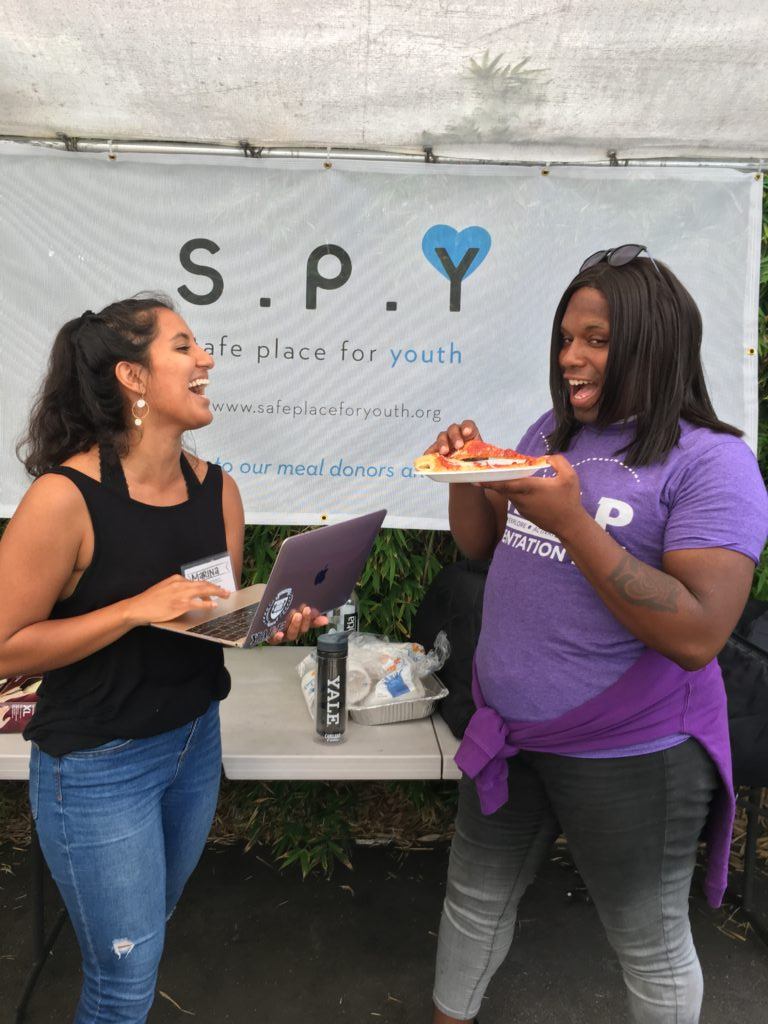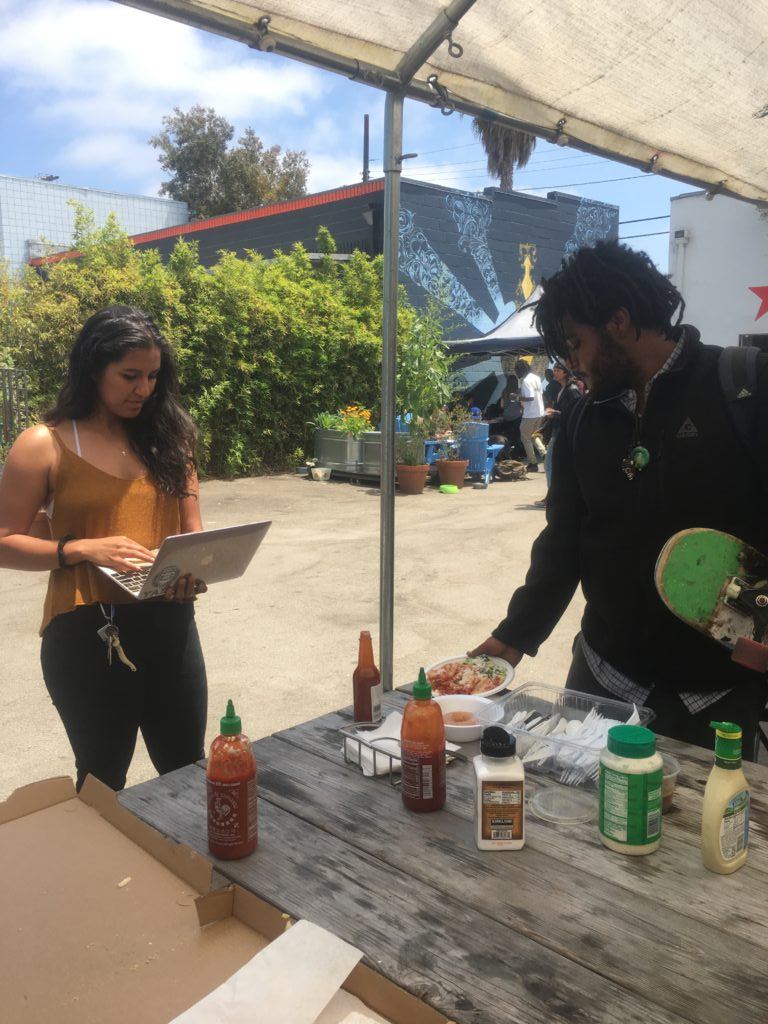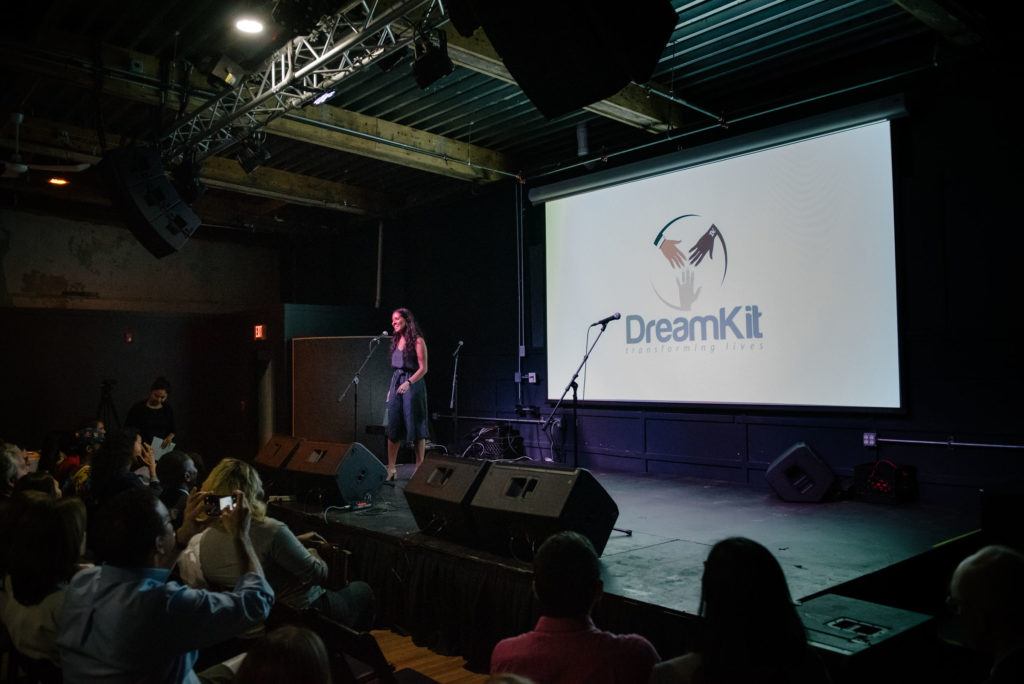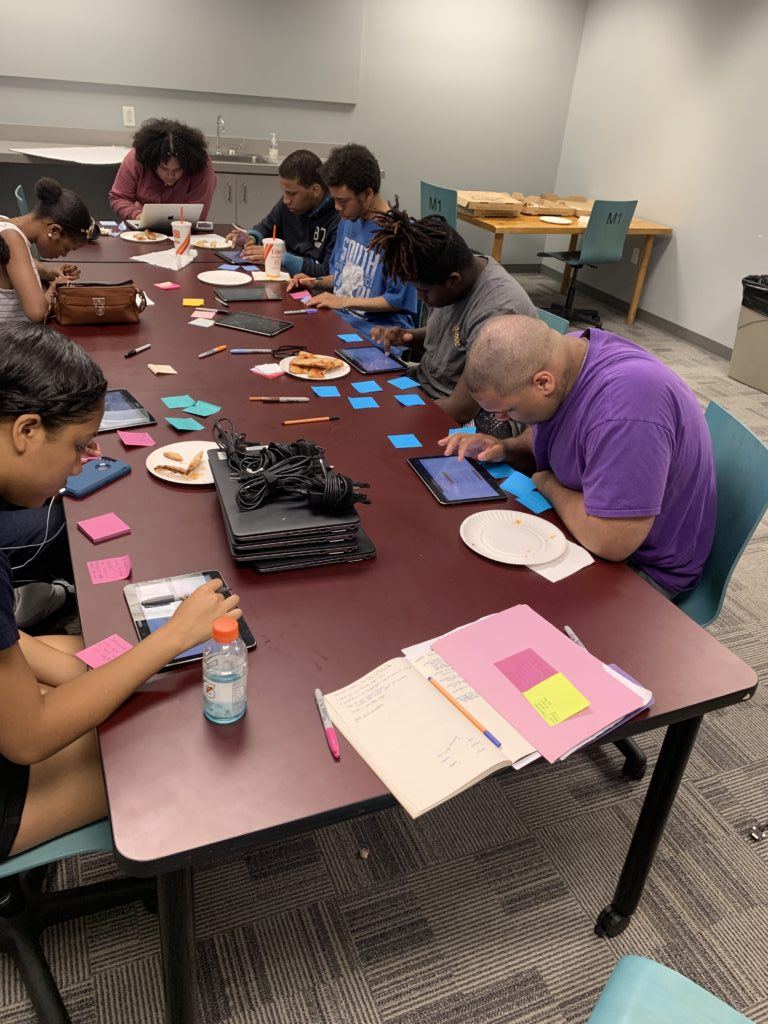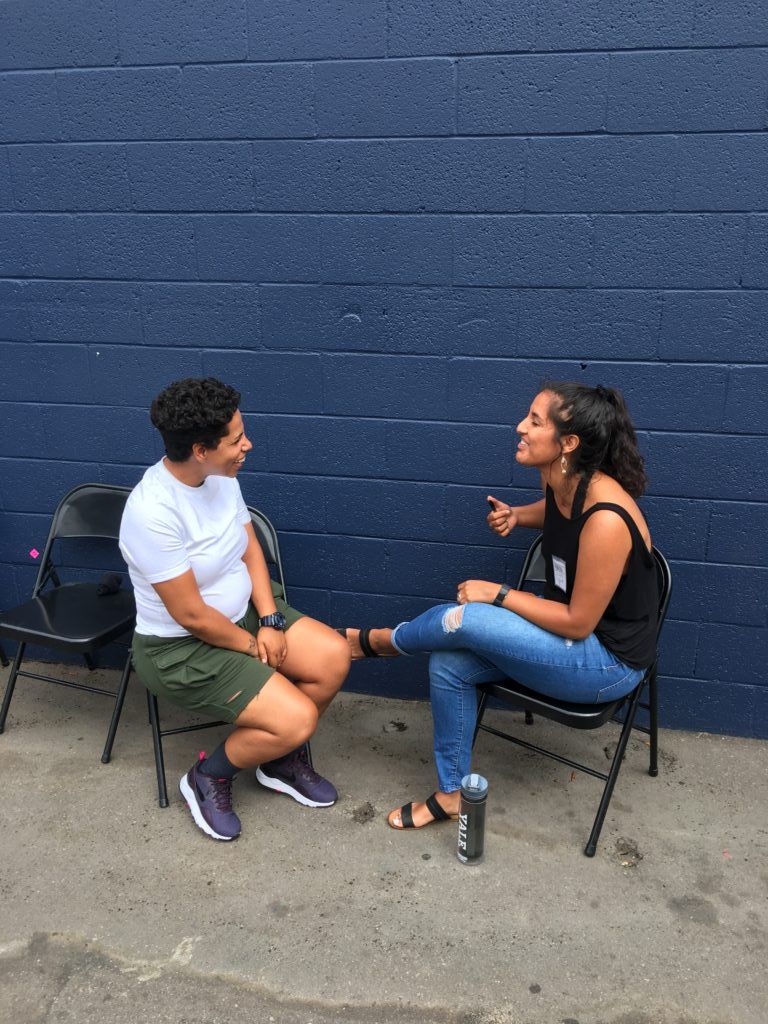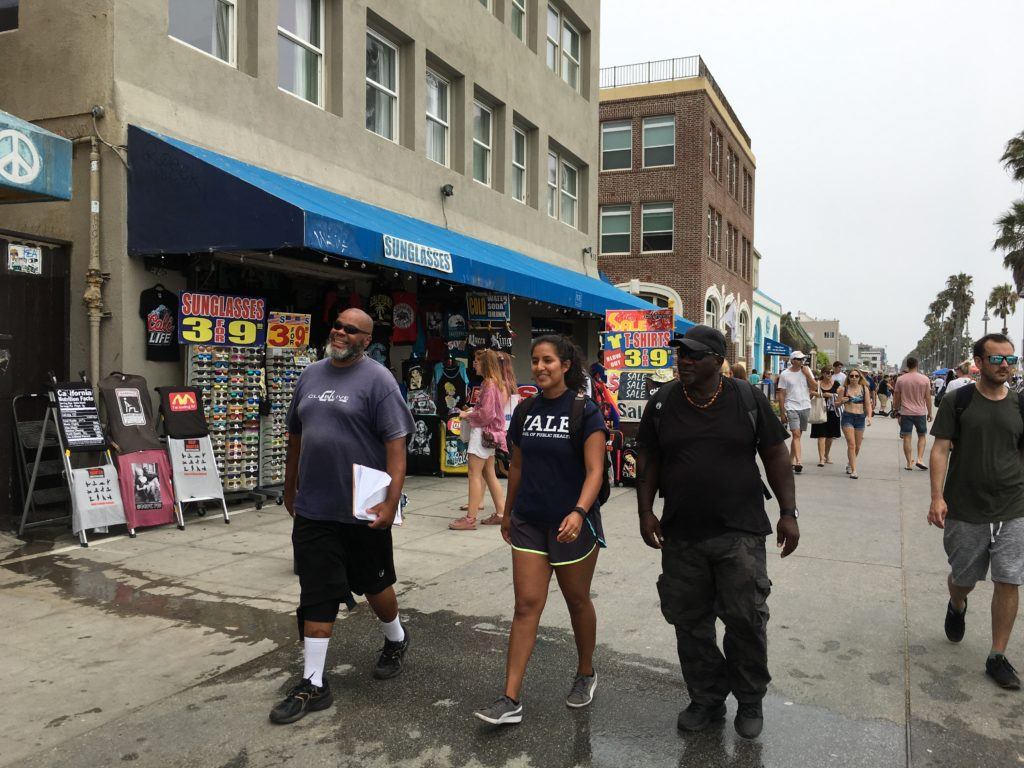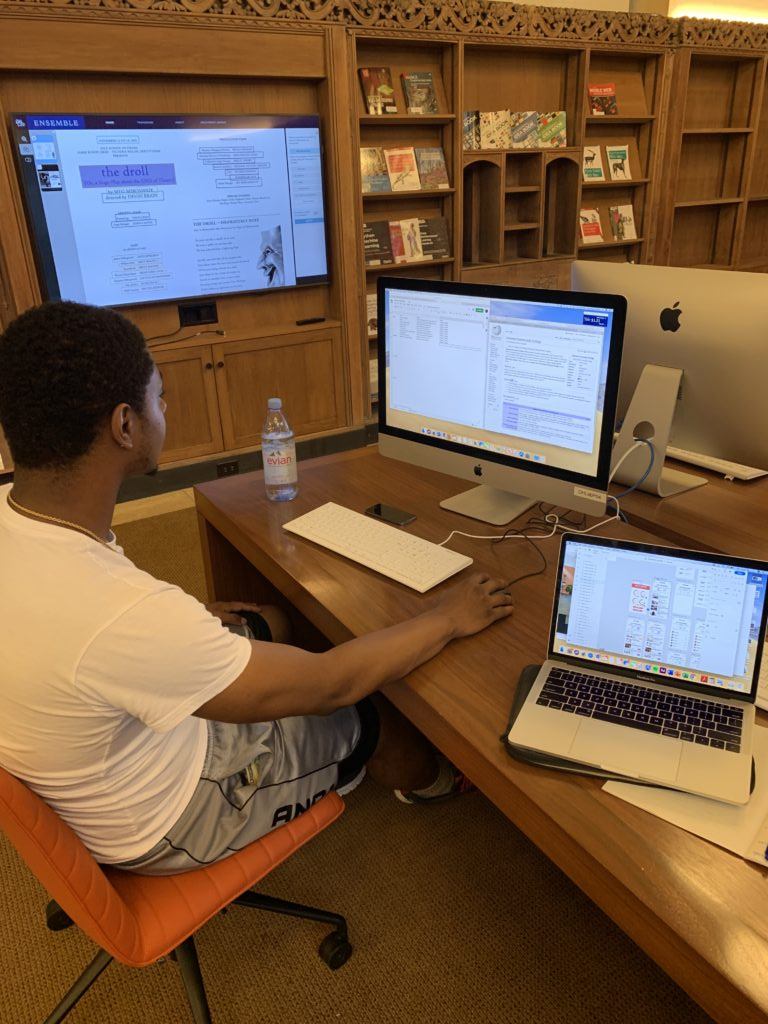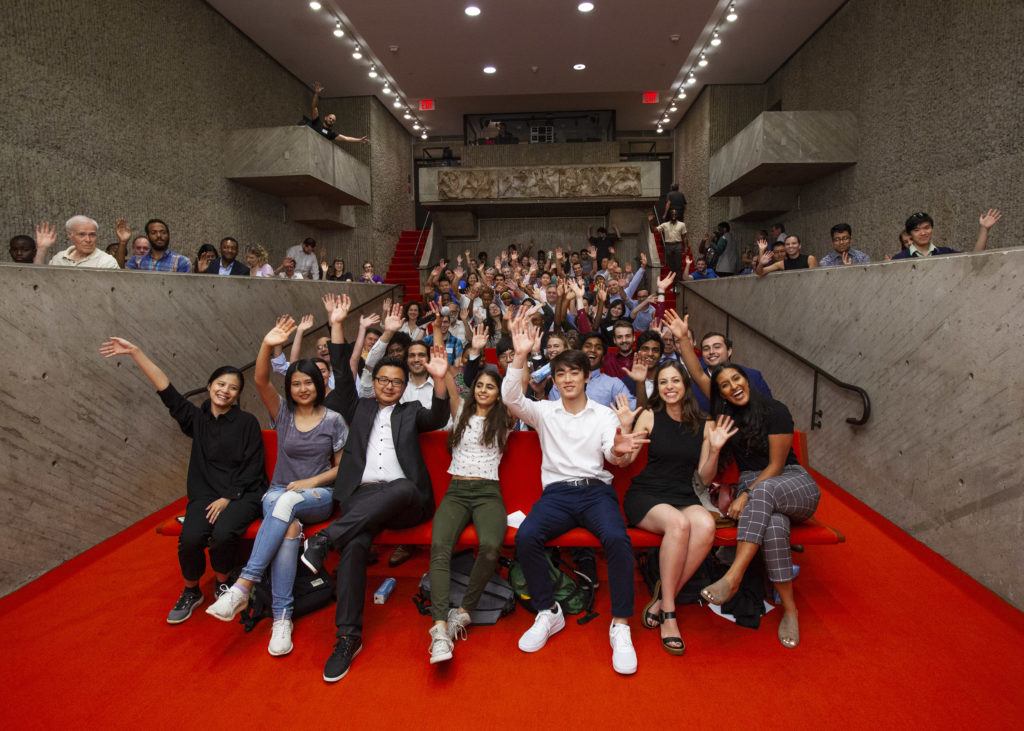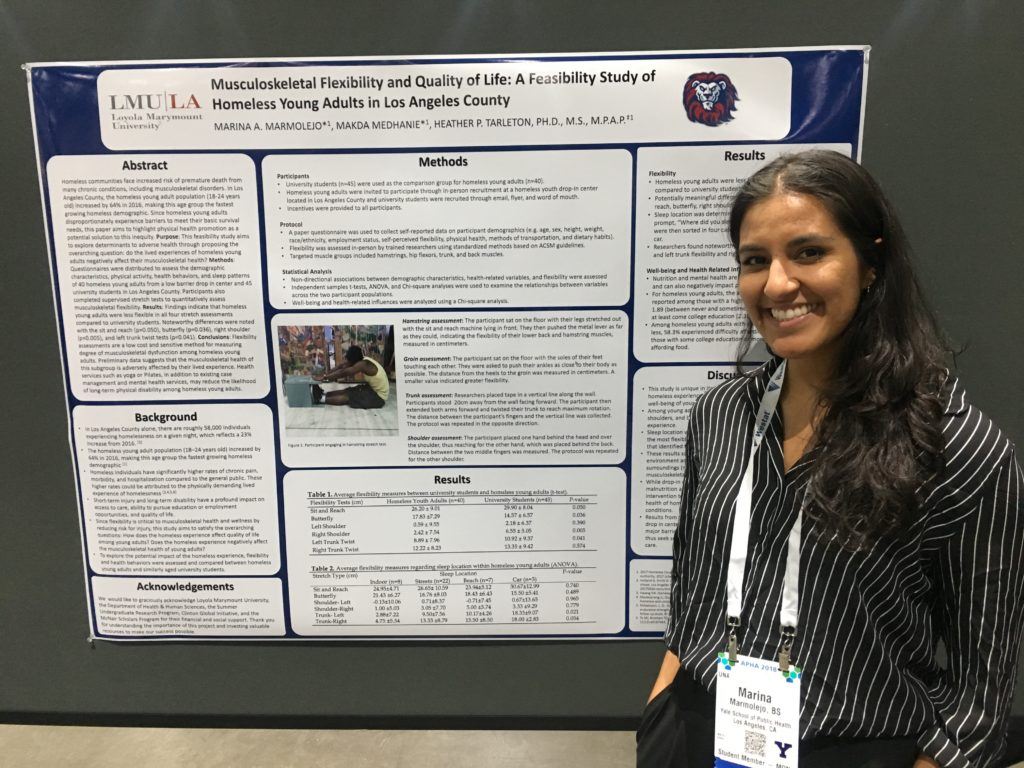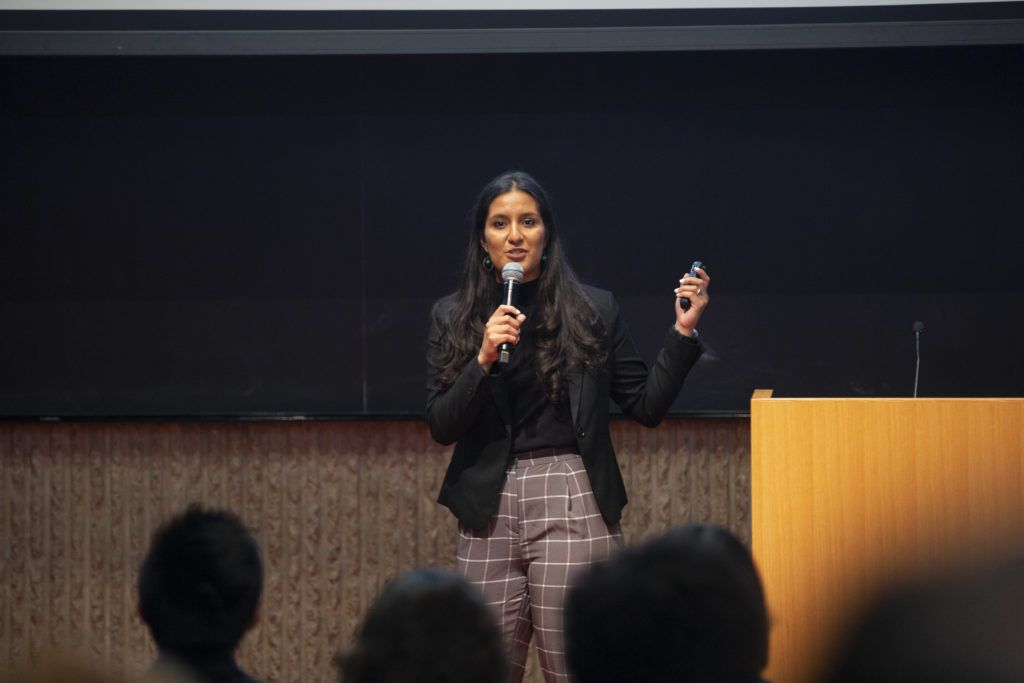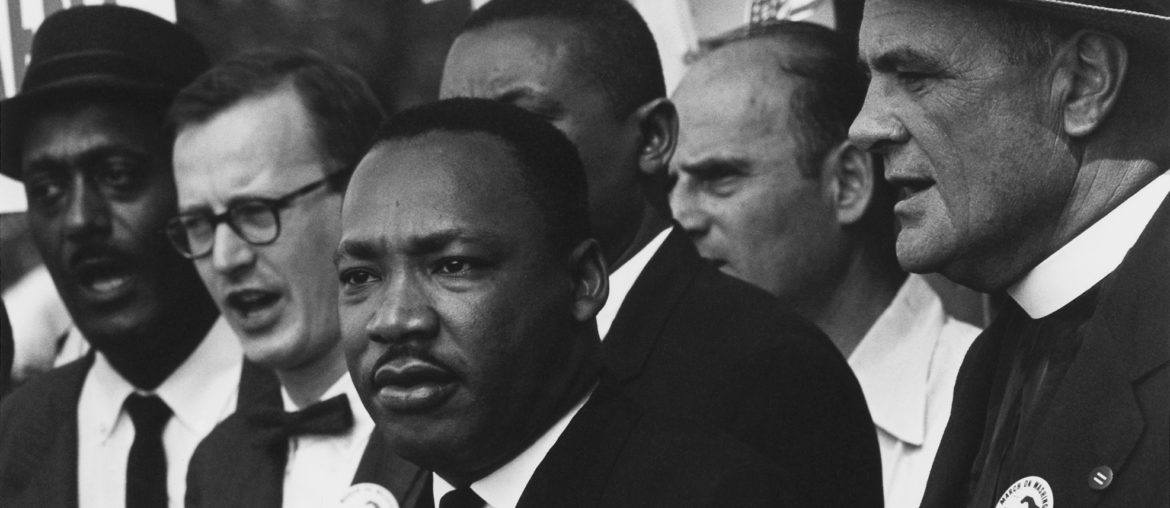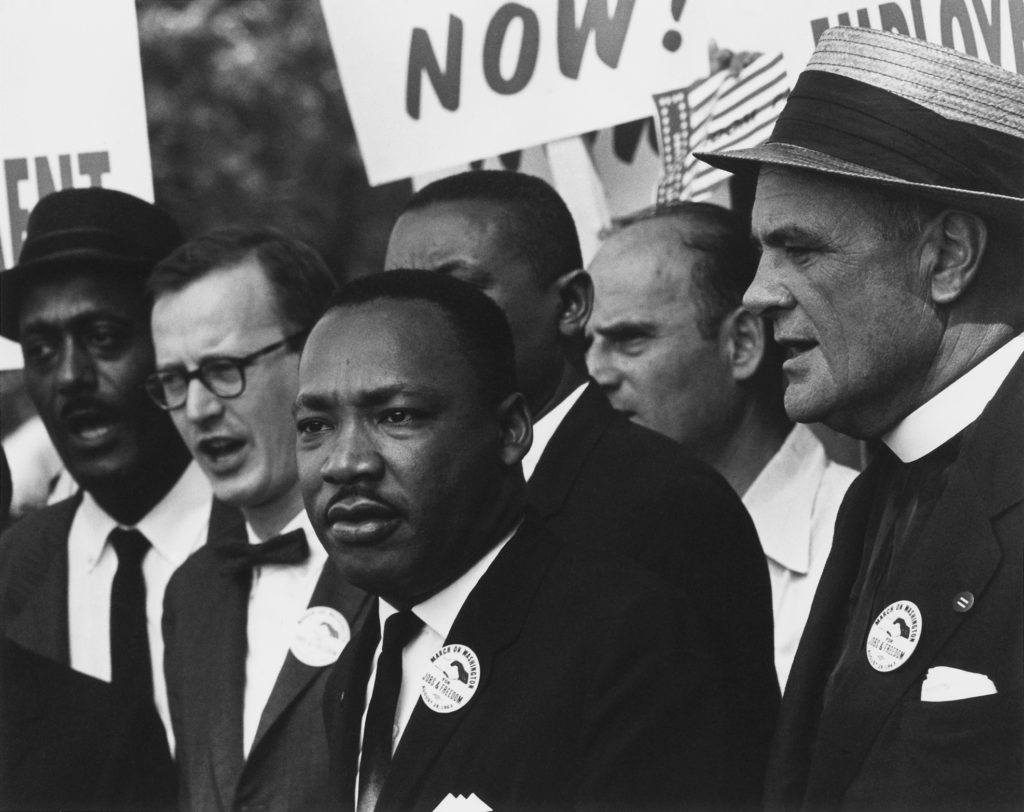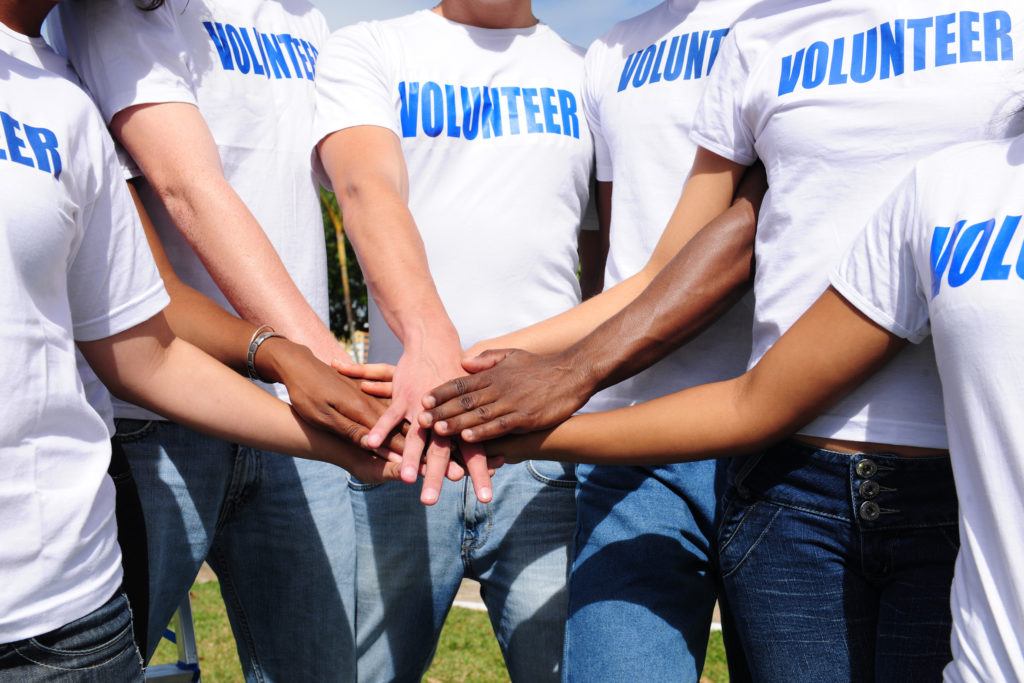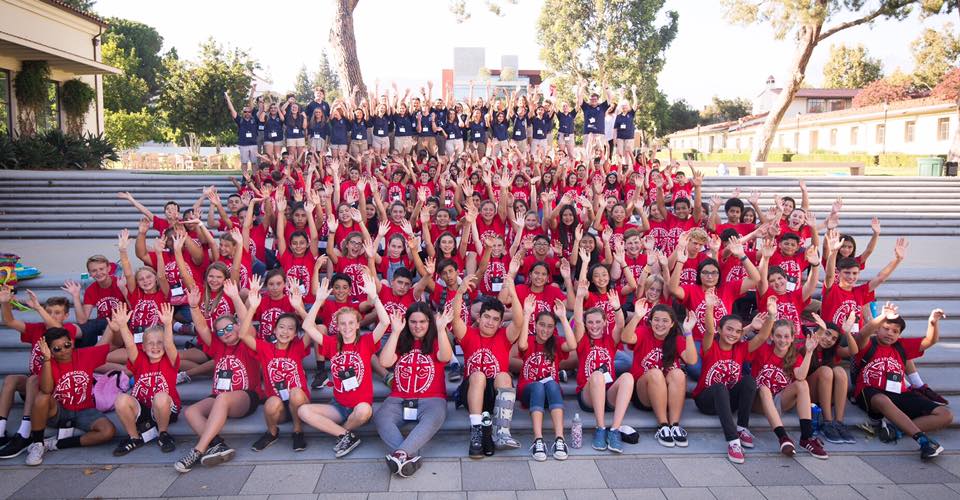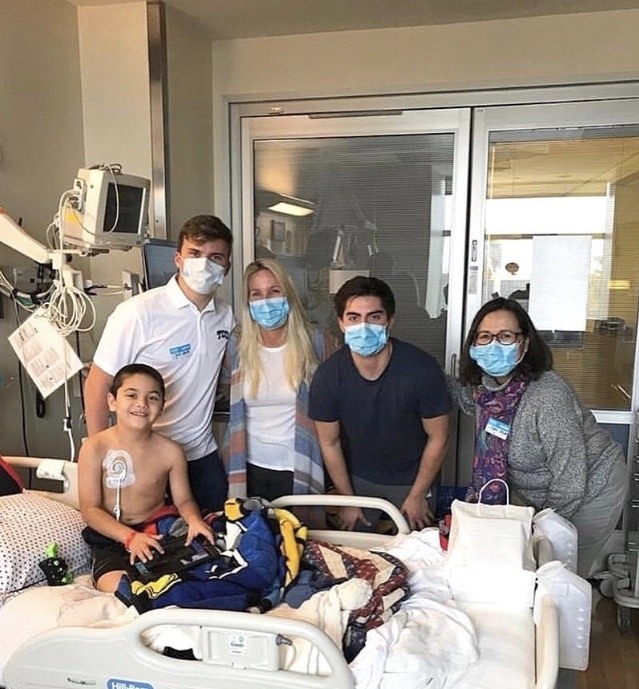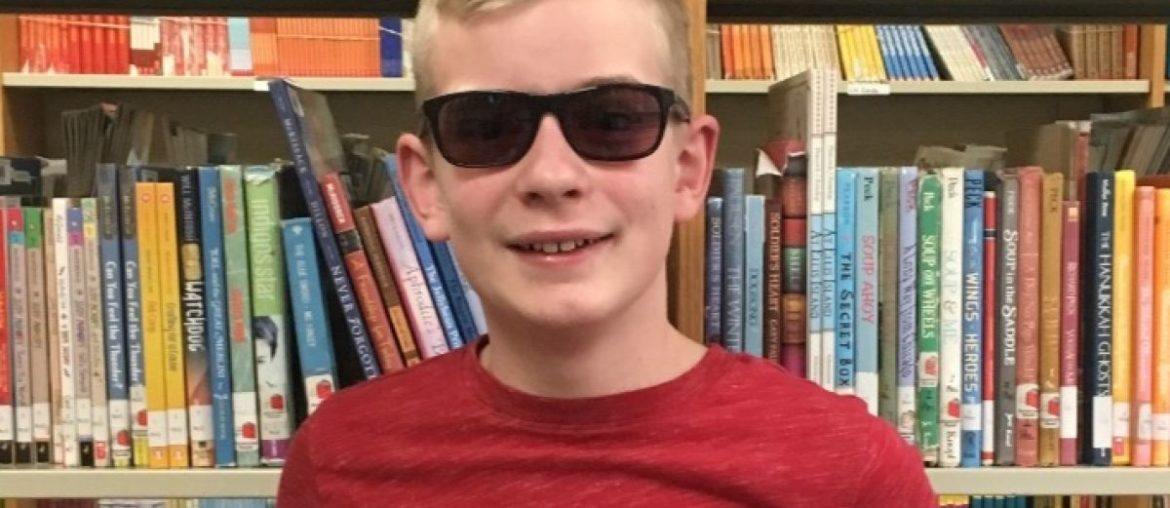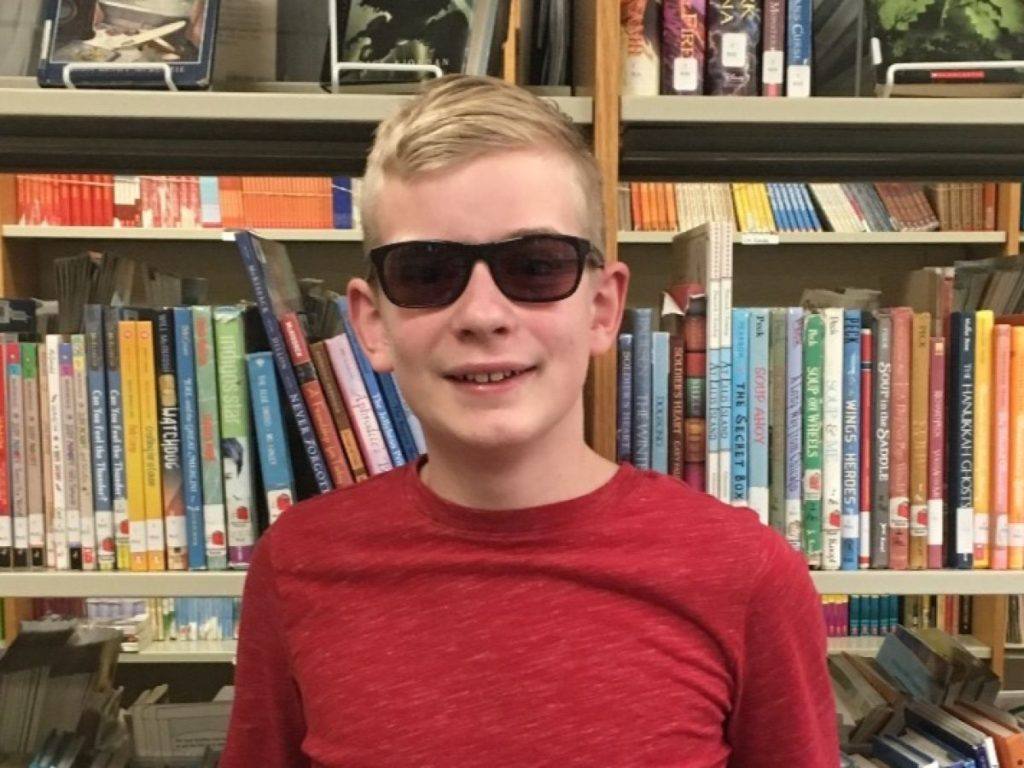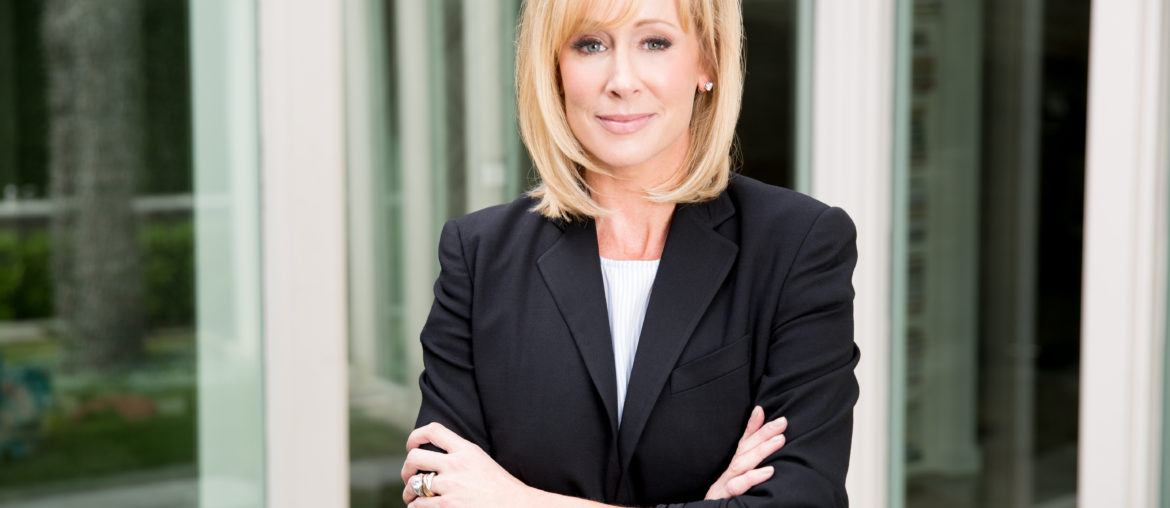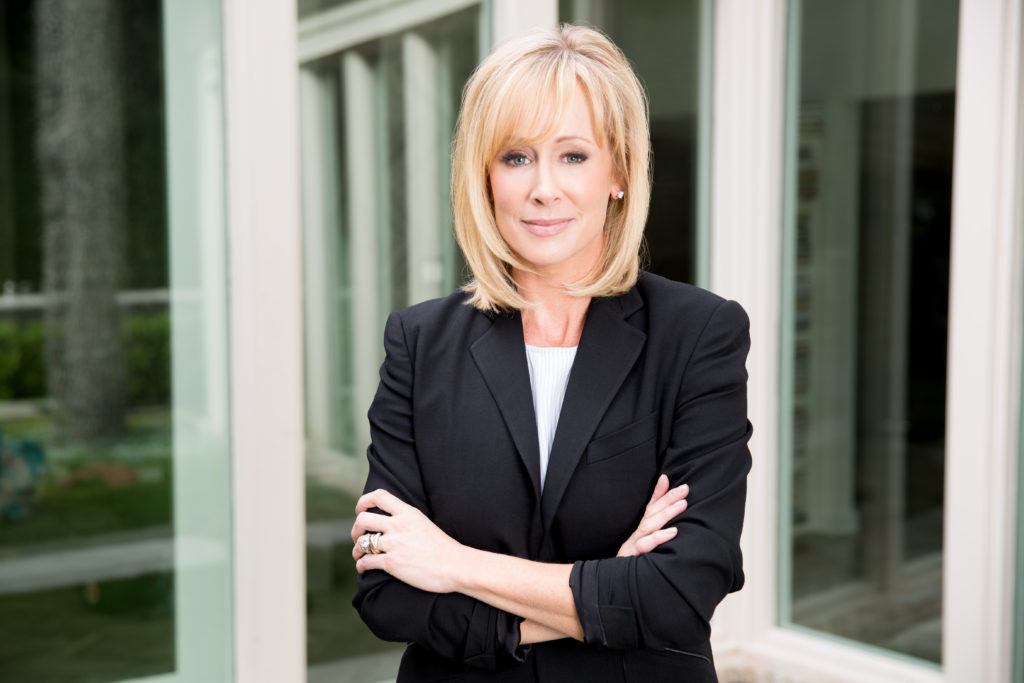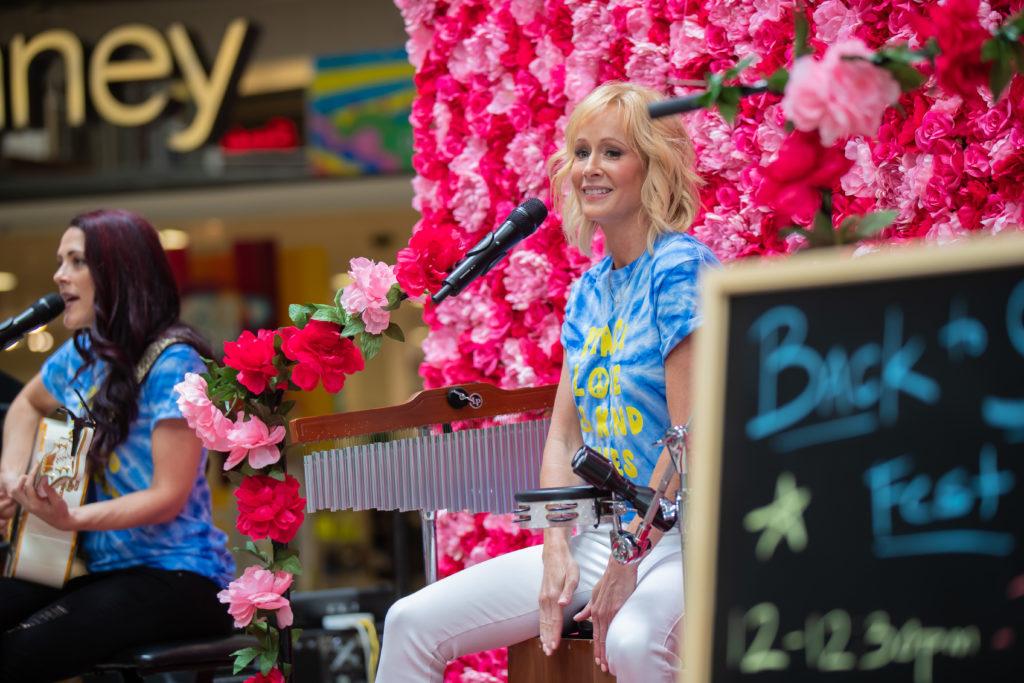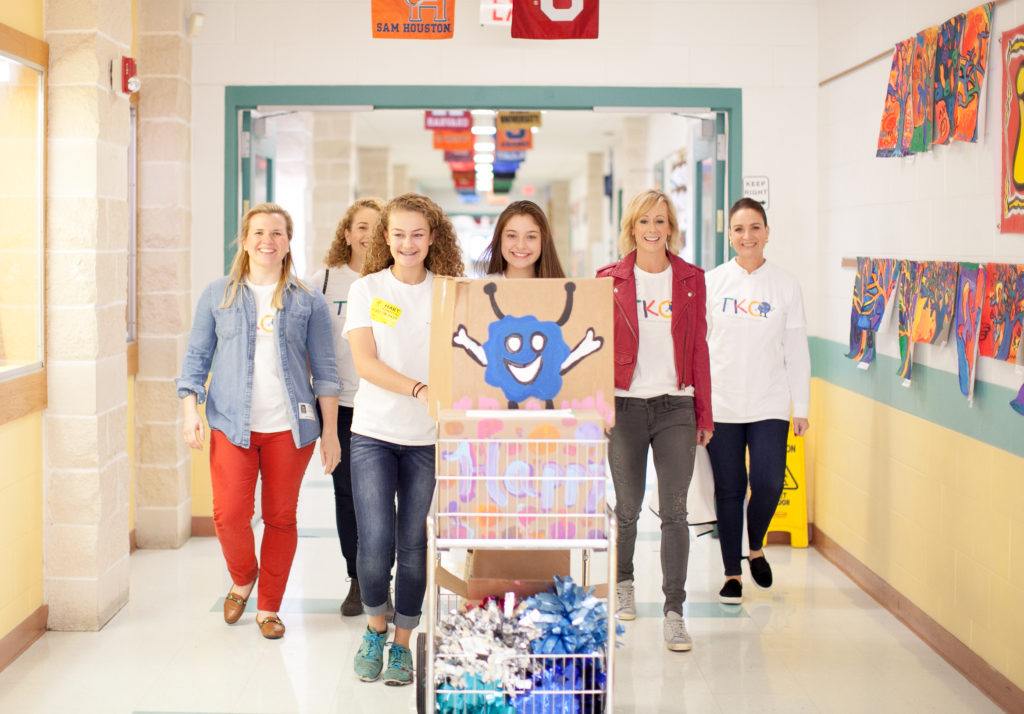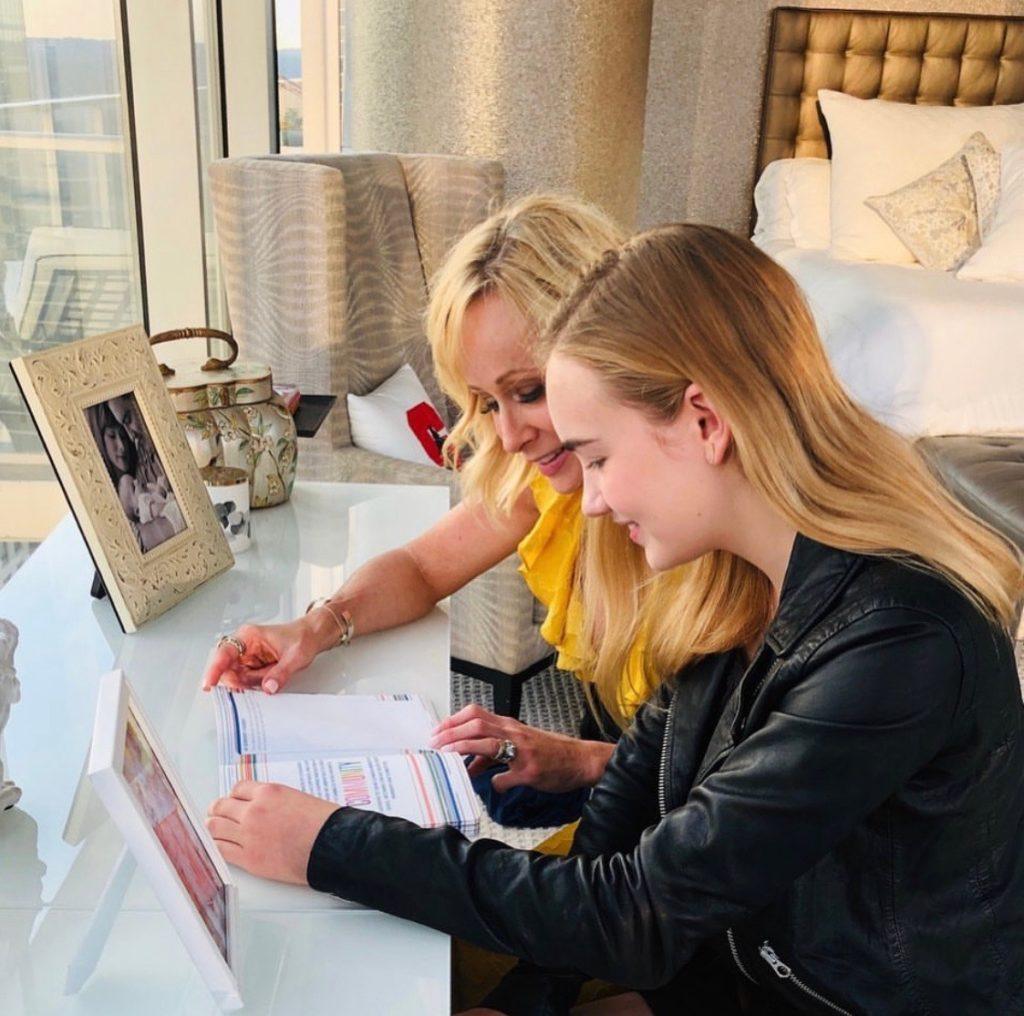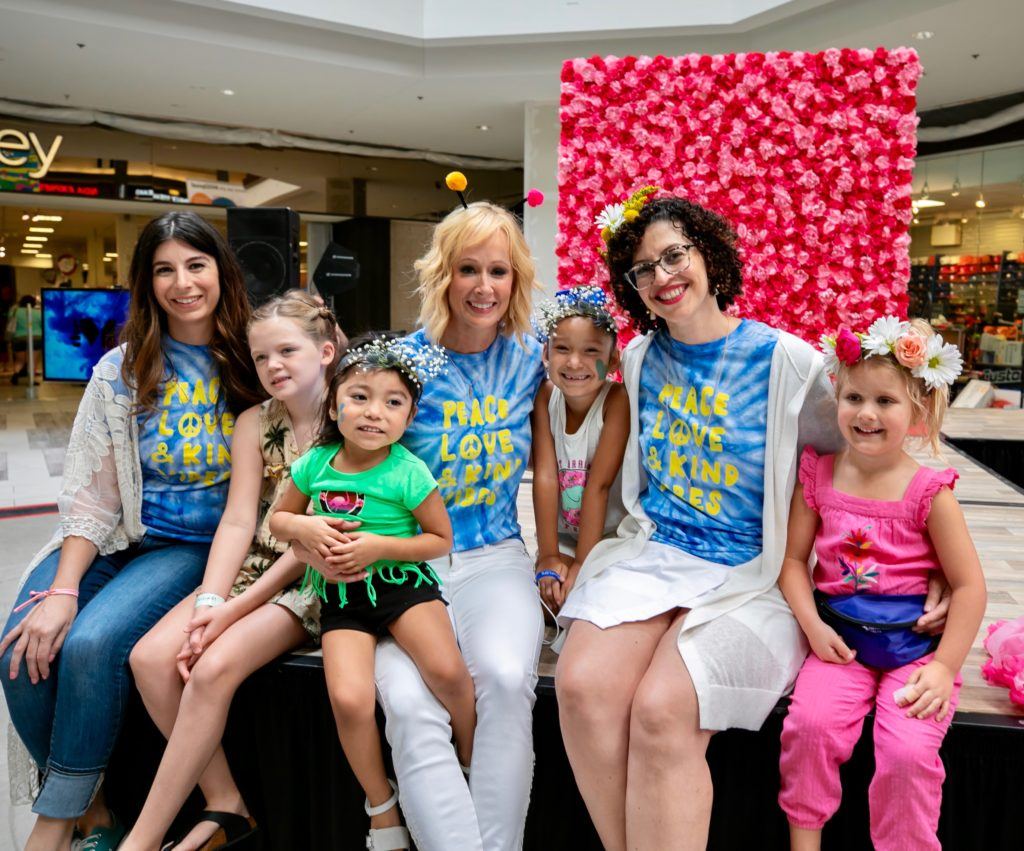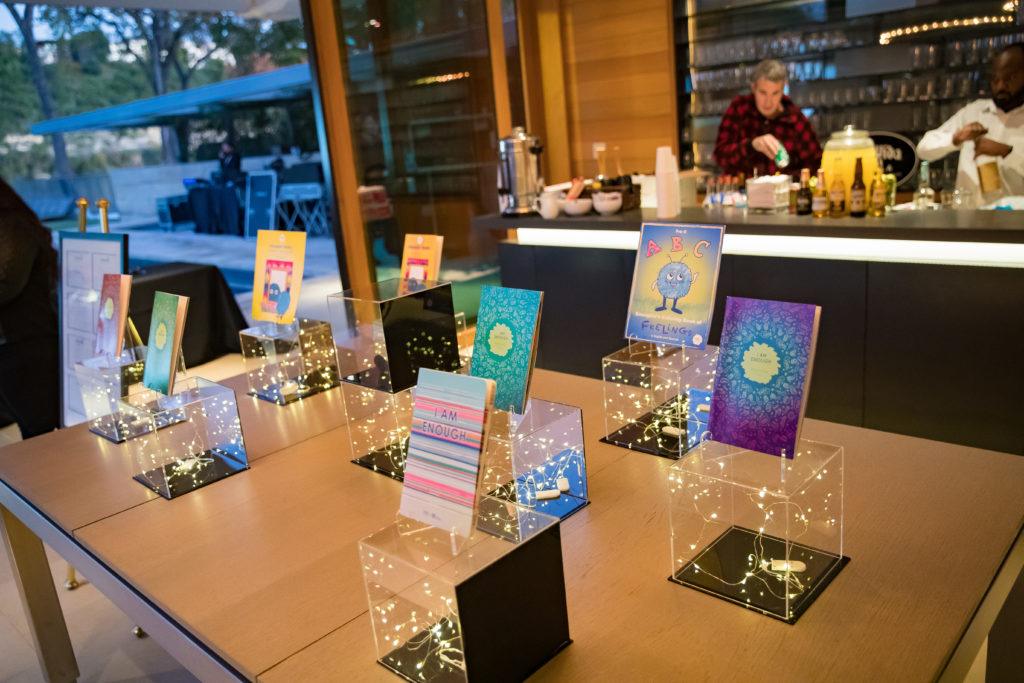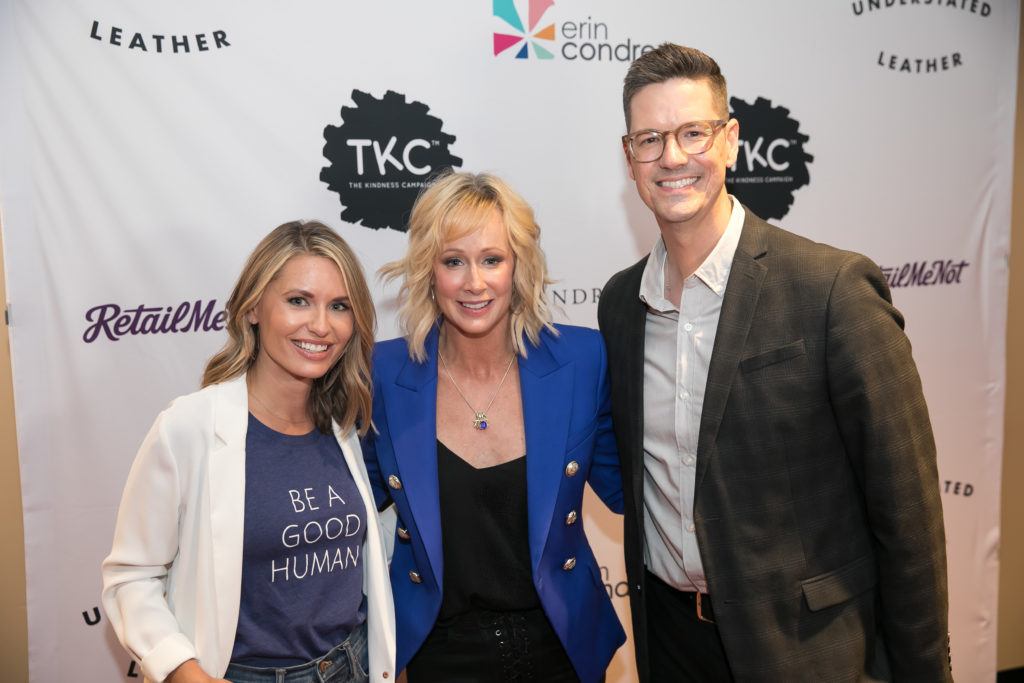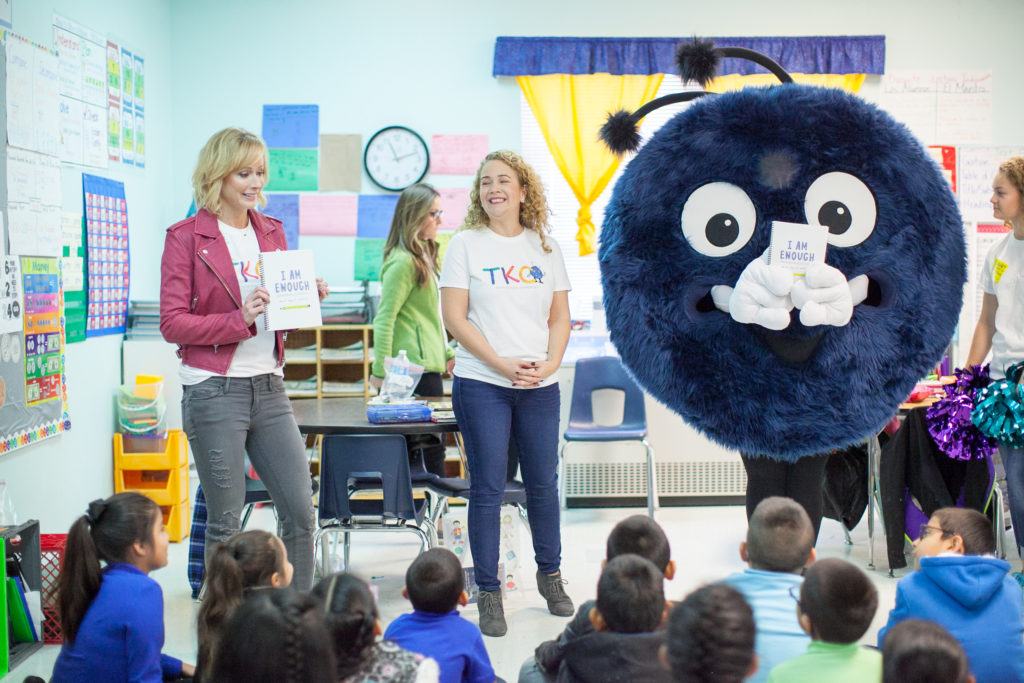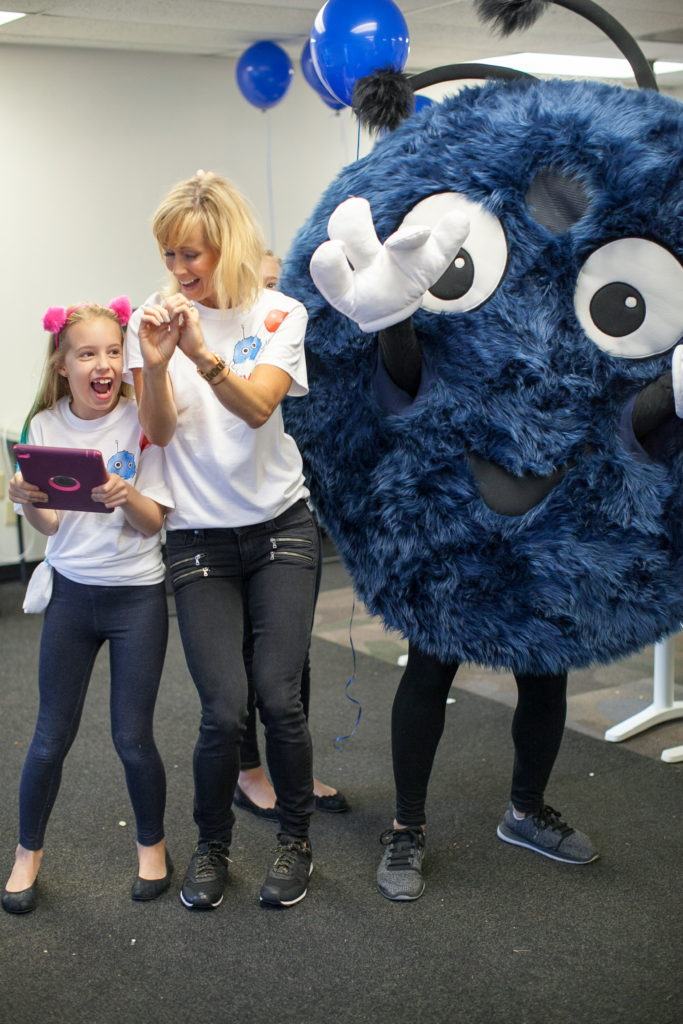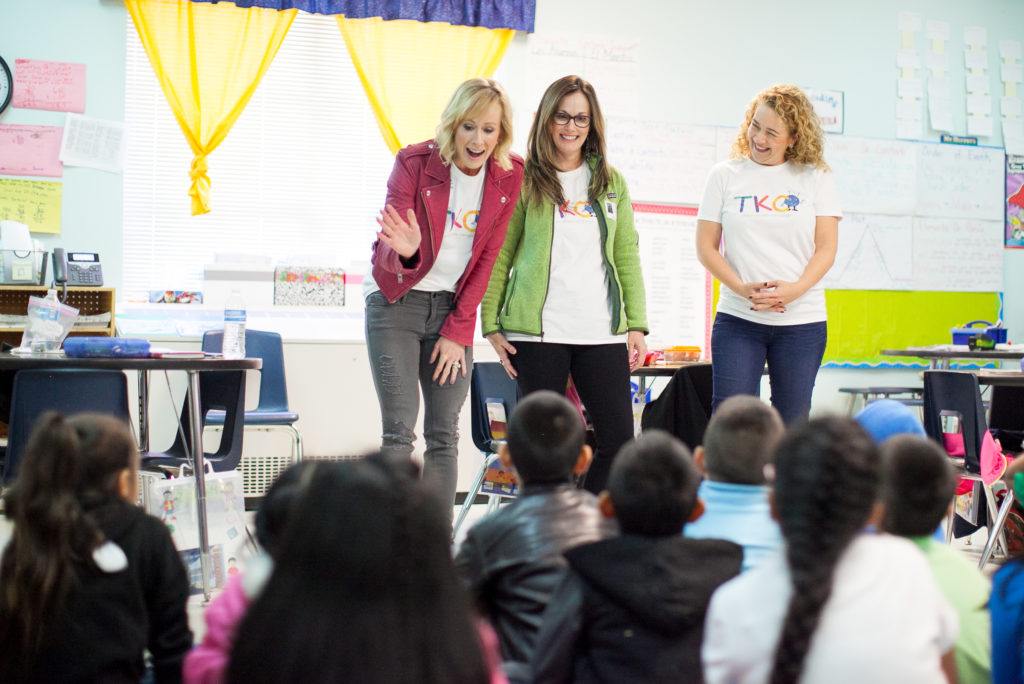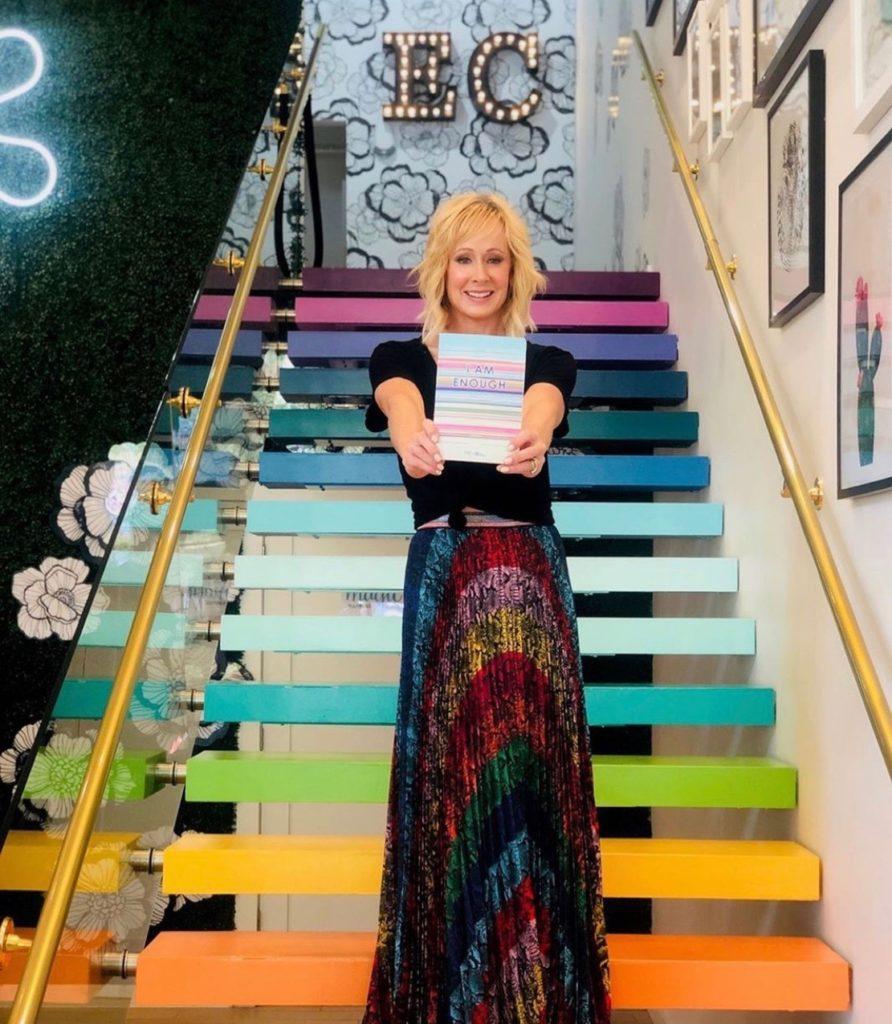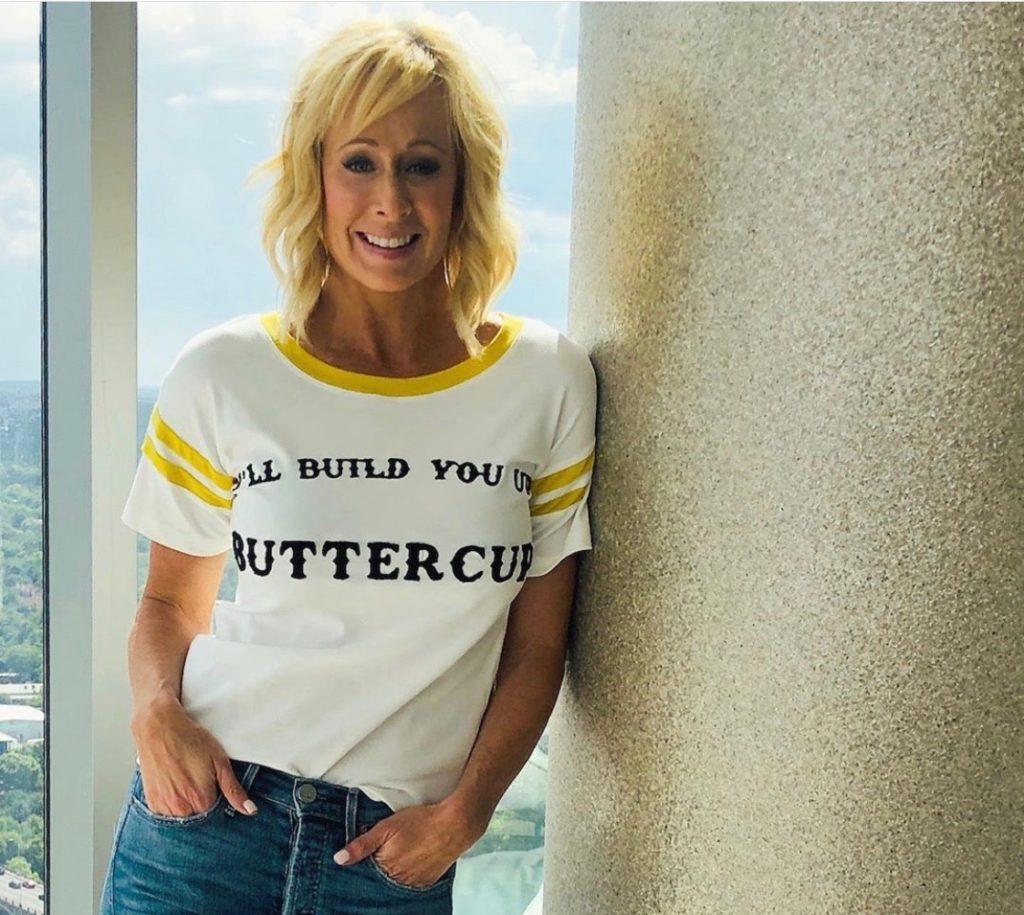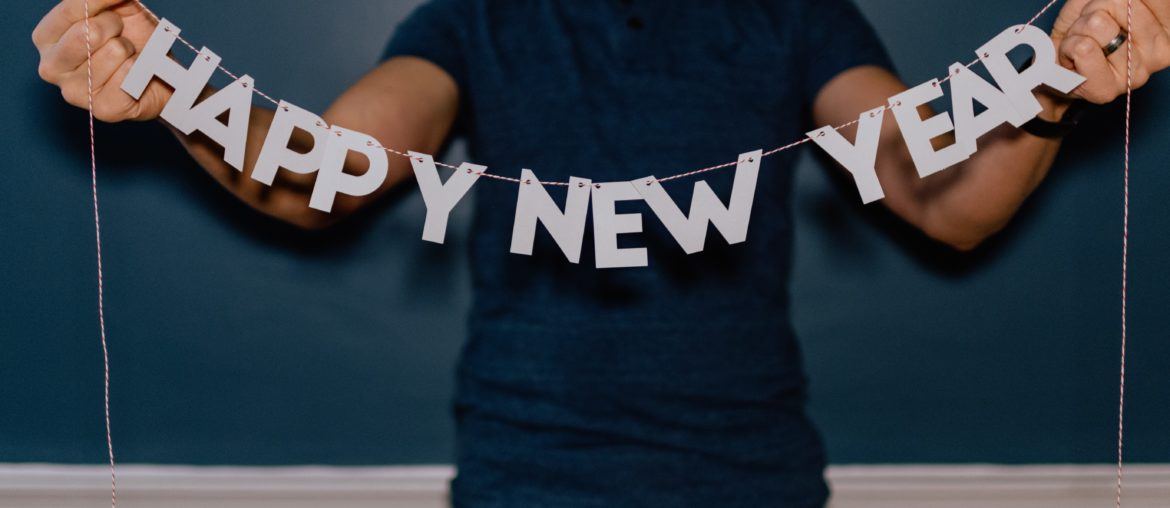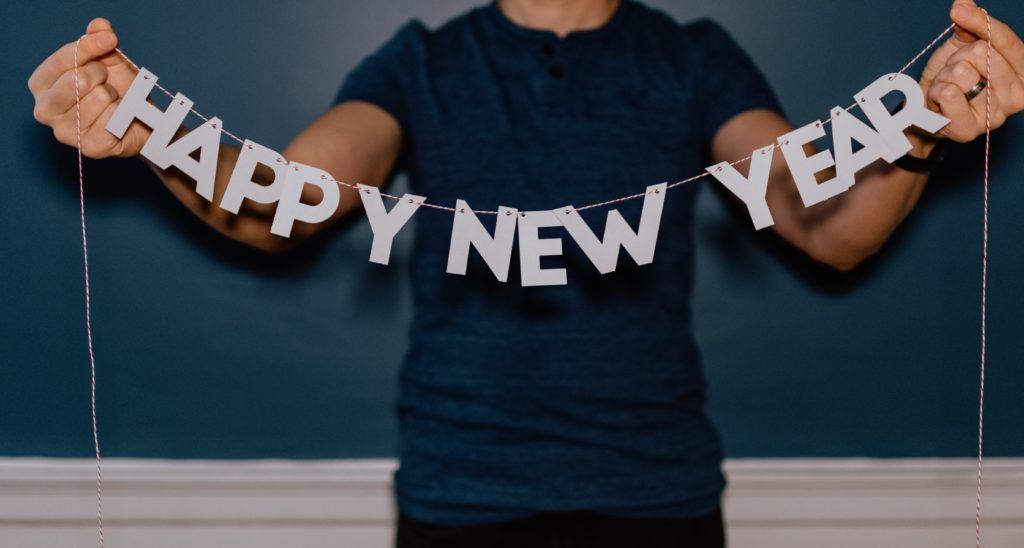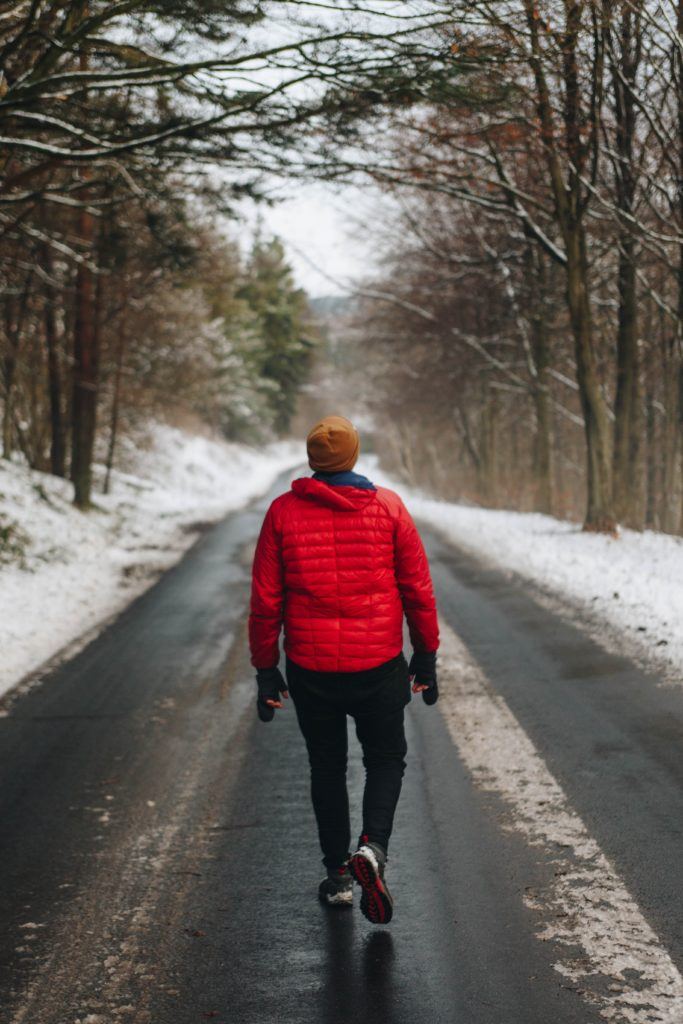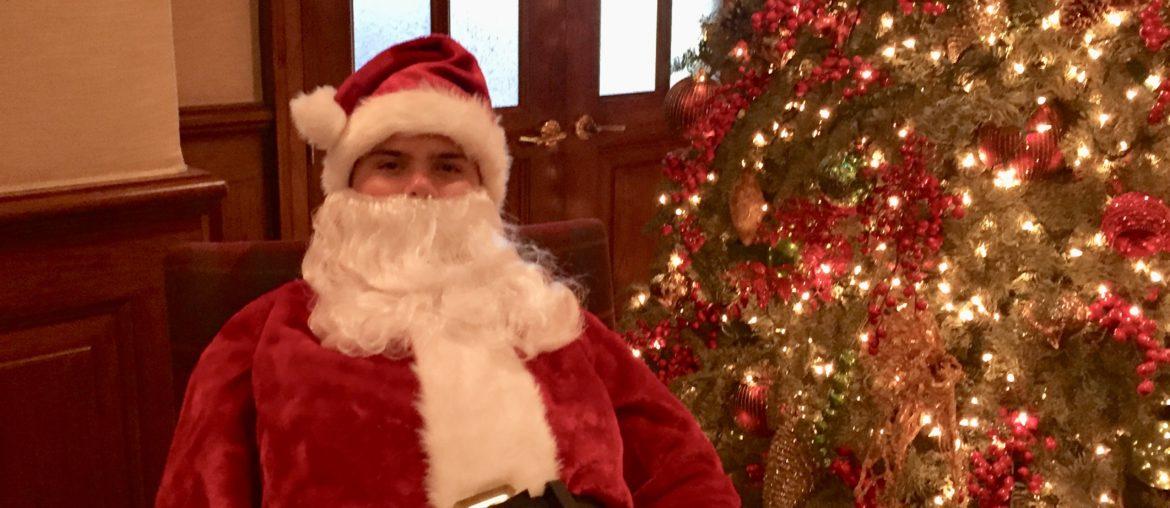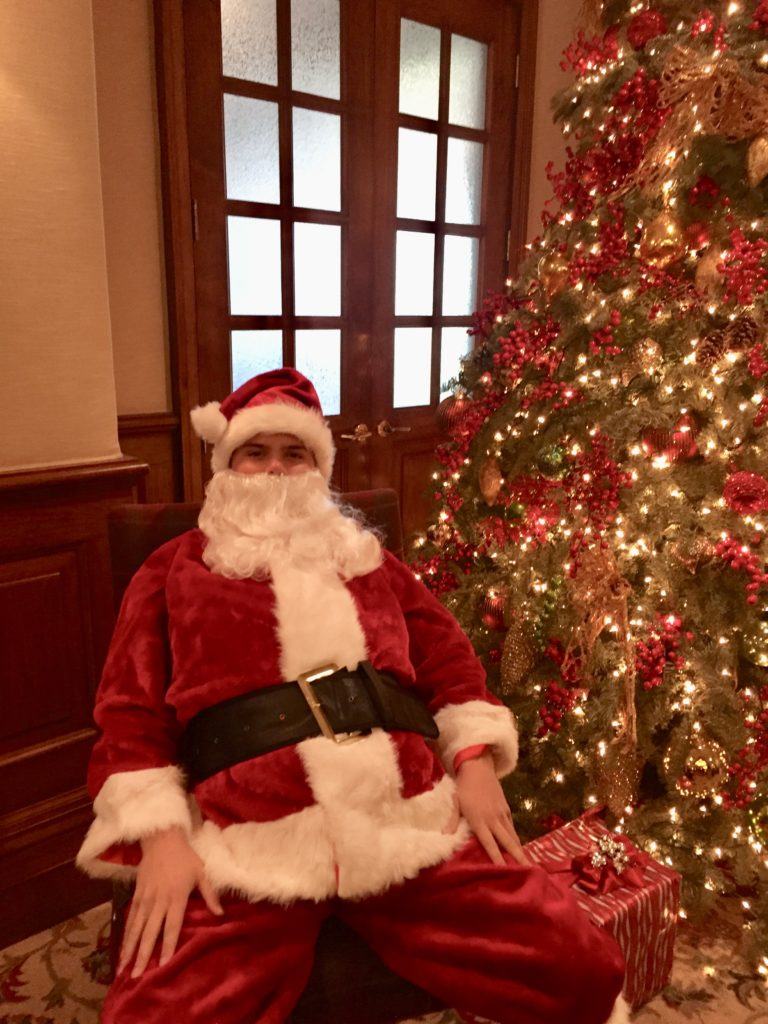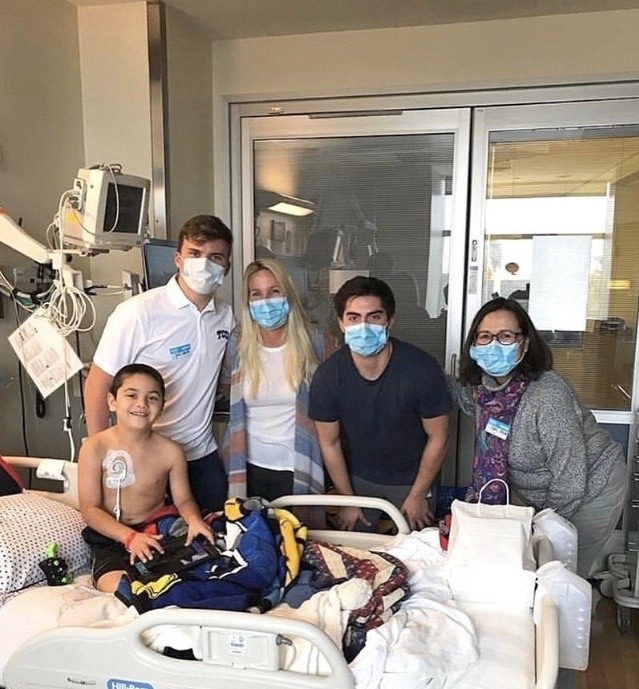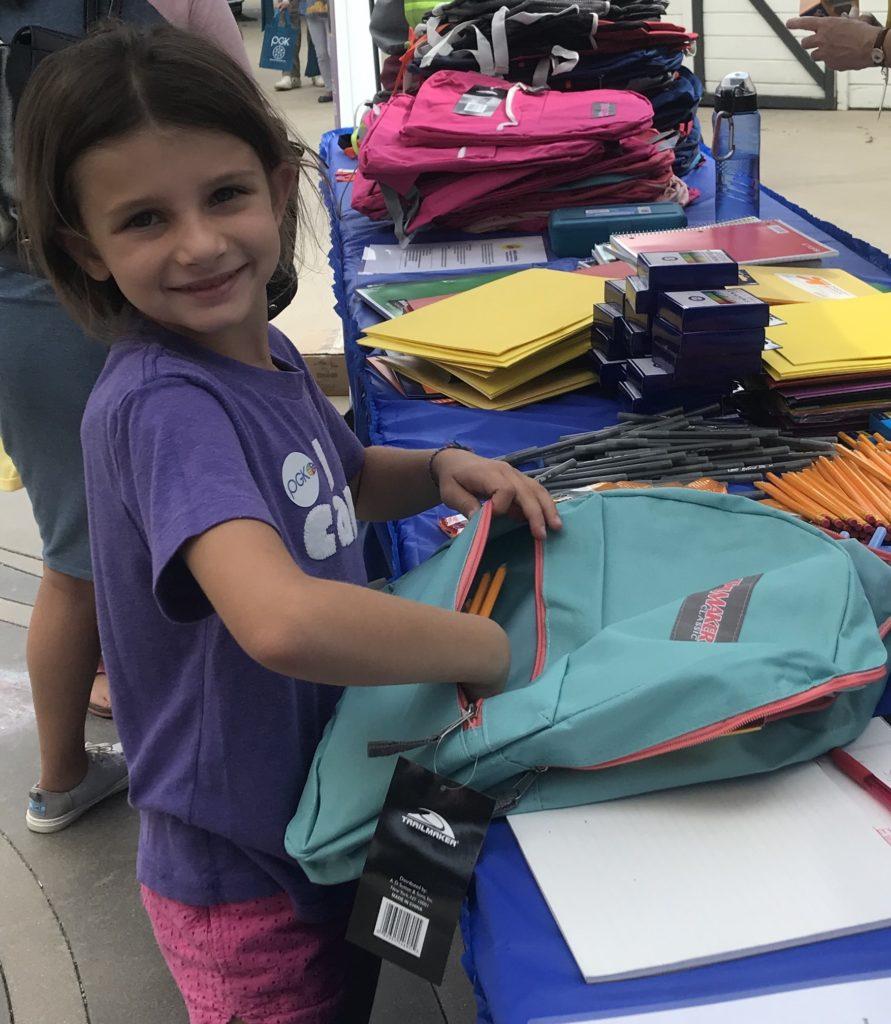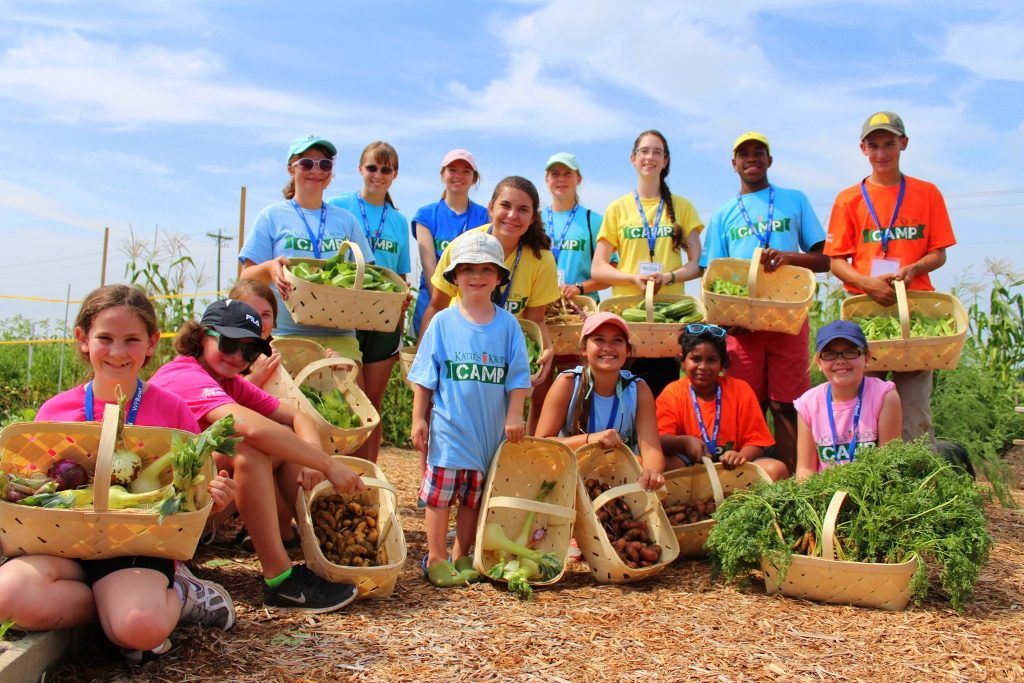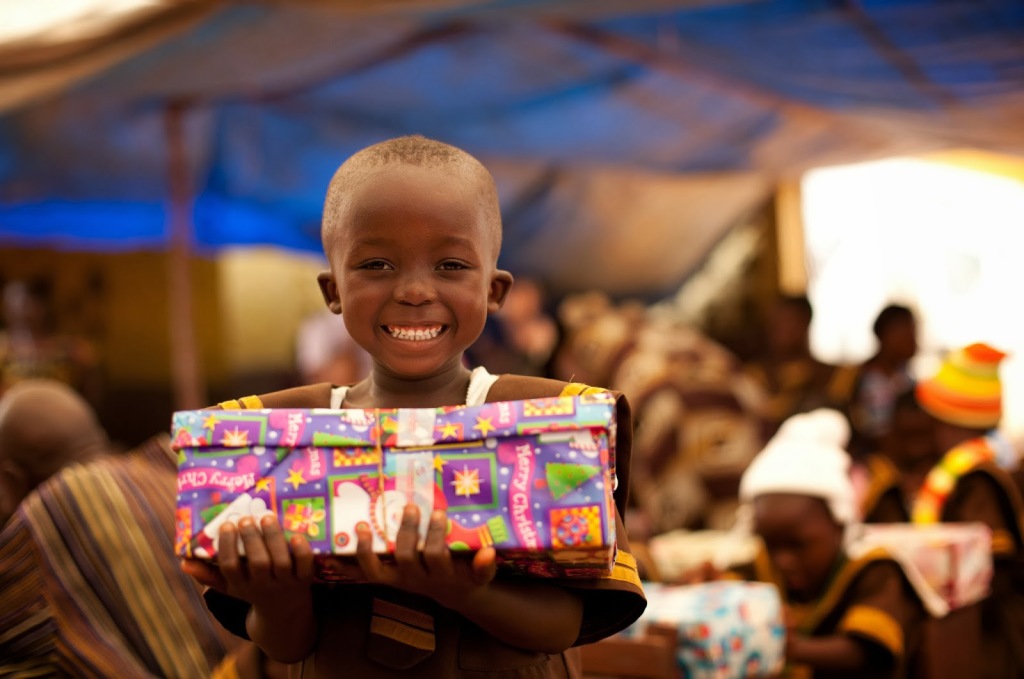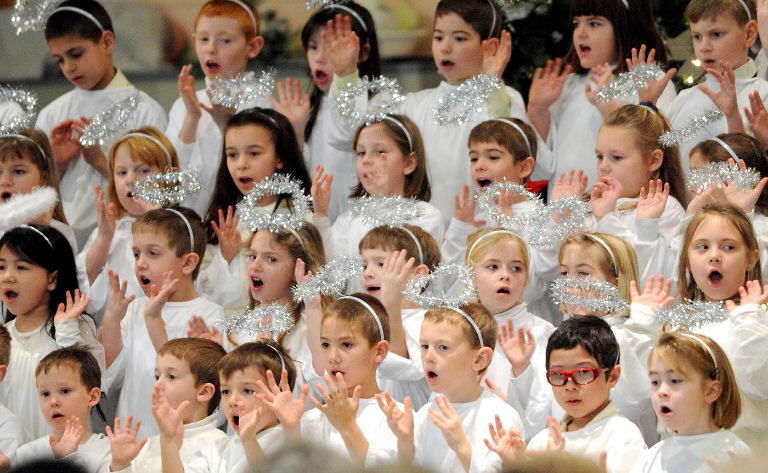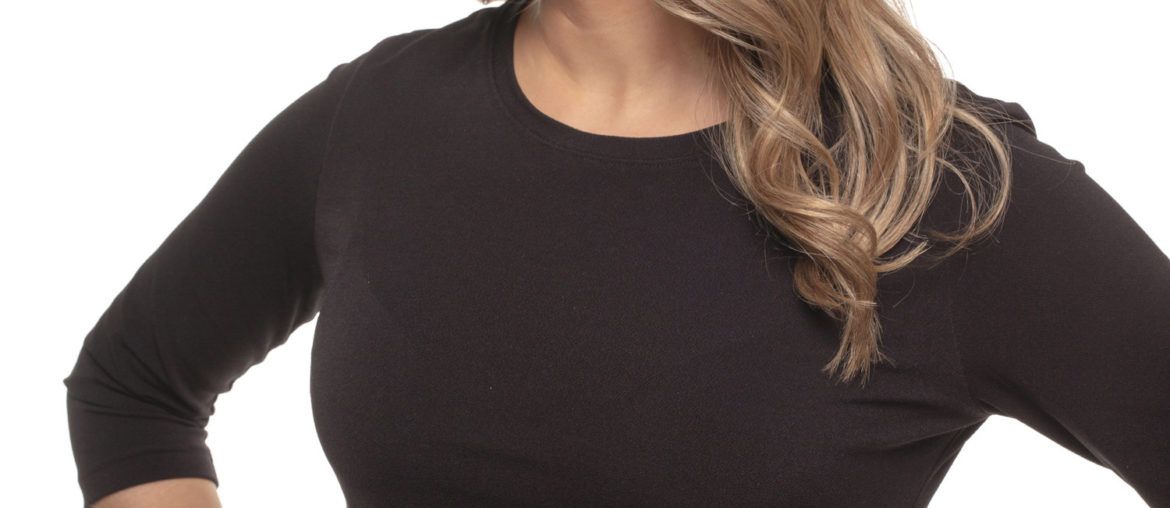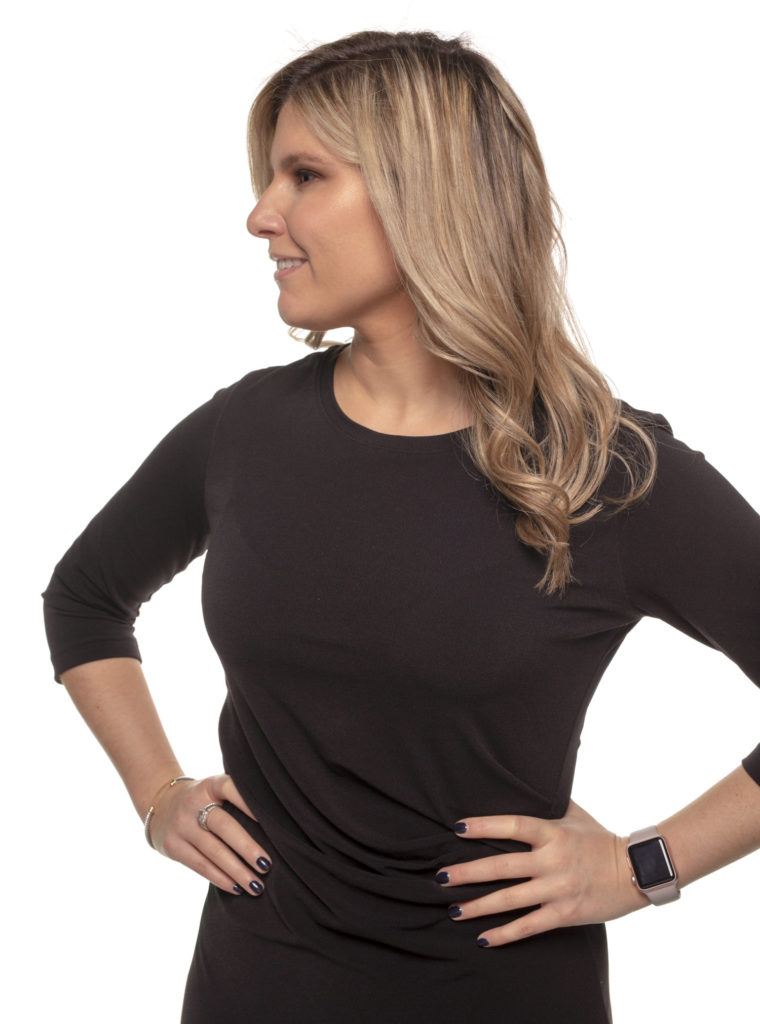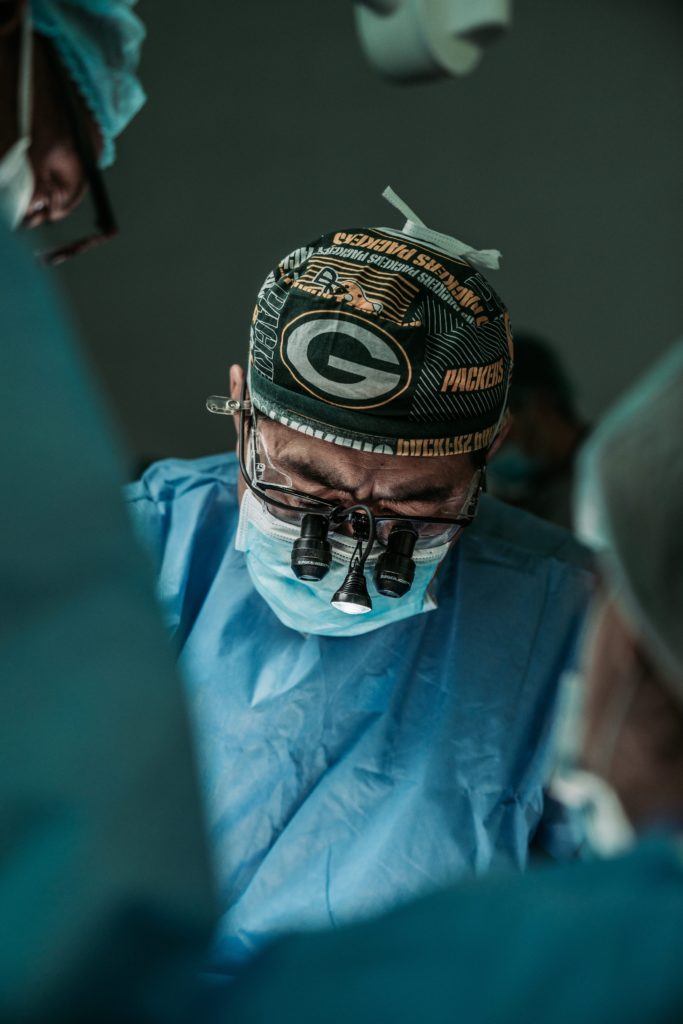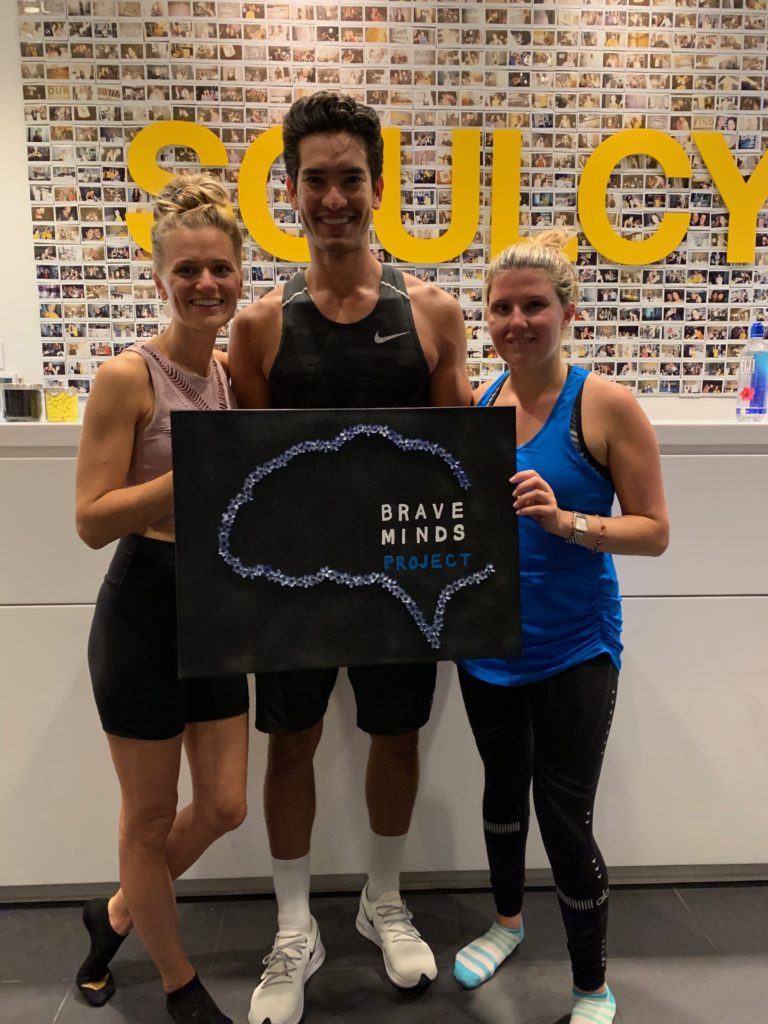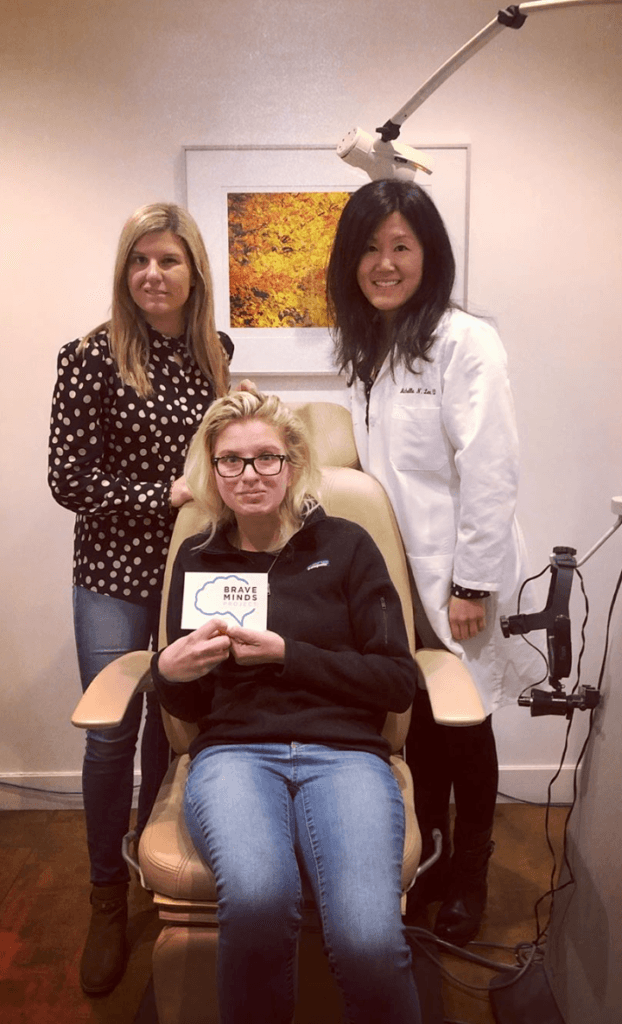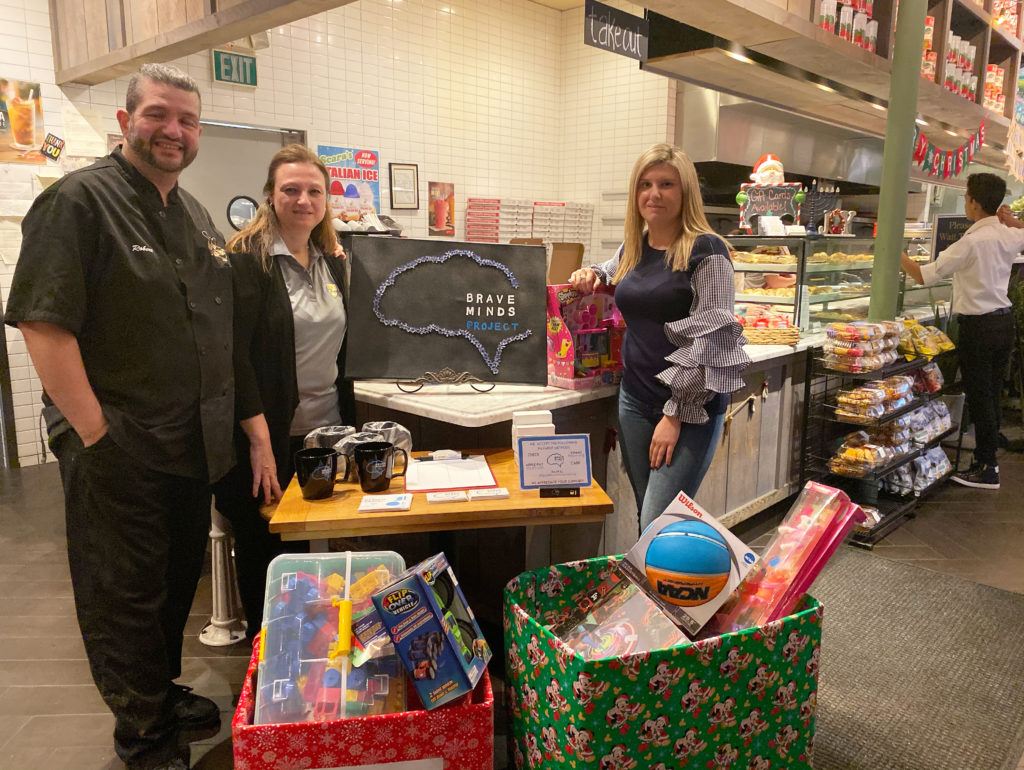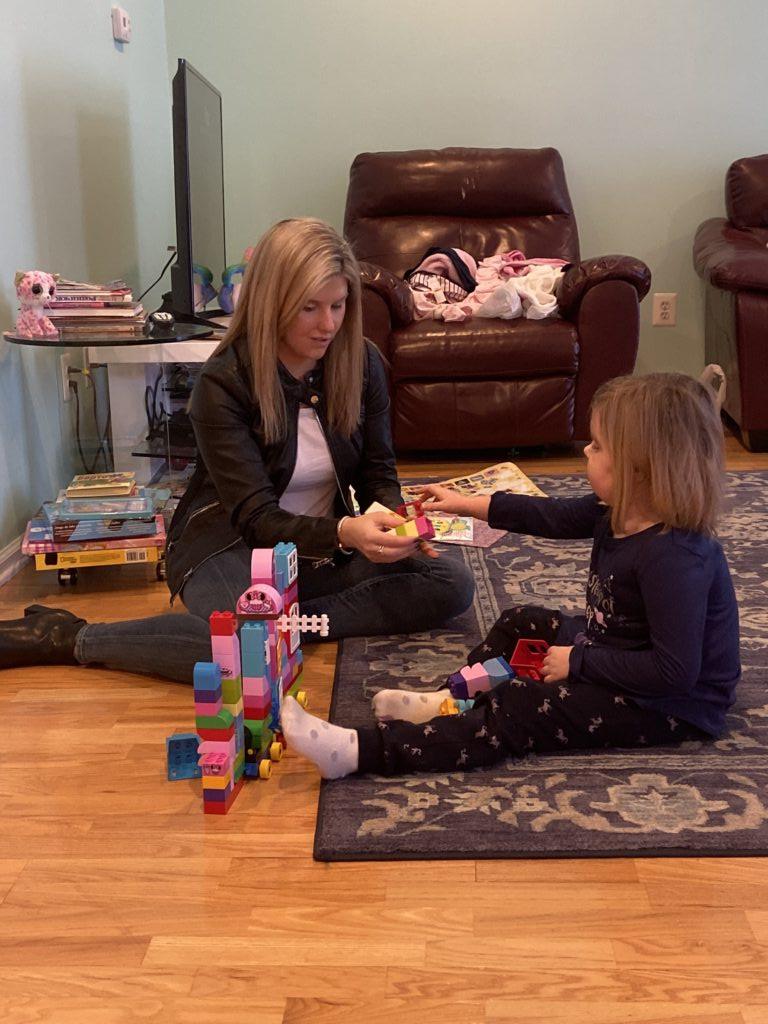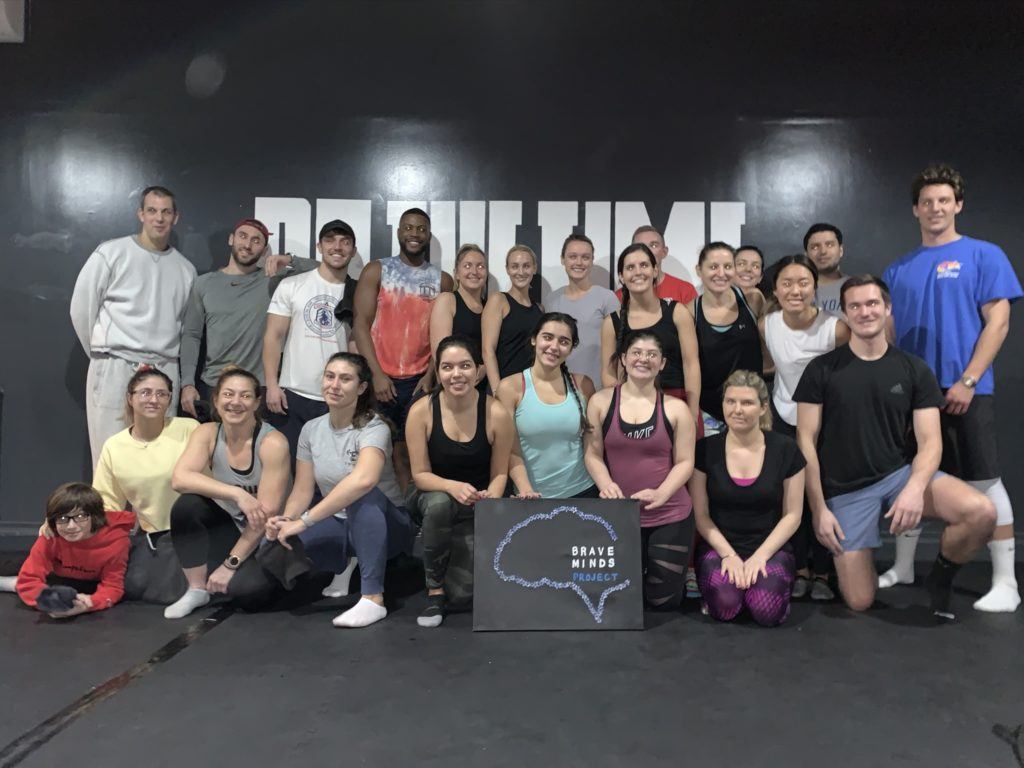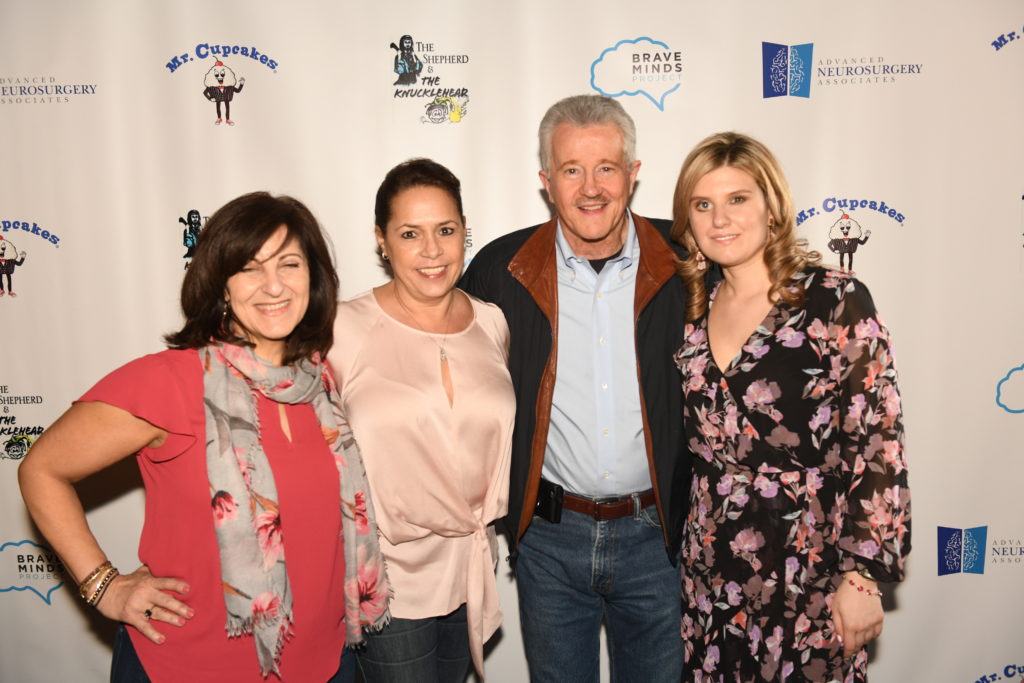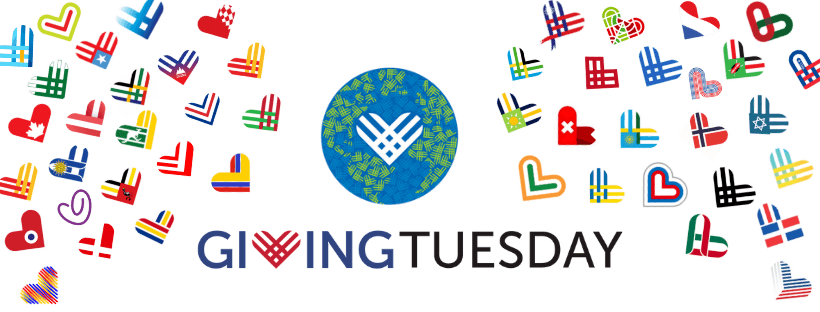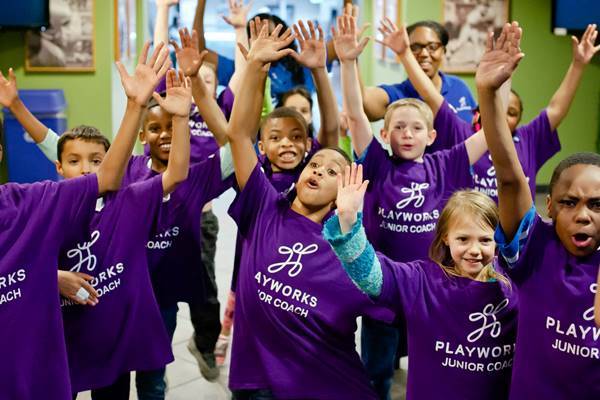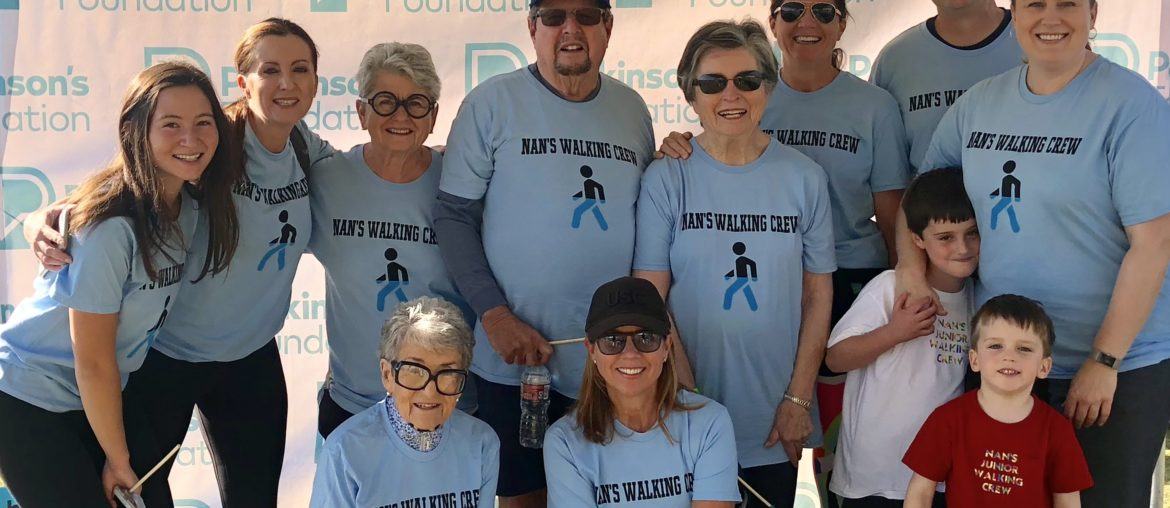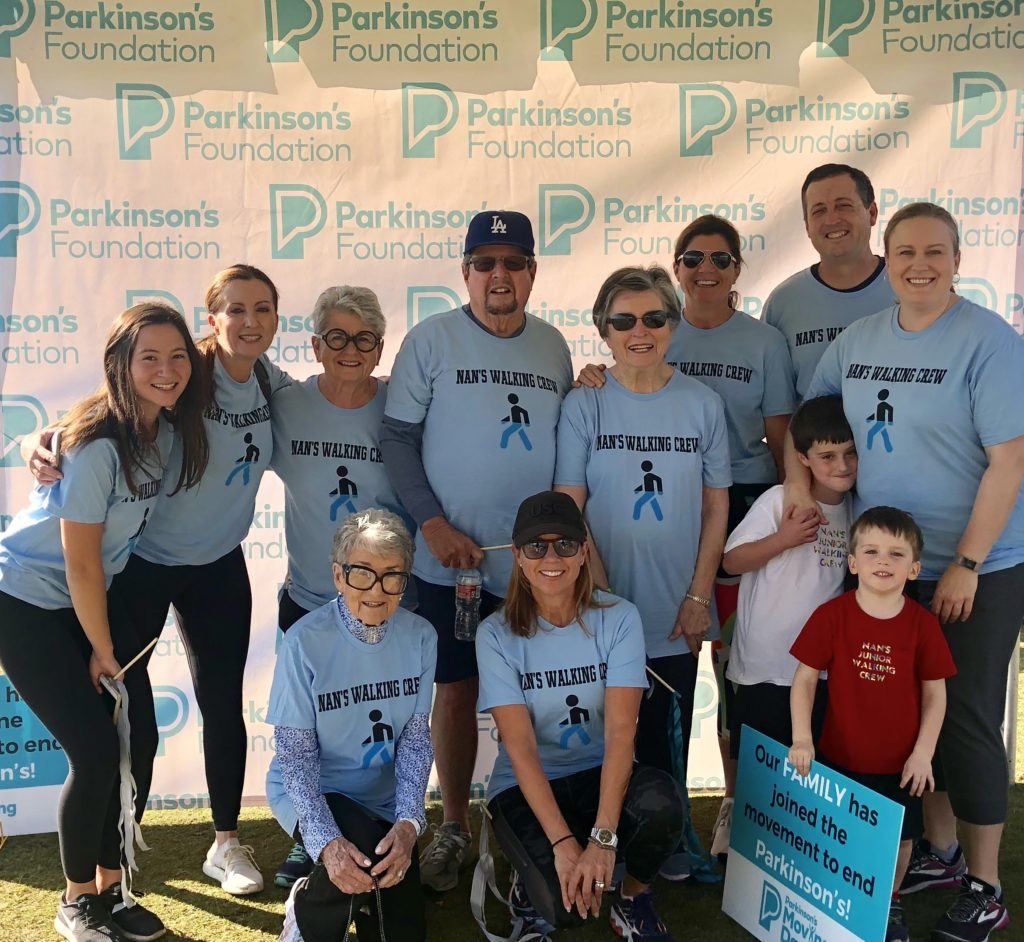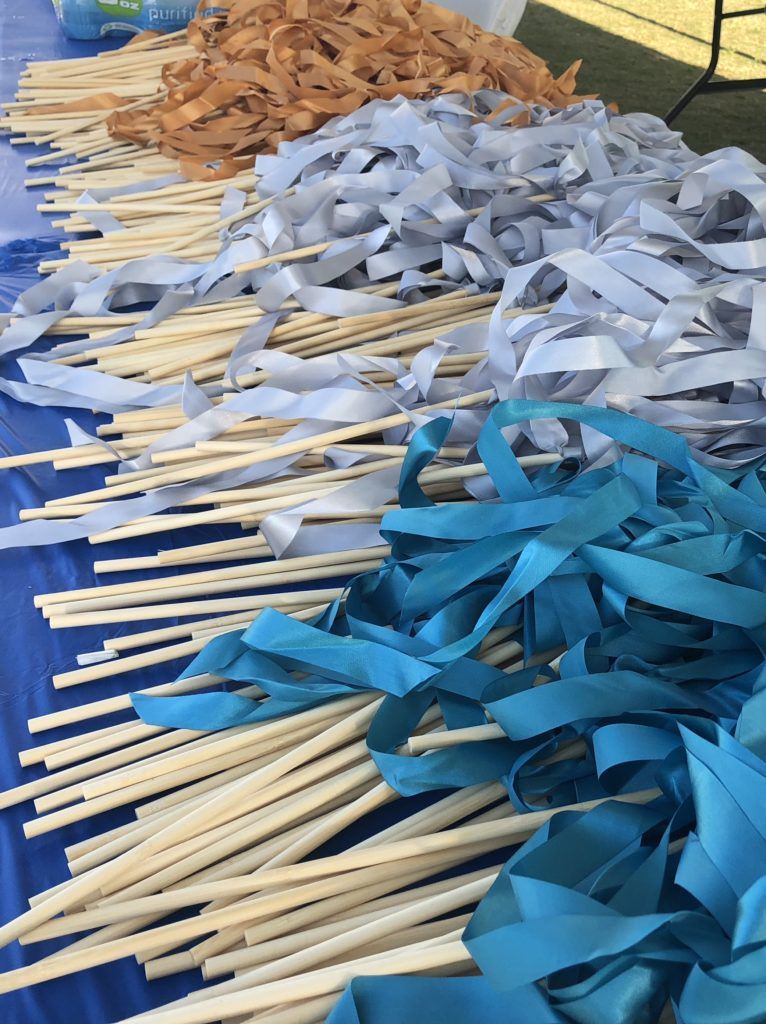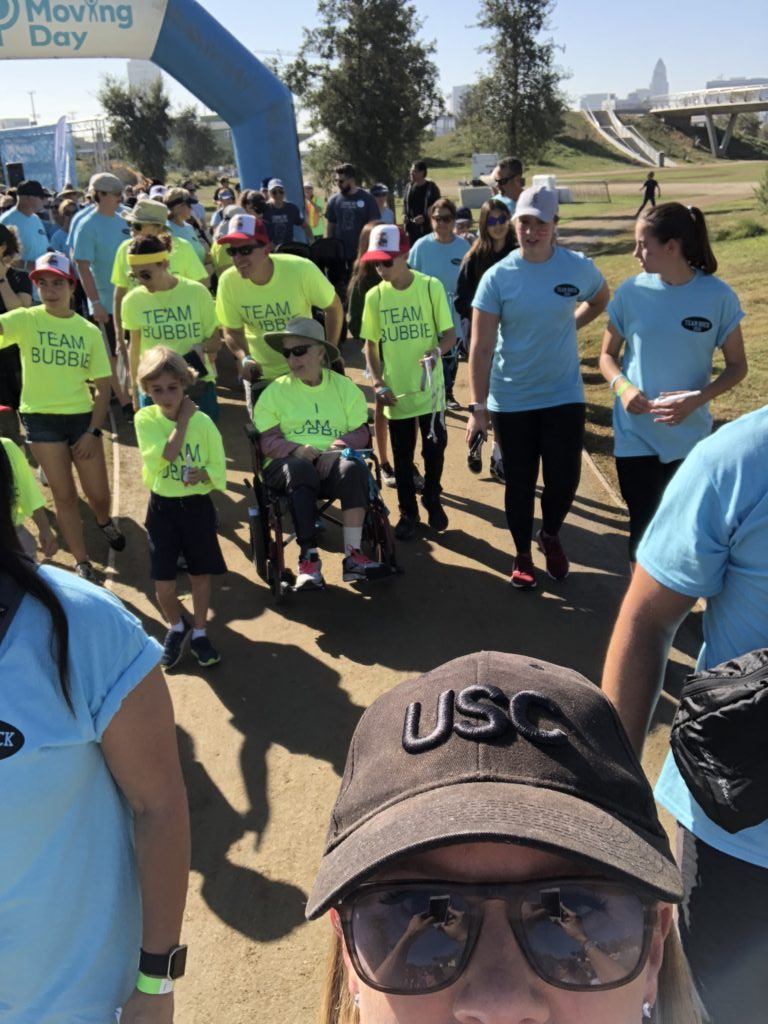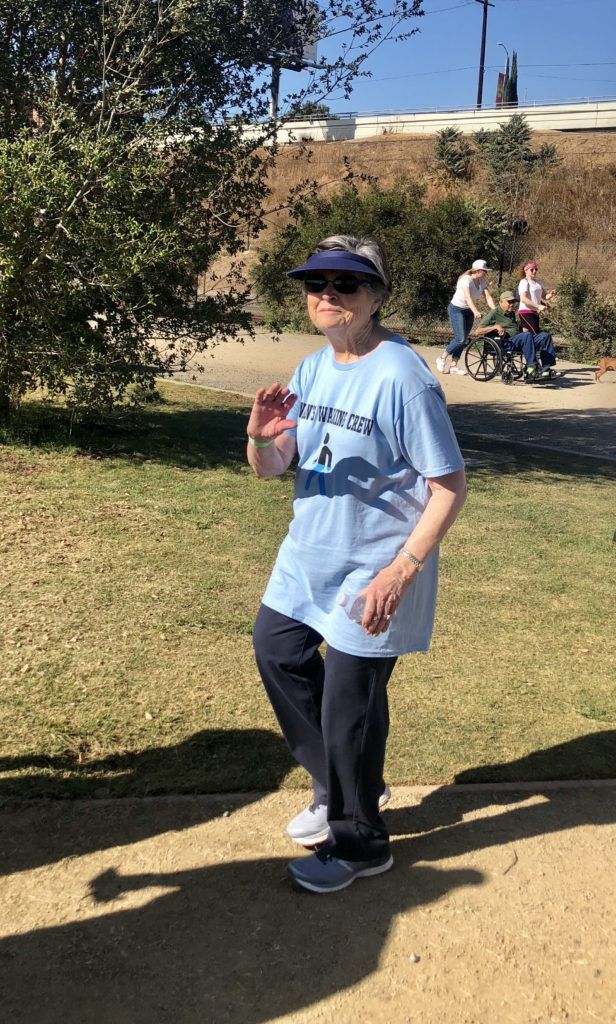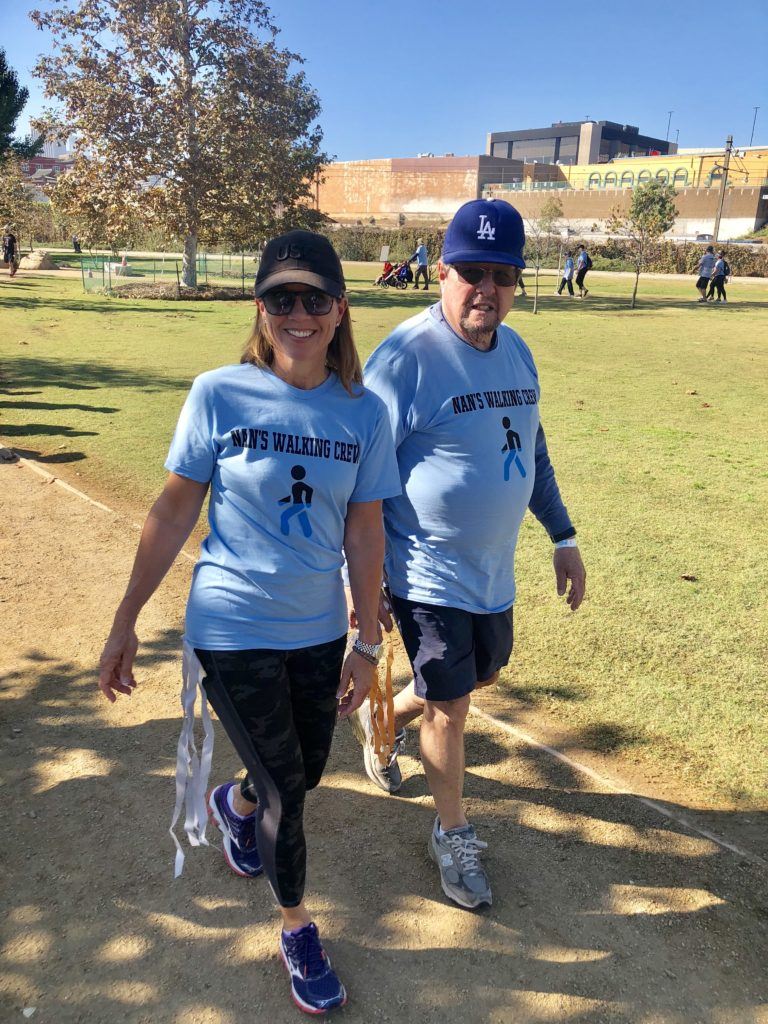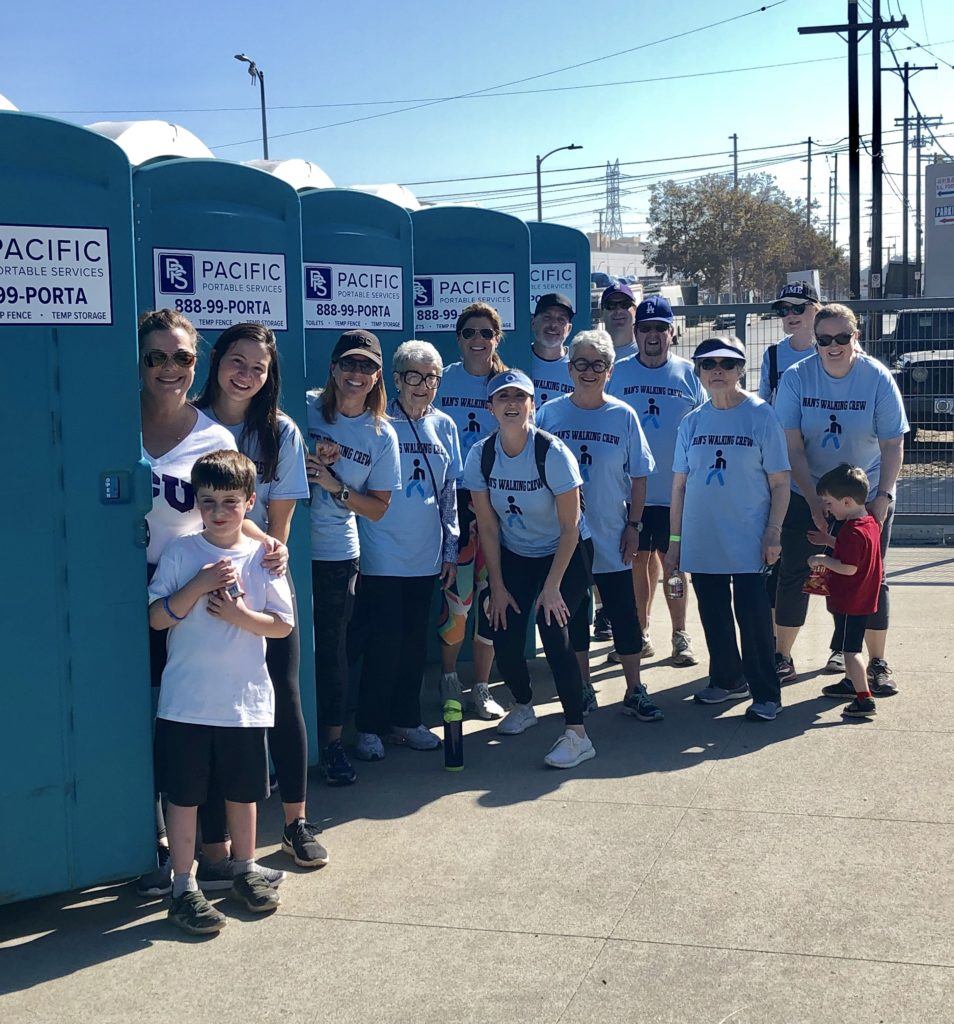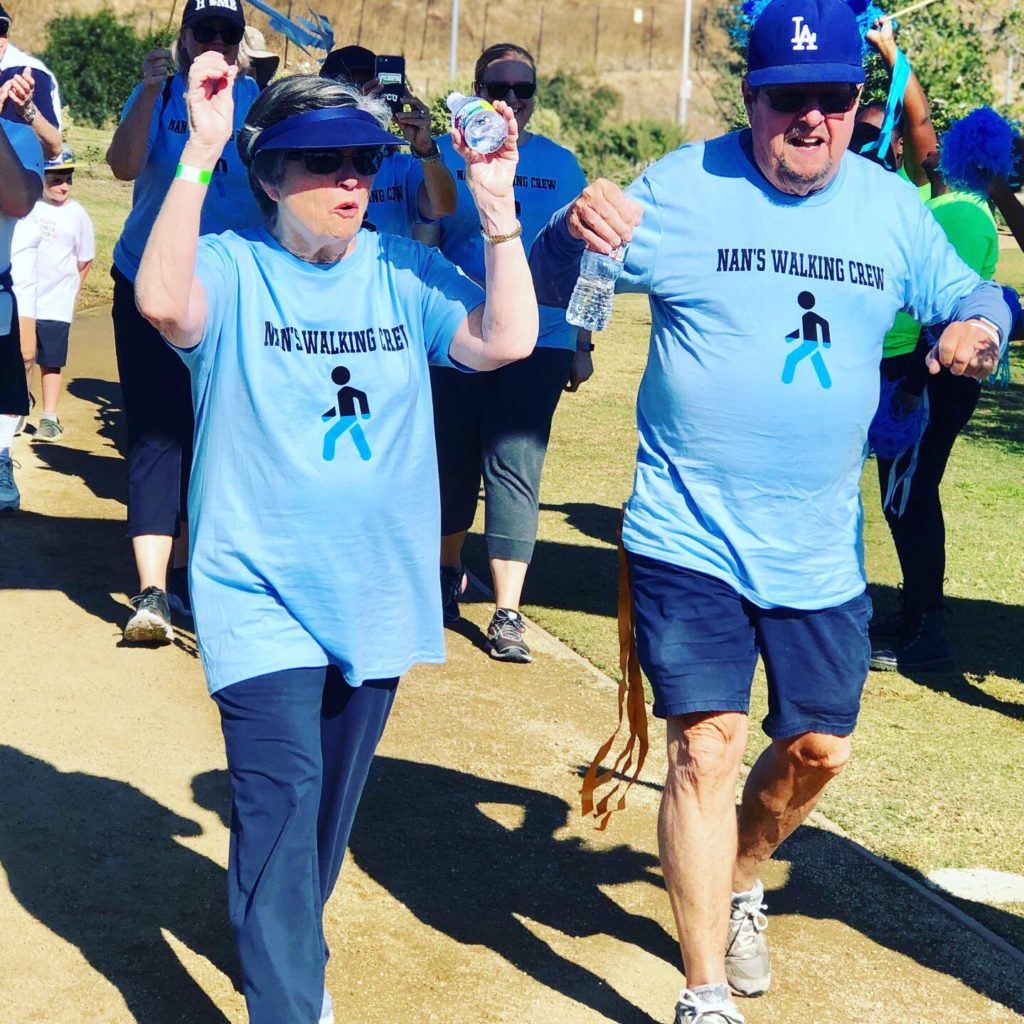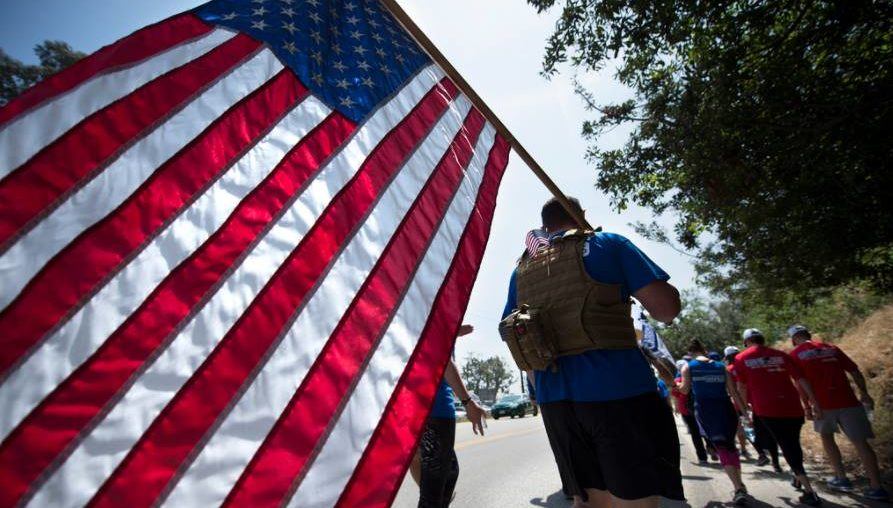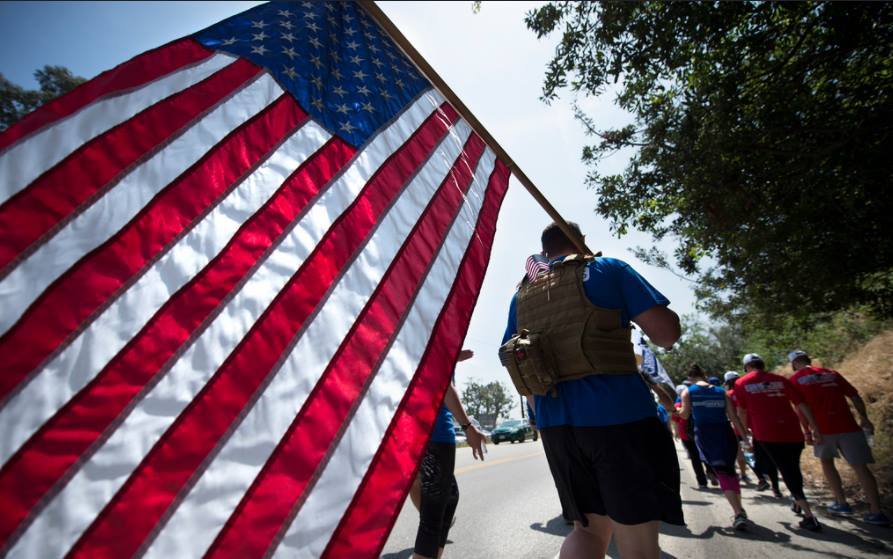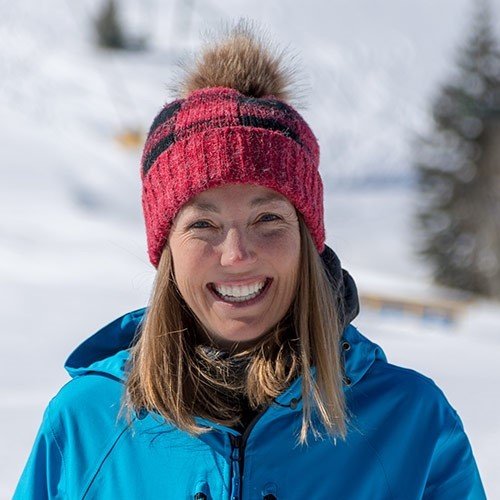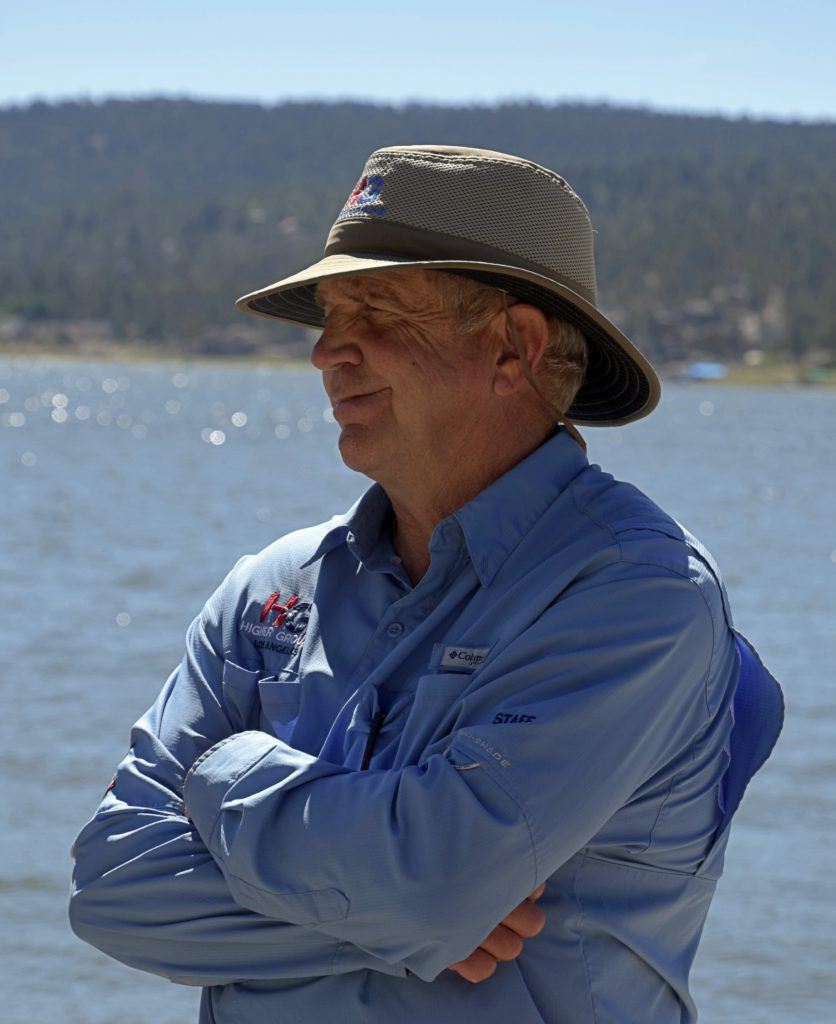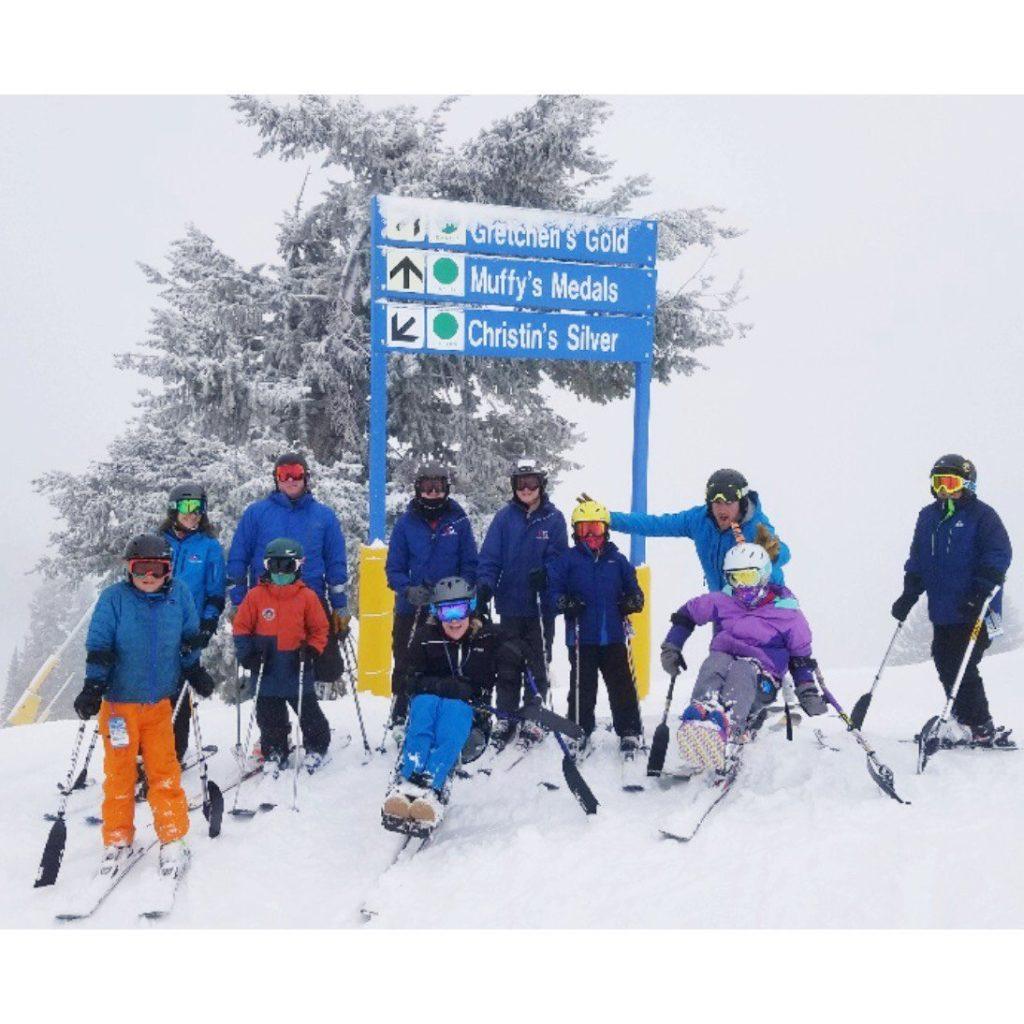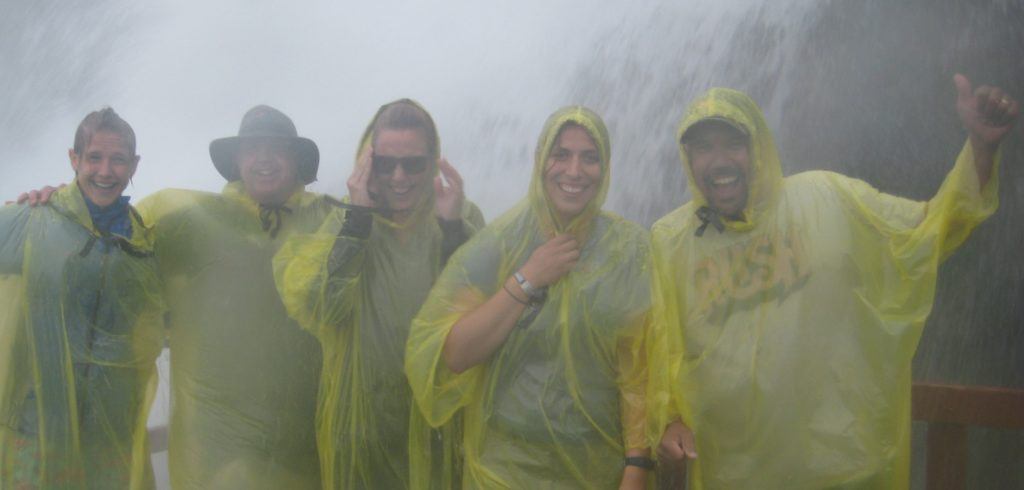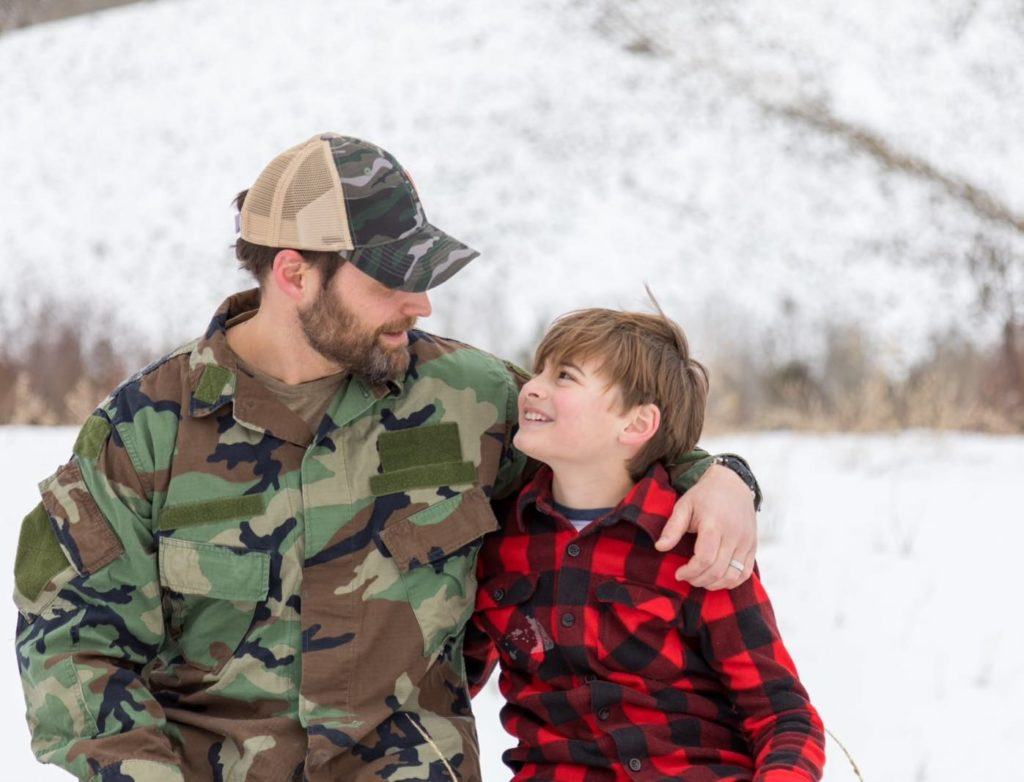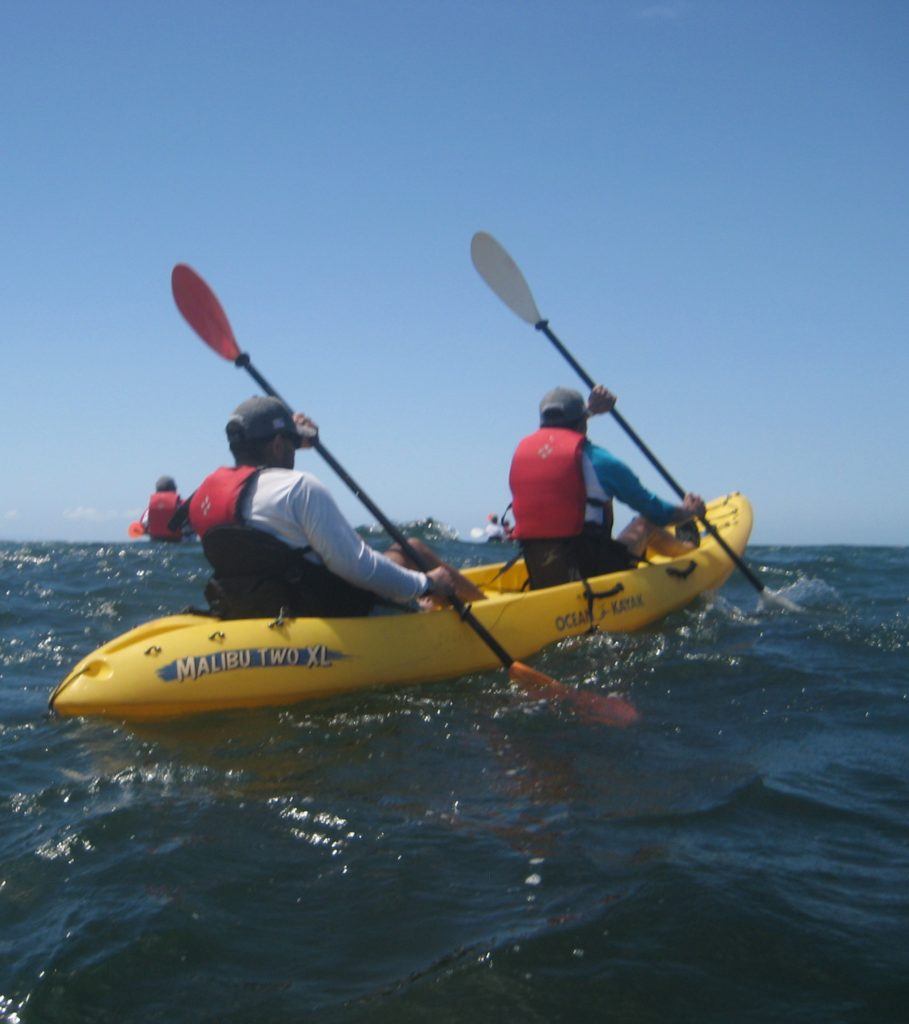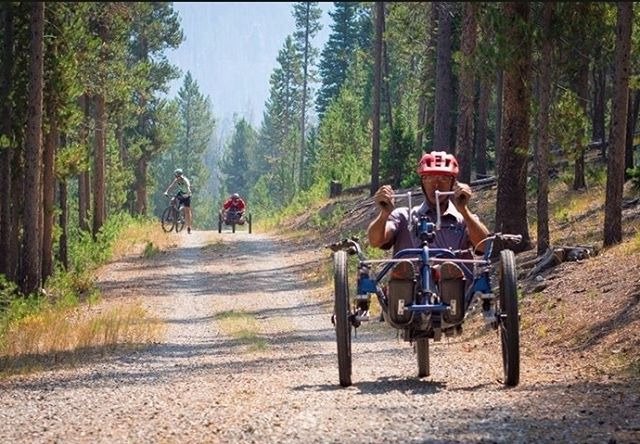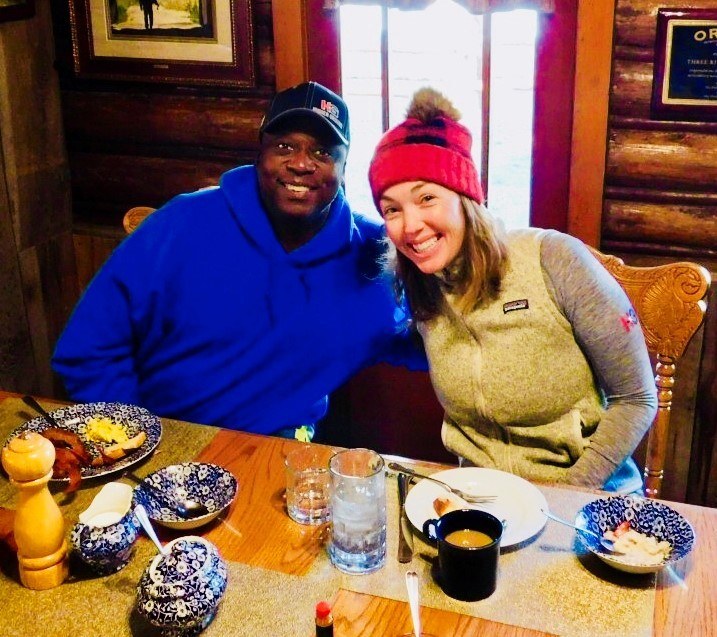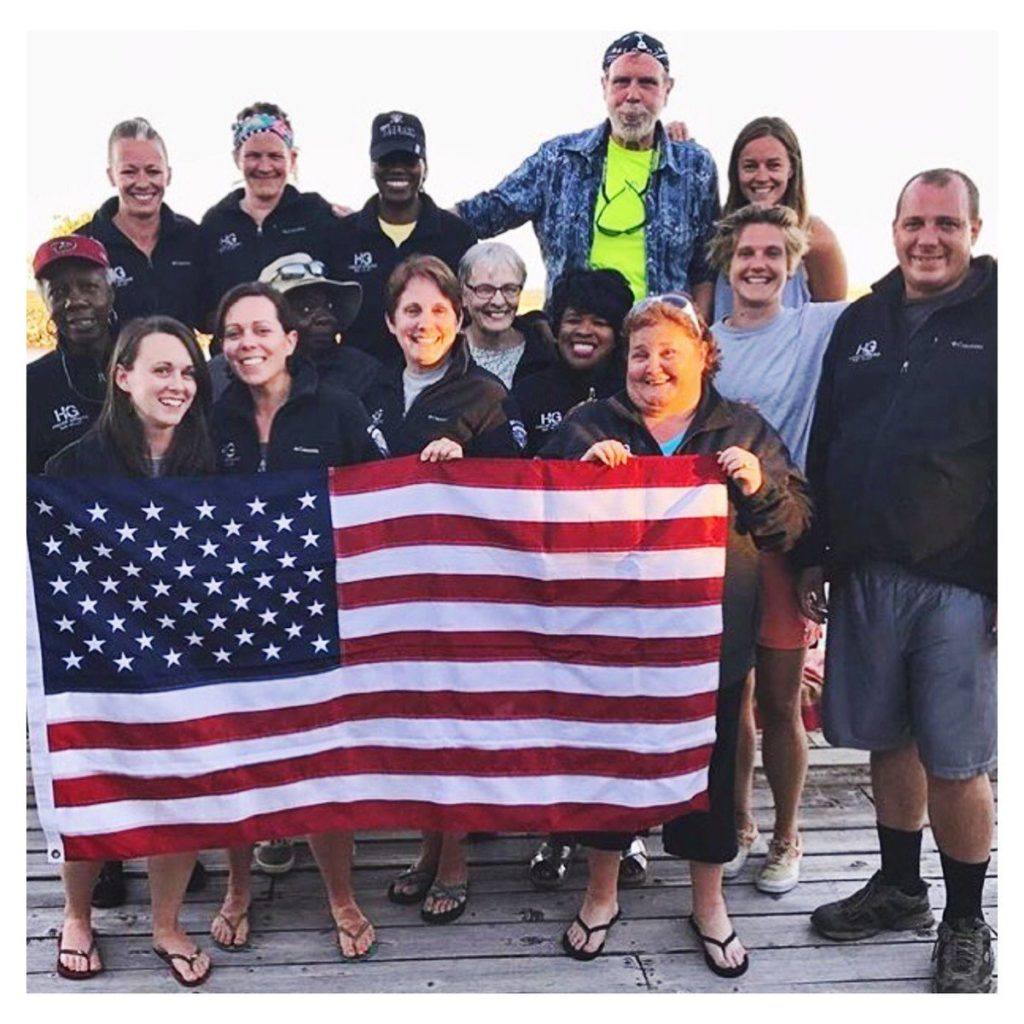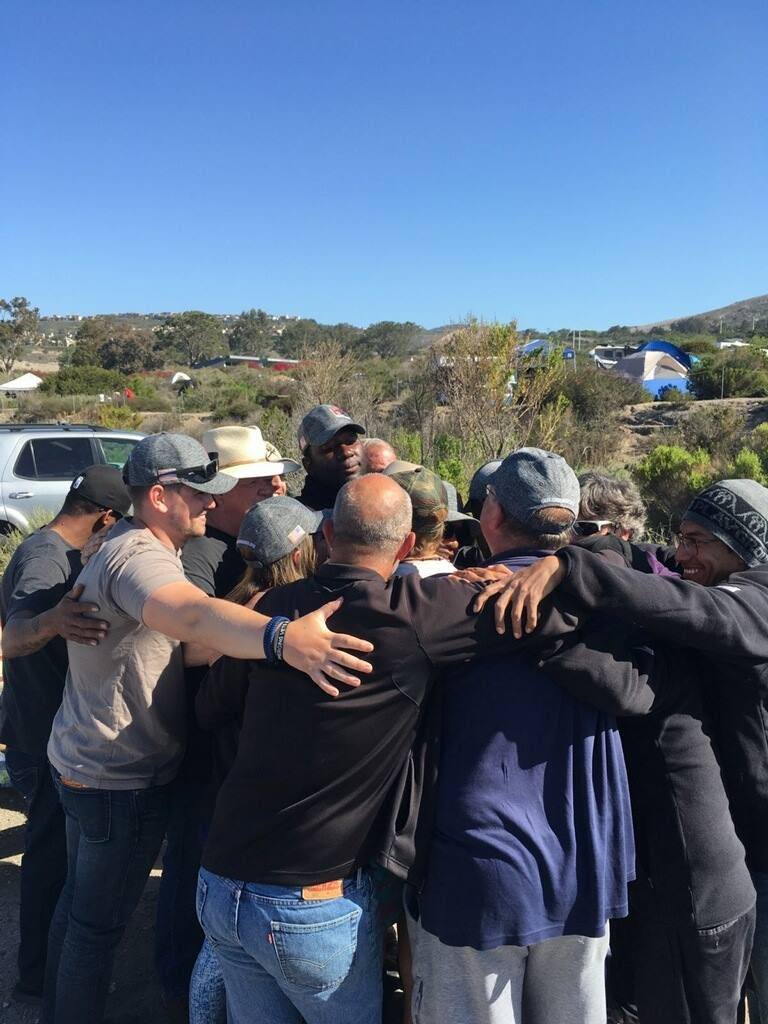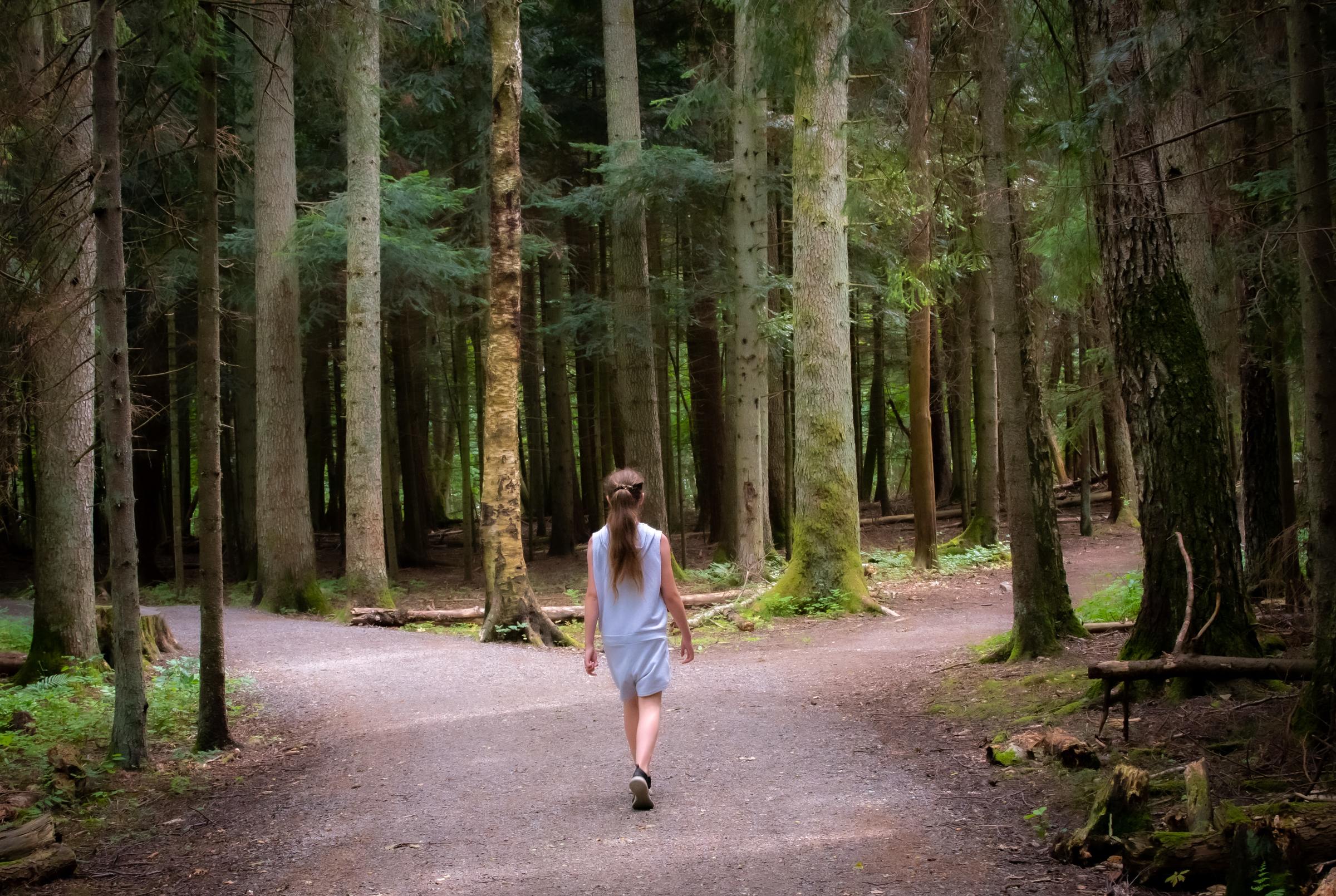
If ever an organization’s name describes how we all feel right now, it is Crossroads. Every one of us is at a crossroad, we are not sure what our future holds? What is going to happen next? Which way to go? We have all been in lockdown, and while our homes certainly are not prisons it can feel that way at times. We all miss our lack of freedom and the mental toll that this pandemic has taken on us. Many of us are stressed, have financial uncertainty, and are not really sure what the world looks like when we “get out” of our shelter in place.
A month ago I had the privilege of talking to the Minerva Award winner, Sister Terry Dodge about her amazing work with women coming out of prison. I’m excited to share our incredible conversation and recently realized that perhaps we all have a clearer insight into the topic that maybe once felt foreign. Now more than ever we need modern-day heroes and inspiration like Sr. Terry. She is certainly that and so much more.

Charity Matters: Tell us a little about what Crossroads does?
Sister Terry Dodge: We work with women who are coming out of prison. I say it all the time I work with women I don’t work with murderers or thieves, or prostitutes. I work with women. That is the basic premise and everything moves from that point forward. People who need another channel. People need to be able to change and believe people can change if they have the opportunity. A quote that the board has latched on to that I had coined,” we love the women until they’re able to love themselves.” And it really captures what we do.
When people are being their absolute worst, we continue to love them. And that’s what they find so hard. We’re tested with what we say and there’s nothing you can do that’s gonna get us to stop loving you.
Charity Matters: What was the moment you knew you needed to be a part of the work at Crossroads?
Sister Terry Dodge: As you know, my brother was in and out of jail in prison for pretty much the 12 years that I was teaching and in education, but I can remember very distinctly thinking it was during the summer of 1985 and we were at a beach down in San Clemente. I remember lying in bed and thinking, wouldn’t it be great if there was a place where people could go where they were not judged on their past but looked at what they wanted to do, who they wanted to become? A place that would listen to the hopes and the dreams because that’s what I wanted for my brother.

Charity Matters: When Did Crossroads start and how did you get involved?
Sister Terry Dodge: I came 15 years after Crossroads had started, in 1989. And I did not start it, it was started by a couple who had a dairy farm that was right next to the women’s prison in Corona. And they had four foster children as well as their own four children. One of the foster sons, his mother was in prison. And when she was released, they brought her to their dairy farm to live there and work until she was able to get on her feet. They did that for 10 years before Crossroads officially started.
Crossroads was just the one house on in Claremont on Harvard, six people. It was basically a group living home. It was basically sober living with supervision. And it was the best-kept secret in Claremont. What I did coming to a crossroads was I changed that mentality. If we want these women to reintegrate into the community, they need to be part of the community. And so I became, you know, visible in the community and talking about crossroads and bringing the women with me, and, you know, 30 years later we are so well-loved. It’s just amazing.
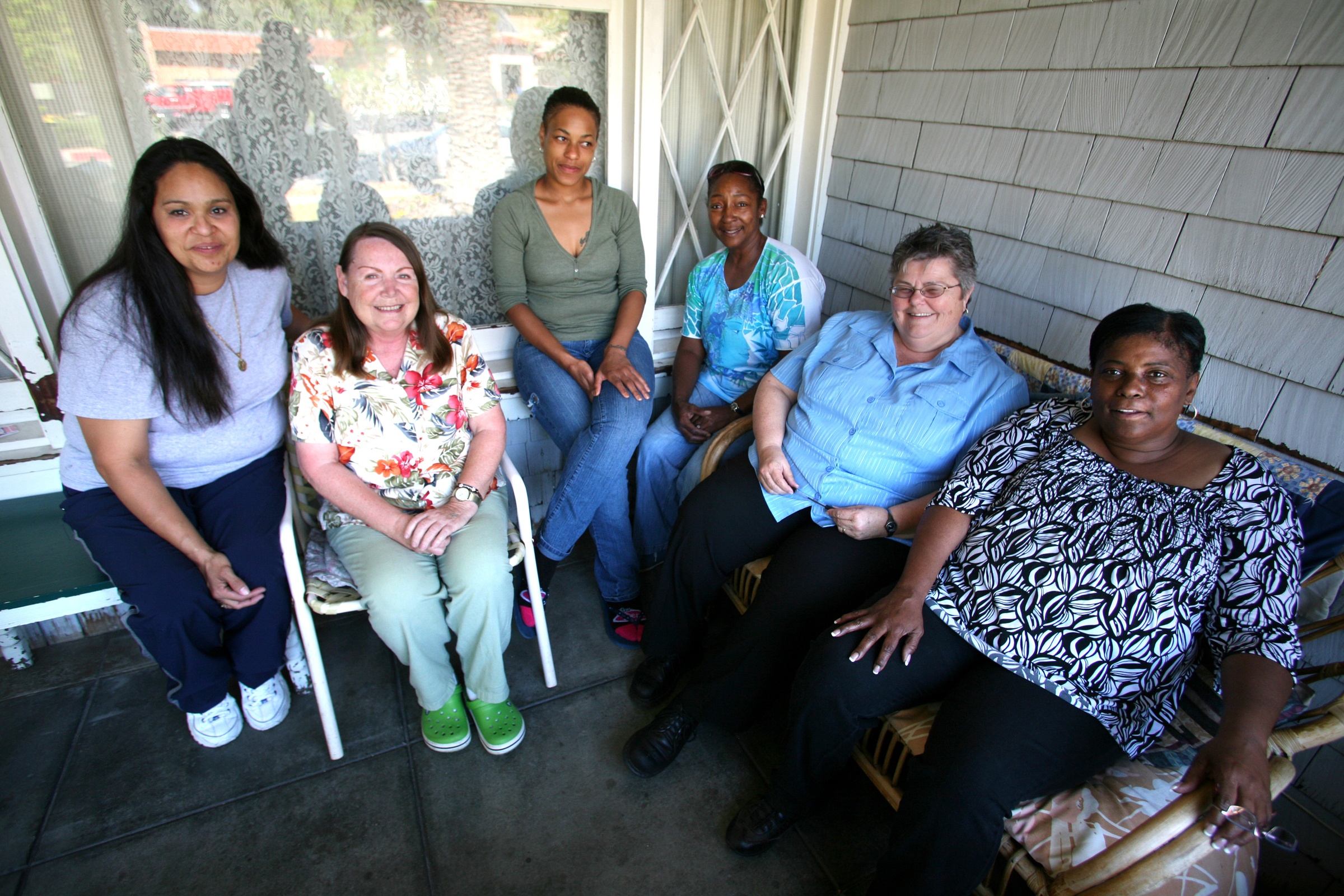
Charity Matters: What are your biggest challenges?
Sister Terry Dodge: There are still people who are, you know, not in my backyard, but that’s very few around here, but it still exists. I think the biggest challenge if we’re not talking about money, I think the biggest challenge is to change the idea of the stereotype that people have. And it’s, it’s easily done when you meet someone face to face. Right? You know, when you’re on even ground and you see this is a real person.
I often say, there’s an awful lot of really good fine people who are incarcerated. And that does not excuse the behavior or the actions that they took. But, you know, it could have been any one of us, given the circumstances being put in the exact same position, I’m not so sure I would make different choices. Right?

Charity Matters: What fuels you to keep doing this work when the bucket is heavy and there is no one to pass it too?
Sister Terry Dodge: The women, all you have to do is sit down and talk to the women. That’s all I have to do. And I know why I get up the next morning and pick up the damn bucket.

Charity Matters: When do you know you have made a difference?
Sister Terry Dodge: You know, I can think of a couple of different times where for example, the contracts that are put out for working with the formerly incarcerated by the Department of Corrections. There are elements in those contracts that are mandatory requirements by the Department of Corrections and one of the things is that the client must save 75% of earnings. That is a requirement as a part of the contract, right? We have been doing that for years. That is our requirement that they took. Volunteering has always been a part of our program. That is now a requirement also. We know that we are a valued agency, by the way, our funders show us off.

Charity Matters: Tell us what success you have had? What has your impact been?
Sister Terry Dodge: I measure impact with the graduates of our program. In August, we typically have a backyard barbecue for the graduates and the alumnus, and they love telling the women who are at Crossroads now stick with it. They share what they are doing and how their lives have changed.
Last August, Cheryl was there and she was one of the first lifers to be released. Wow. And that initial wave, and you know, she was just trying to put into words what, what her life is today, as opposed to when she was trying to get out of prison as someone with a life sentence. And she turns to me and she says, “You know what, Sister Terry, what you taught me so well? How to save money!”
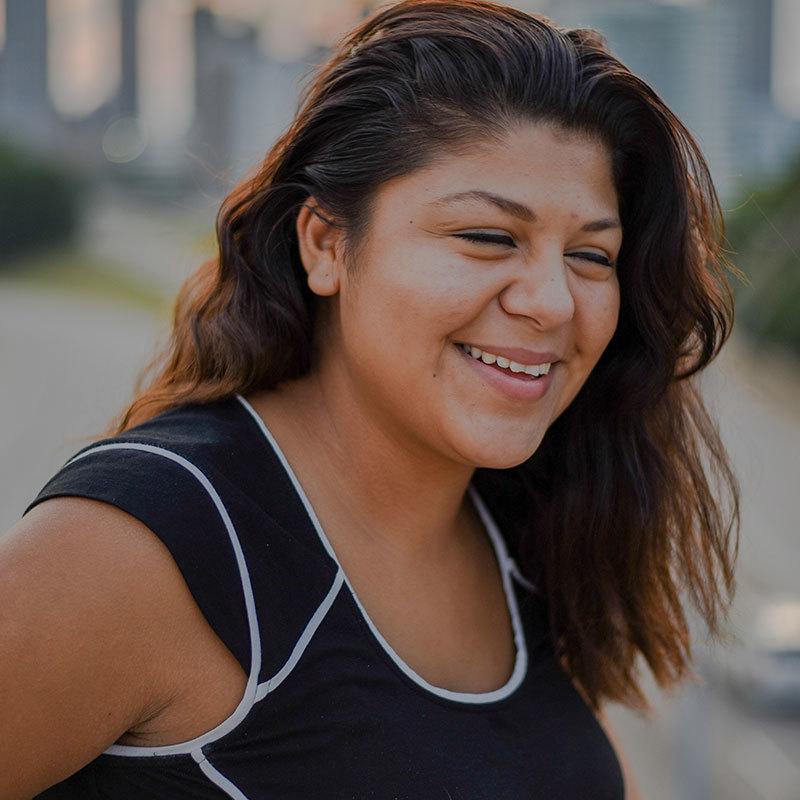
Another woman comes by probably every 12 to 16 months because she’s a local person. But again she was talking about her boys are now grown in a college. I mean, and when their boys would come and visit, oh my gosh, they were so darling. But just how happy she is in life, you know, and continuing to work the responsibility that she has in her workplace. Just valuing life. So I don’t have to talk about impact. I just have to introduce the graduates.
Charity Matters: If you could dream any dream for your organization, what would that be?
Sister Terry Dodge: We are not 100% successful but we are over 90% successful. What makes sense for the next step is not expanding the primary program where we have 12 people, I don’t want to have more than 12 people, but I want transitional housing. To me, that’s the logical next step.
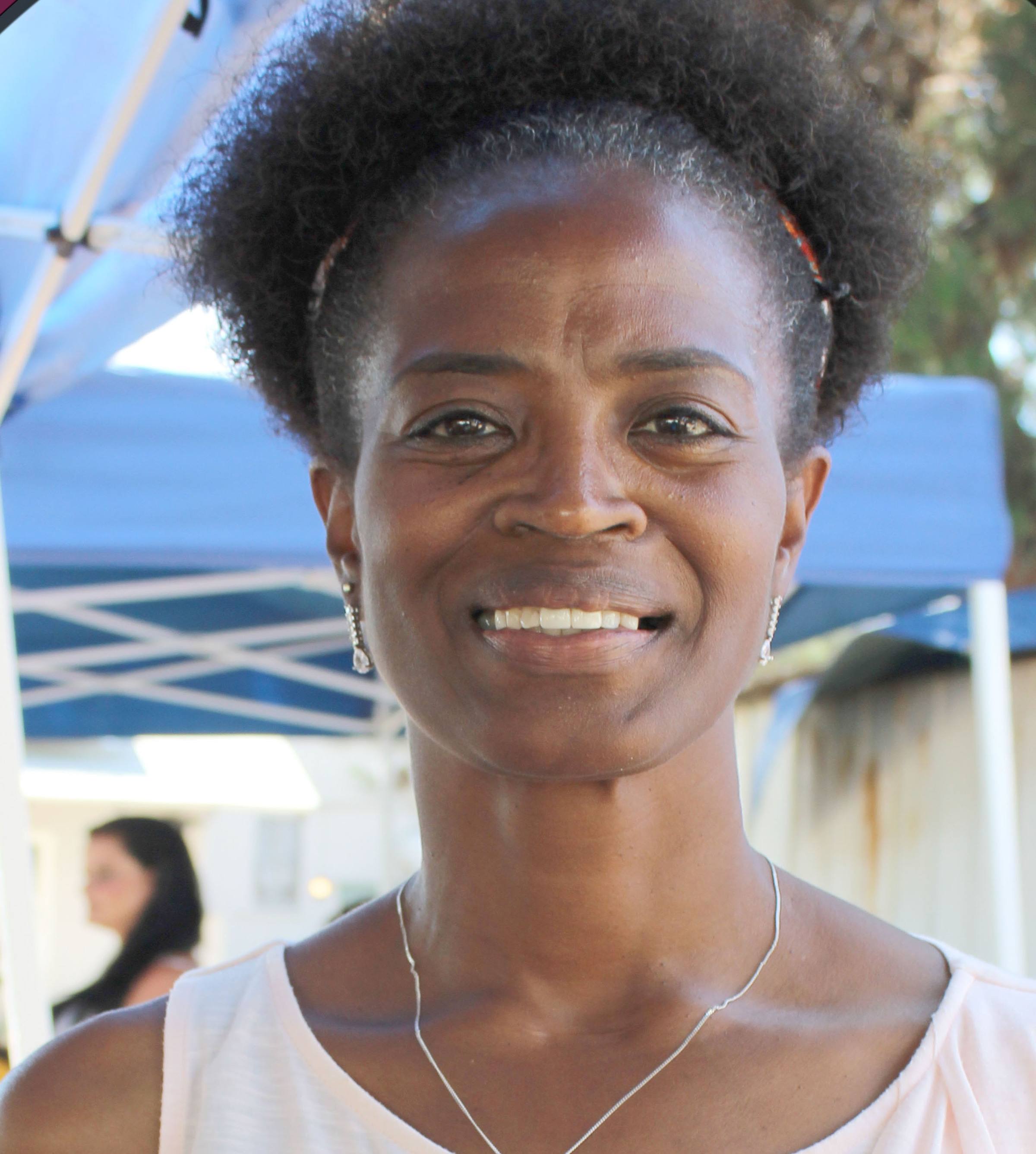
We would create a next step program for transitional housing for another six months anyway, while the women continue to save their money, where they’d be working somewhat independent, say maybe 75% independent, when they’re in the primary program there, it’s 100%. They’re dependent right now. We have found the women are successful, but it takes so long, it takes six years and the women are only with us for six months. So that is the next success.
I really see that as the long term dream. And it’s I’m more realistic about it now than I was when I first started dreaming about it because I’ve been dreaming about it all along, is the women themselves should be doing this for each other. There should be far more people doing this work who have been incarcerated and paying it forward.

Charity Matters: What life lessons have you learned from this experience?
Sister Terry Dodge: Change is inevitable. I mean look at where we are just today. Oh my god you know, I think that might be why I am good at this is because I don’t have a chance to get bored. There’s always something happening but the people that I’ve met over the years both women coming out of prison and the people associated with this kind of work. The people I’ve met as I’m trying to educate the community about this work, it’s just amazing.
I see the change in the women I see the change in the community and I see the change in myself.
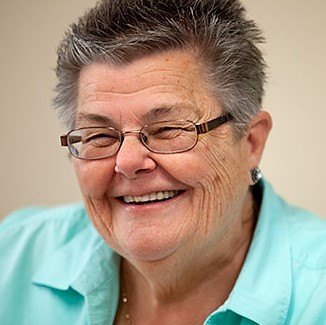
charity matters: What change do you see in yourself?
Sister Terry Dodge: Hopefully I’m better today than I was three years ago. I’m more passionate. I’m more understanding and hopefully, I still have a few good ideas.
CHARITY MATTERS.
YOUR REFERRAL IS THE GREATEST COMPLIMENT, IF YOU ARE SO MOVED OR INSPIRED, WE WOULD LOVE YOU TO SHARE AND INSPIRE ANOTHER.
Copyright © 2020 Charity Matters. This article may not be reproduced without explicit written permission; if you are not reading this in your newsreader, the site you are viewing is illegally infringing our copyright. We would be grateful if you contact us.

